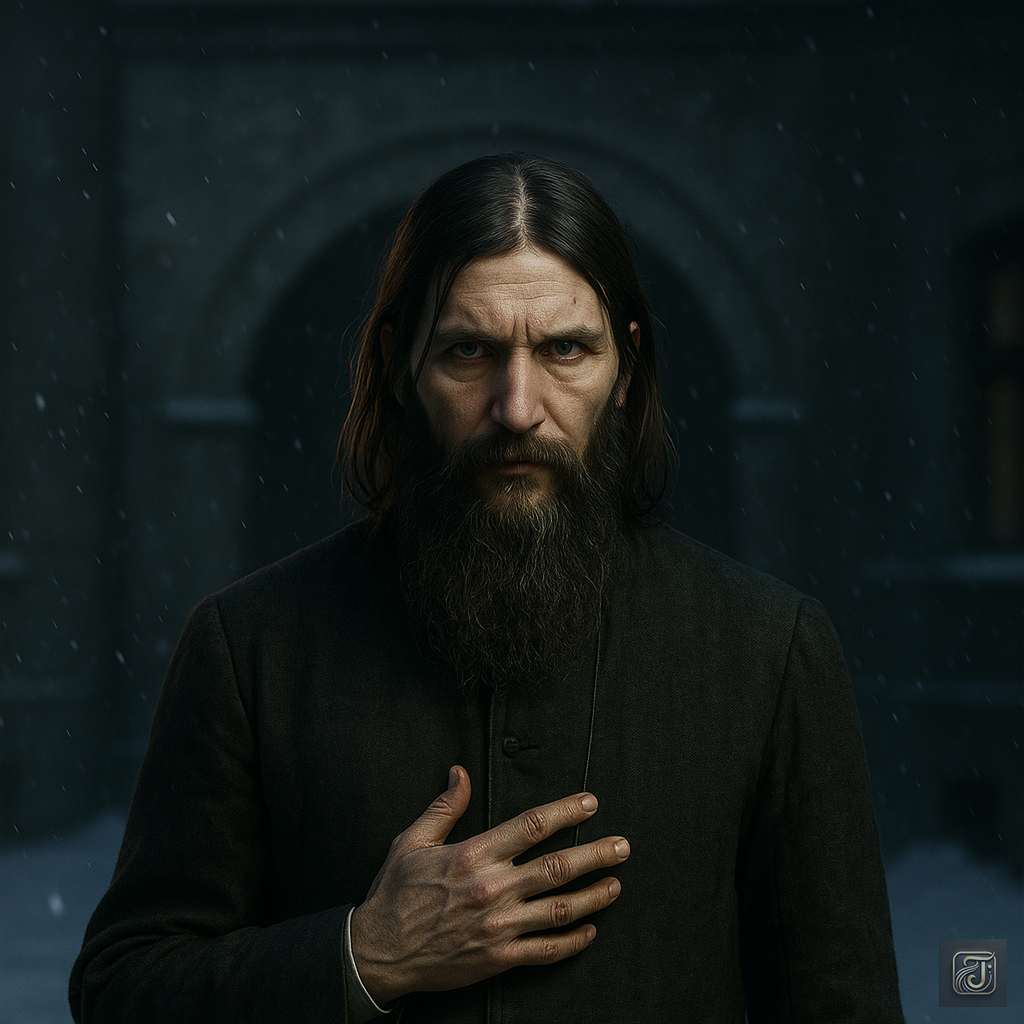
Grigori Rasputin
The Mad Monk Who Would Not Die
Prologue— The Name Whispered in Darkness —
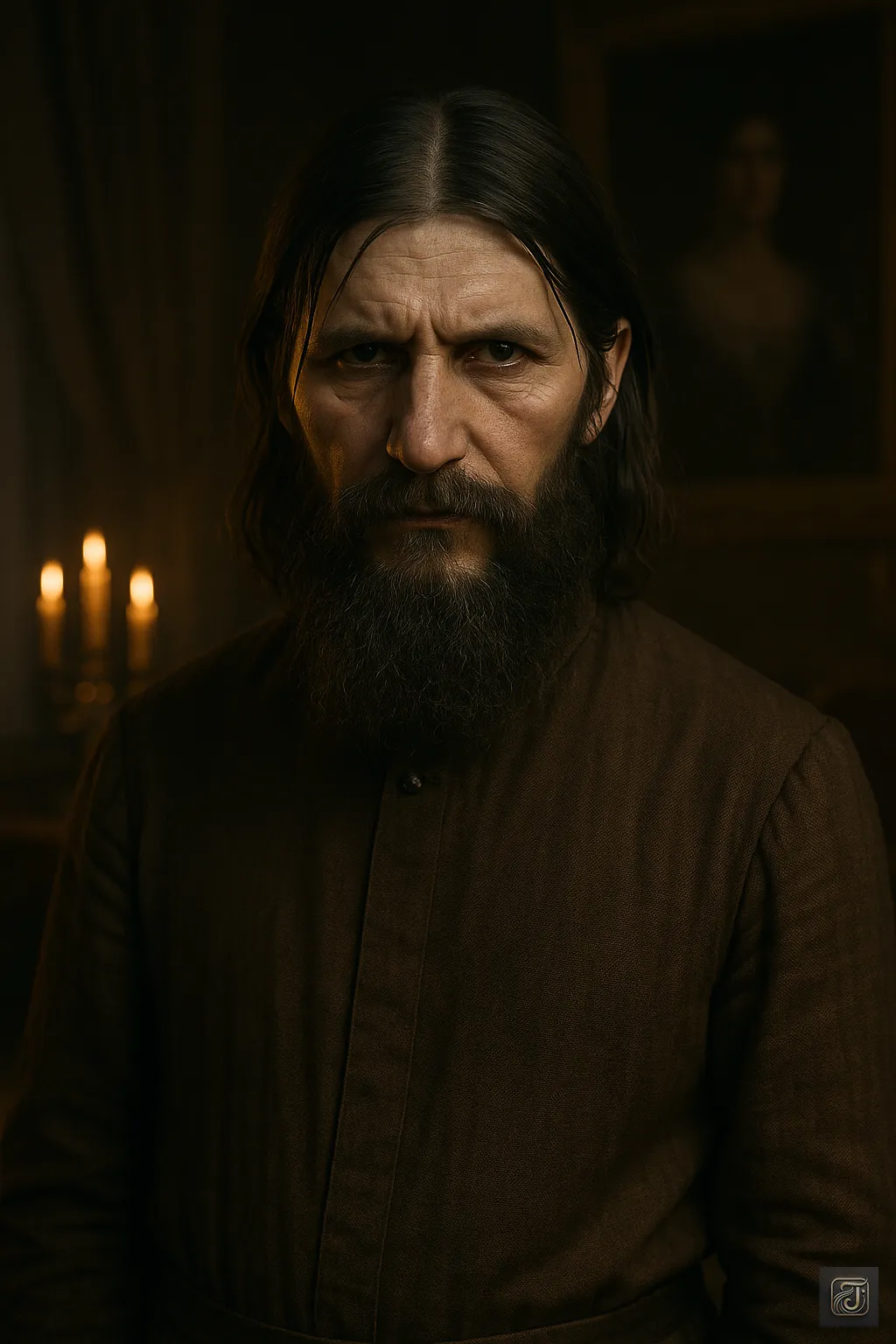
Grigori Efimovich Rasputin.
What comes to your mind when you hear this name?
A demon?
A saint?
Or perhaps, a monster?
He was once nothing more than an illiterate peasant.
And yet, he managed to win the favor of the Empress herself,
becoming a force that shook the greatest dynasty in Russia.

Men hated him, feared him,
and in the end, he was poisoned, beaten, shot, and finally cast into the frozen river.
No—let us be precise.
According to the doctor’s autopsy, the cause of death was drowning.
In other words, even after being poisoned, beaten, and shot, he still did not die.
Why was he feared so deeply?
Why did the imperial couple cling to him?
Why did so many desire his death?
This story is not only the life of one man named Rasputin,
but the very heartbeat of the dying Russian Empire itself.
Chapter 1: Born in the Darkness of Siberia (1869 – Pokrovskoye Village)
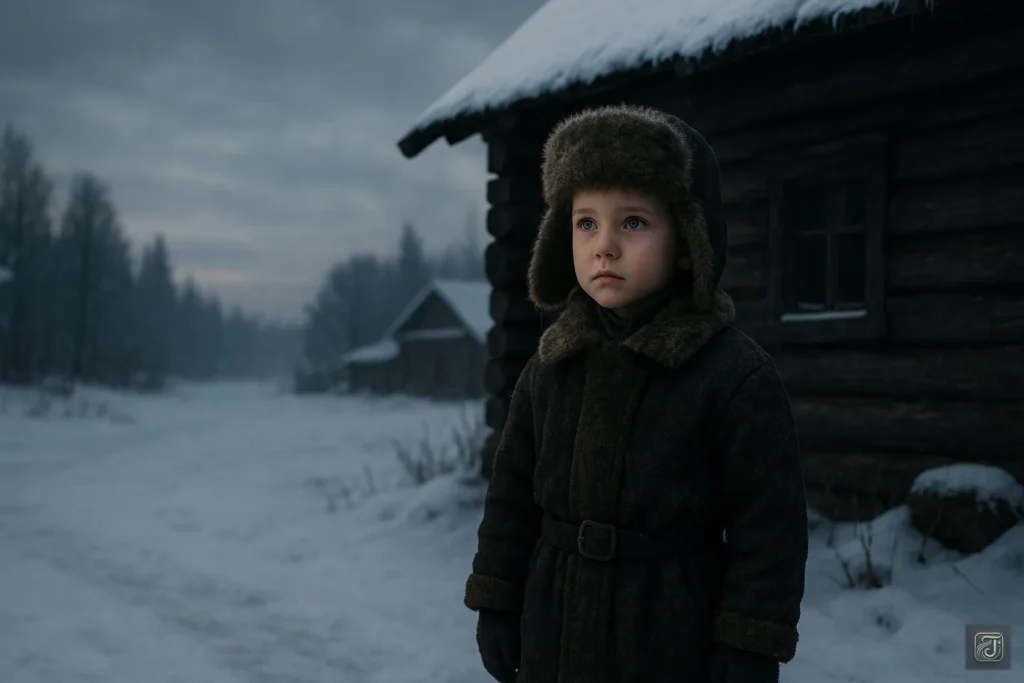
In the northeastern reaches of the Russian Empire, in the midst of endless frozen soil, lay the village of Pokrovskoye.
Here, in a land where even the sun seemed to cower in winter, a baby boy let out his first cry.
—Grigori Efimovich Rasputin.
The infant’s eyes were so dark, so bottomless, that no end could be seen within them.
Lying weak in the chilled bedding after childbirth, his mother whispered softly.

Mother:
“These eyes… they’re like the night itself…”
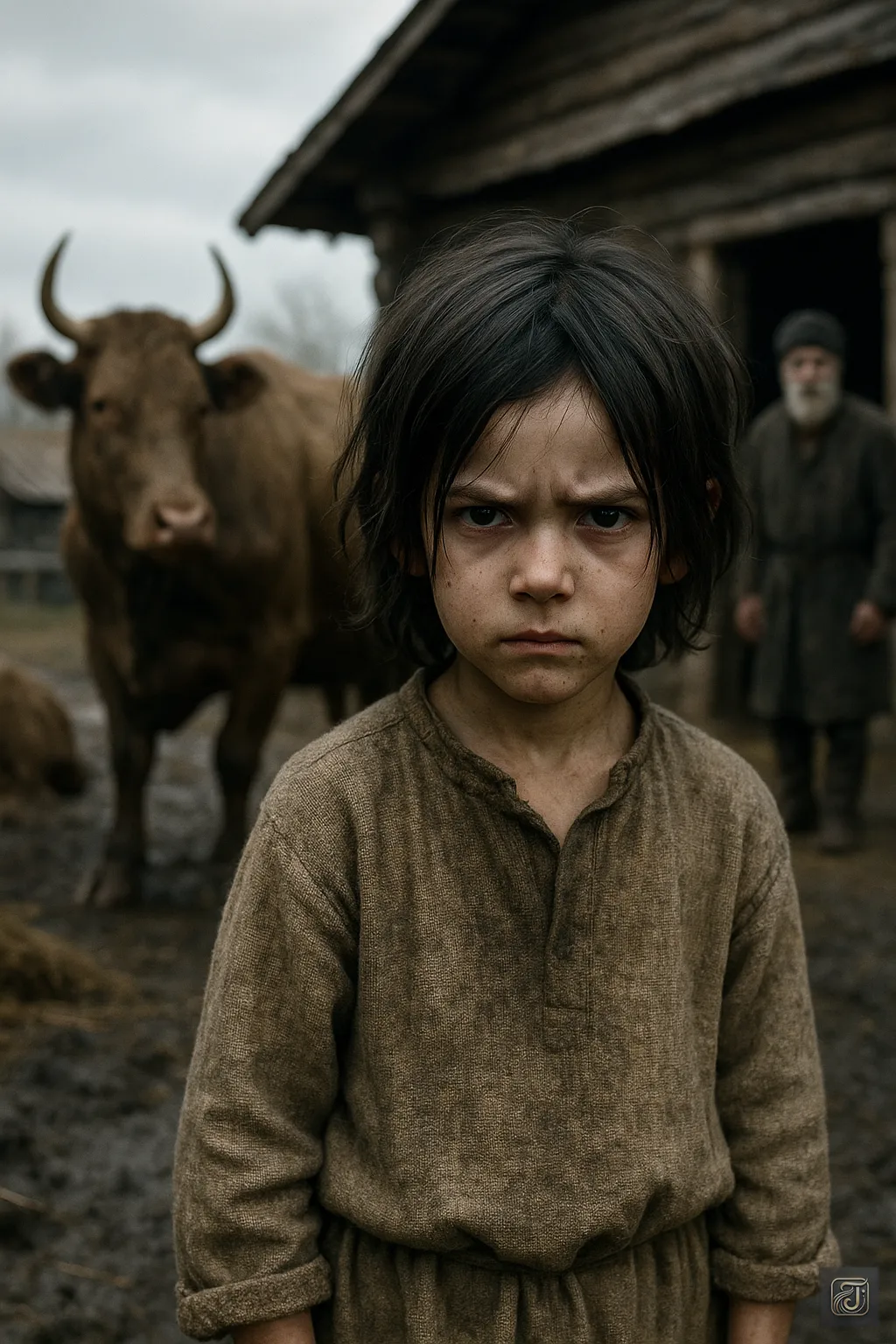
In his childhood, Grigori was unlike the other children.
He was quiet, quick to tantrums, and his gaze always seemed fixed on something far away.
He could not learn his letters, nor was he skilled at farm work.
Yet somehow, he could identify the illnesses of cattle, and even foretell the very day when the village elders would die.
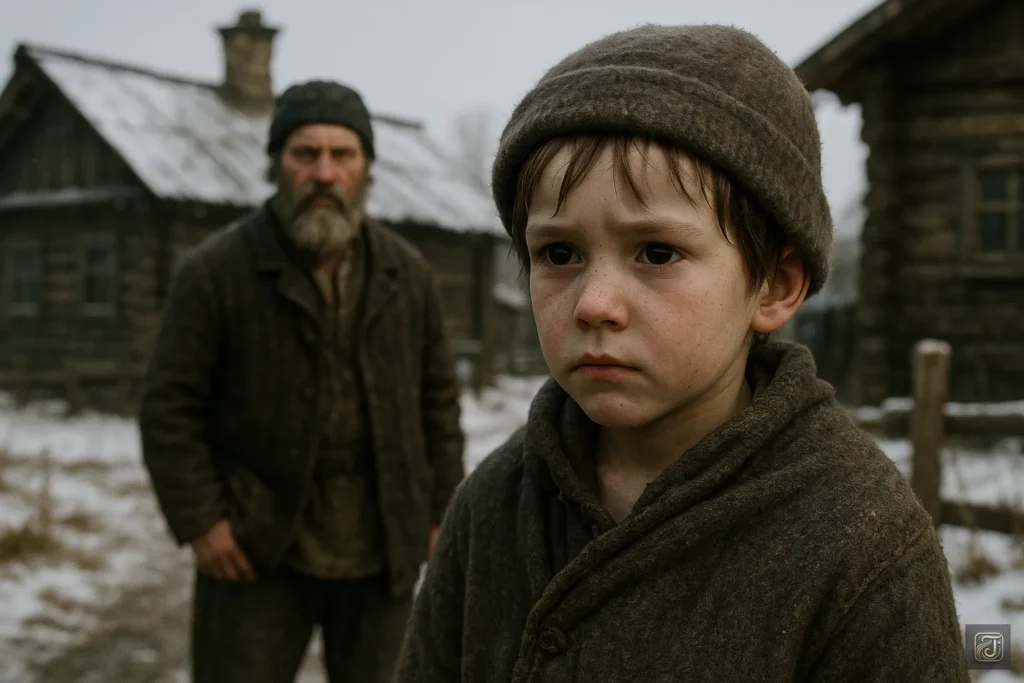
The villagers:
“That boy… it feels like he’s seeing something not of this world.”
The villagers avoided him.
Even his father scolded him, yet deep inside, he too feared the strange, unknowable power that dwelled within his son.
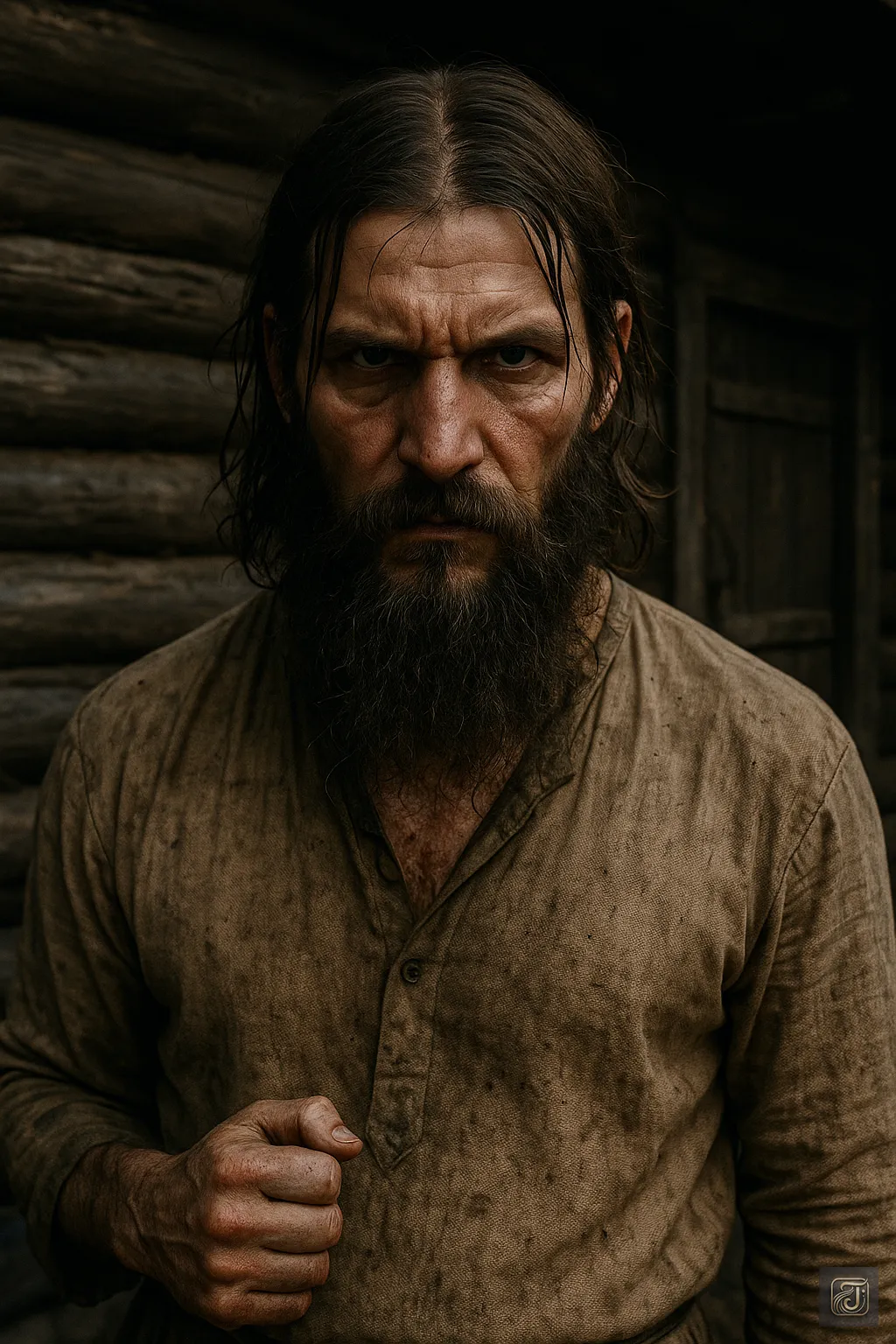
As Grigori grew older, he became unruly and violent.
By day, he was drunk, by night, he shared the beds of married women, and often he brawled with the men of the village.
The nickname “Rasputin”—the Debauched One—soon clung to him as if it were his very name.
And yet, no one ever truly tried to stop him.
Whether out of fear—or perhaps a dim, unsettling sense that they were brushing against something touched by God—they left him be.
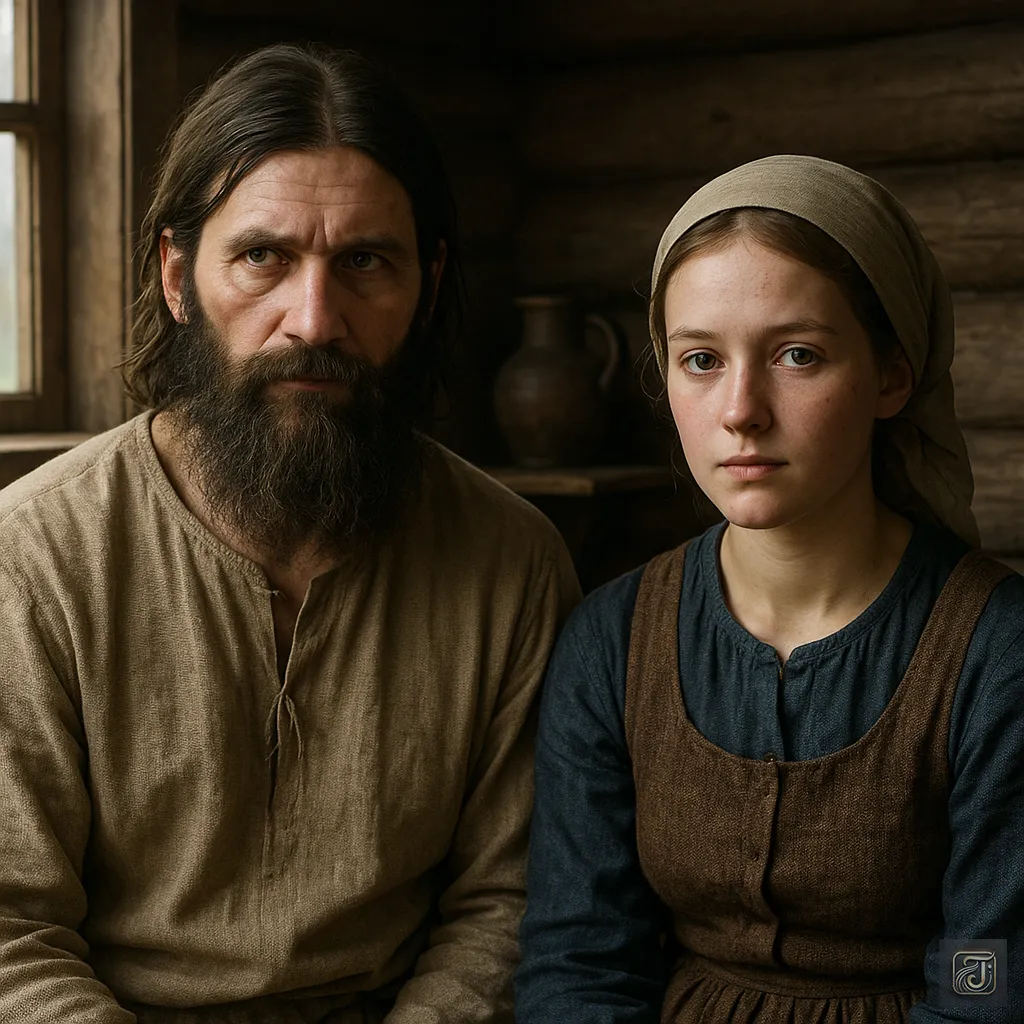
In his youth, Grigori married a village girl, Praskovya Fyodorovna.
She was gentle and hardworking, and quietly endured his unruly nature.
Several children were born to them, yet only a few managed to survive.
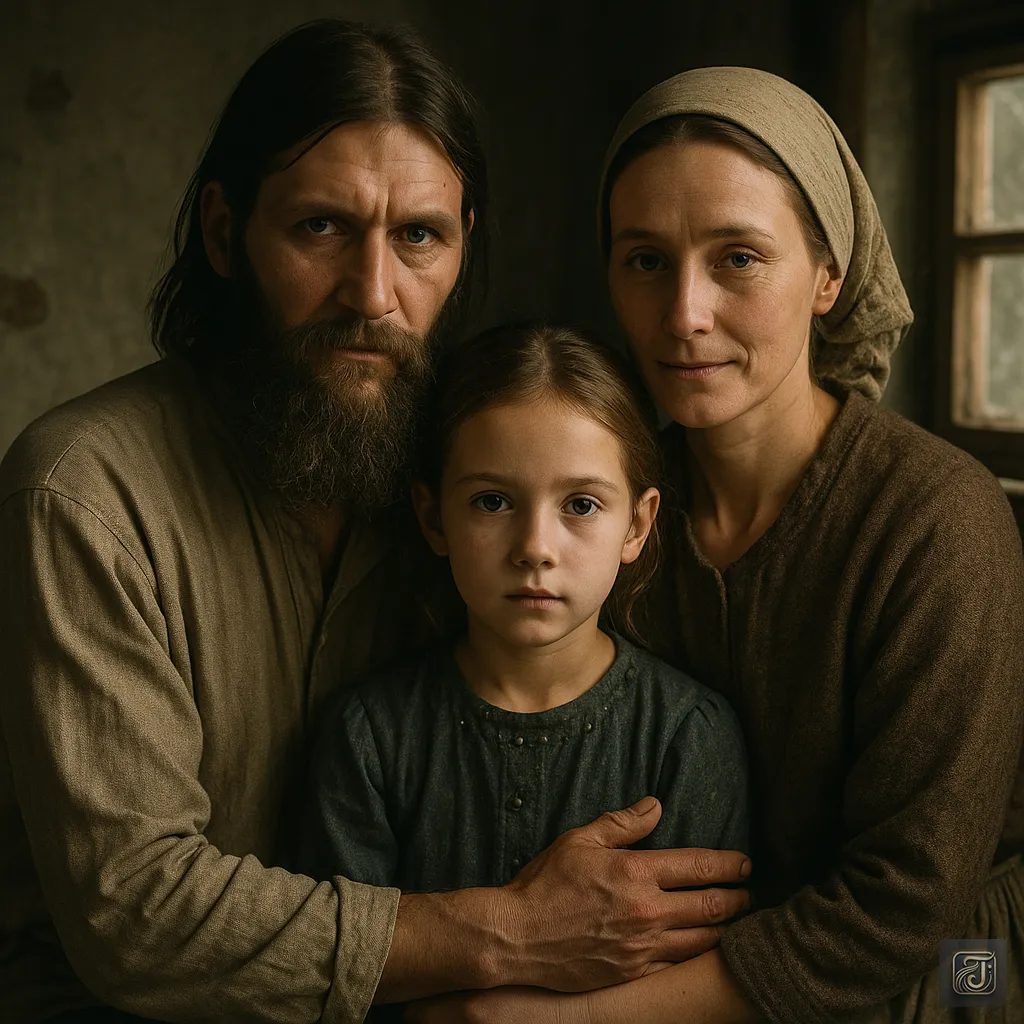
Among them was Matryona (later known as Maria), who would one day leave behind her testimony as “Rasputin’s daughter.”
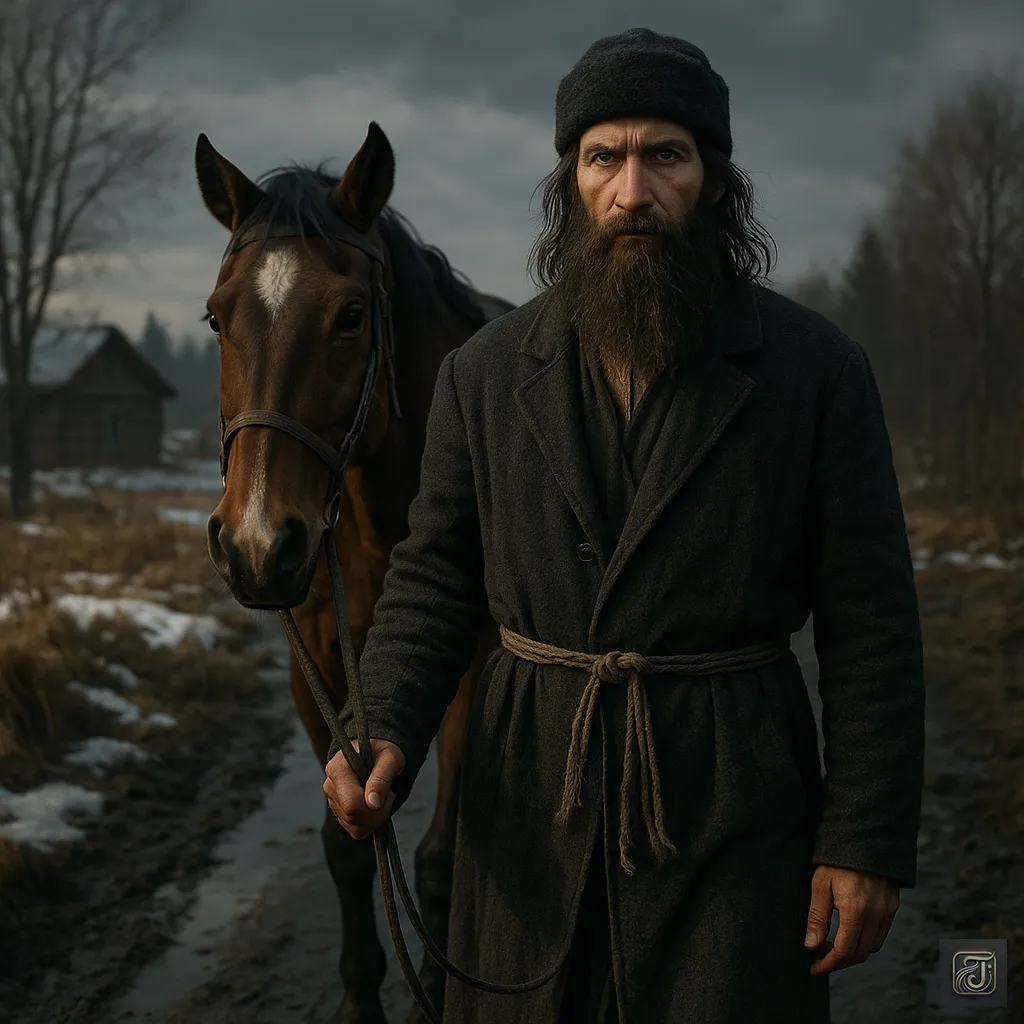
But Grigori was not a man who could remain still at home.
It was spring—the river ice was beginning to thaw, and the village was slowly coming back to life.
One night, after immersing himself in prayer, he claimed to have heard a “voice” in his dreams.
From that moment, he resolved to leave the village and set out on a pilgrimage.
Without a word to his family, he simply took his horse and vanished.
A few people saw his departing figure.
The man who had once raged so wildly now walked with his gaze fixed firmly ahead.
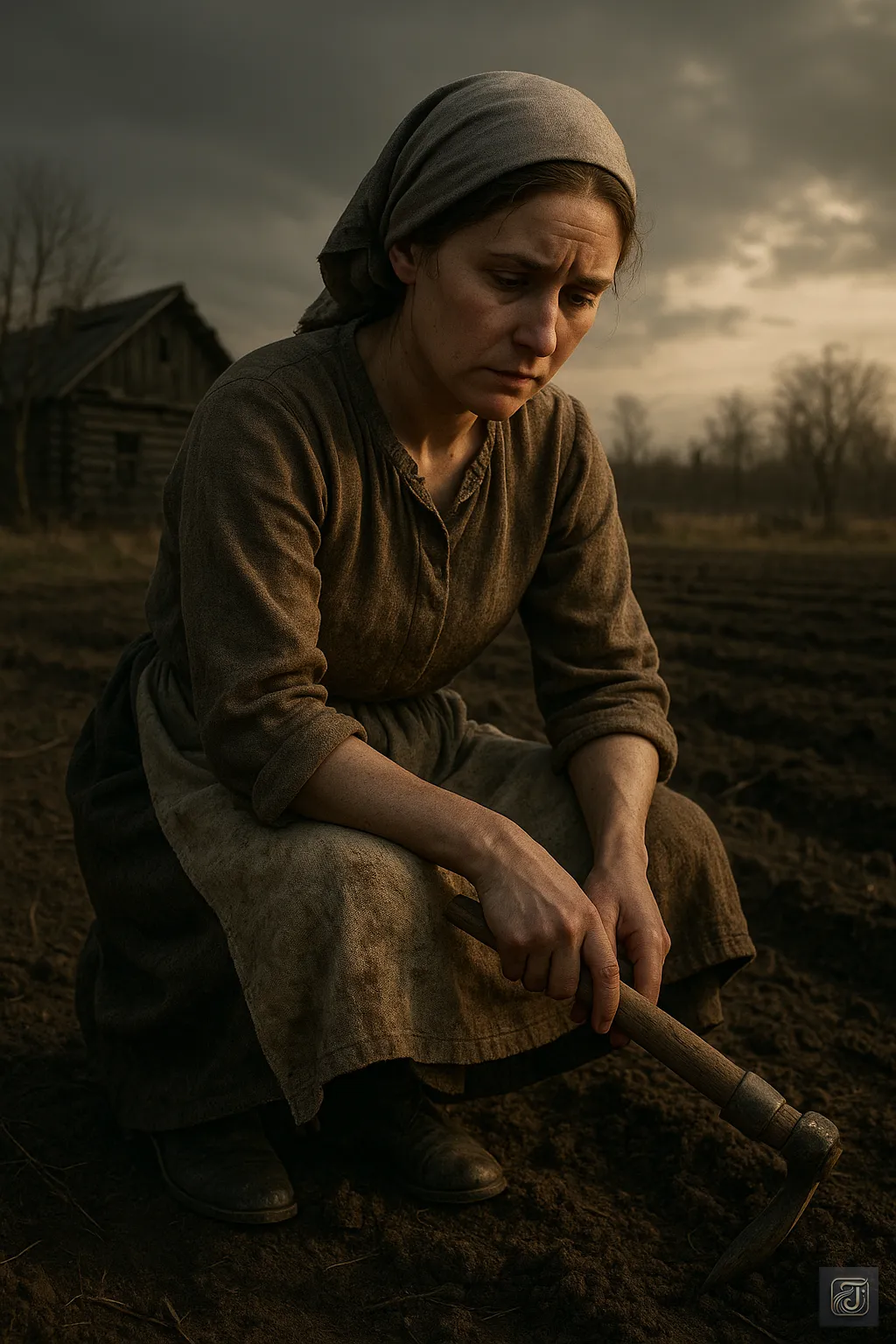
Praskovya did not weep.
She simply returned quietly to her work in the fields.
Was Grigori’s journey one of service to God—
Or merely a pretext to escape the small cage called “family”?
No one knew the answer.
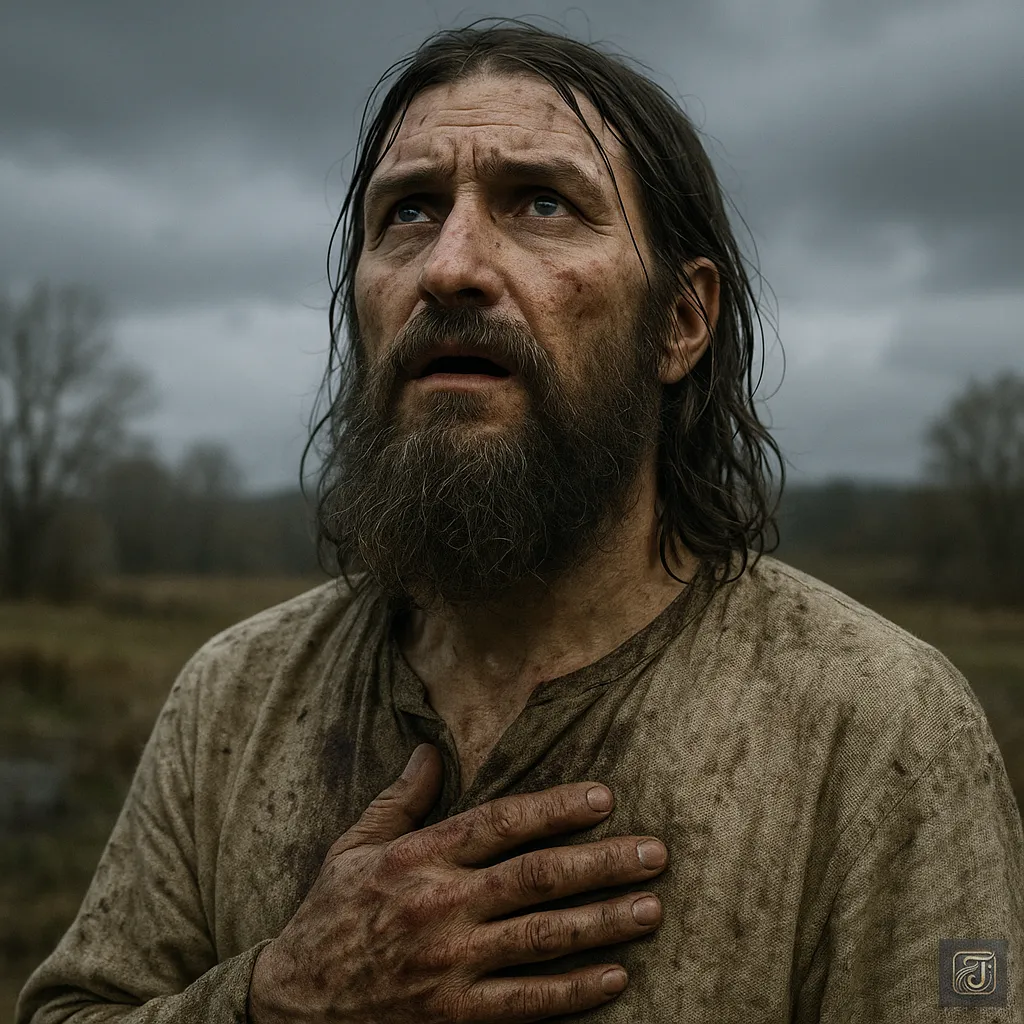
Grigori Rasputin:
“I have heard the voice of God.”
Those were the last words Grigori murmured before his departure.
Thus ended the first act of a life steeped in mud and blood.
A new curtain was rising—quietly, yet inexorably.
Chapter 2: The Mysterious Monk Appears in the Capital (1903 – St. Petersburg)
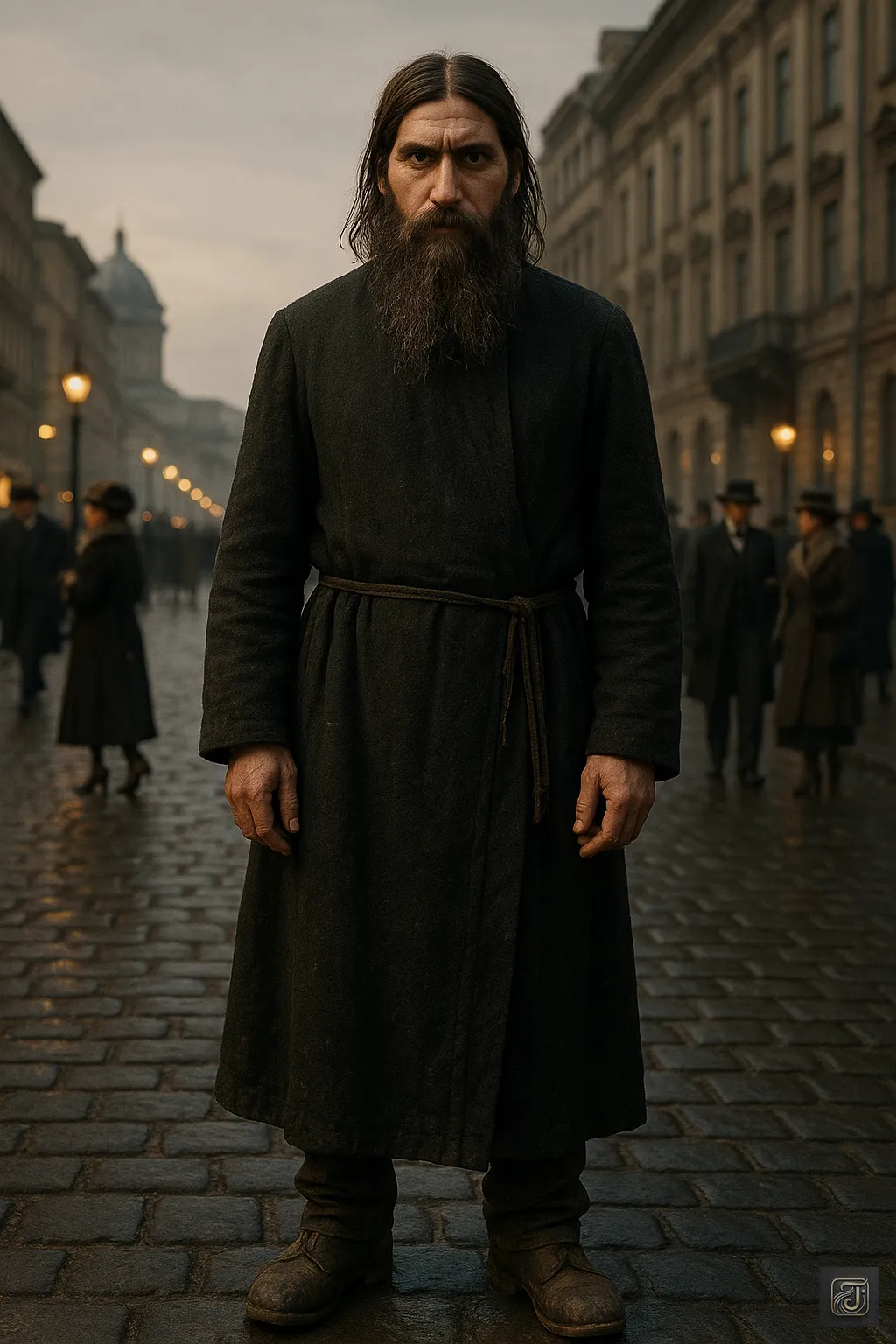
The capital of the Russian Empire—St. Petersburg.
A city where the Winter Palace towered, silver cutlery rang, and noblewomen laughed together, adorned in jewels.
Into this glittering world appeared a man clad in black robes.
His boots were caked with mud.
His hair and beard were unkempt and wild.
Who could have imagined that such a man—looking as though he had wandered straight out of the peasant fields—would one day walk the halls of princes and nobles?
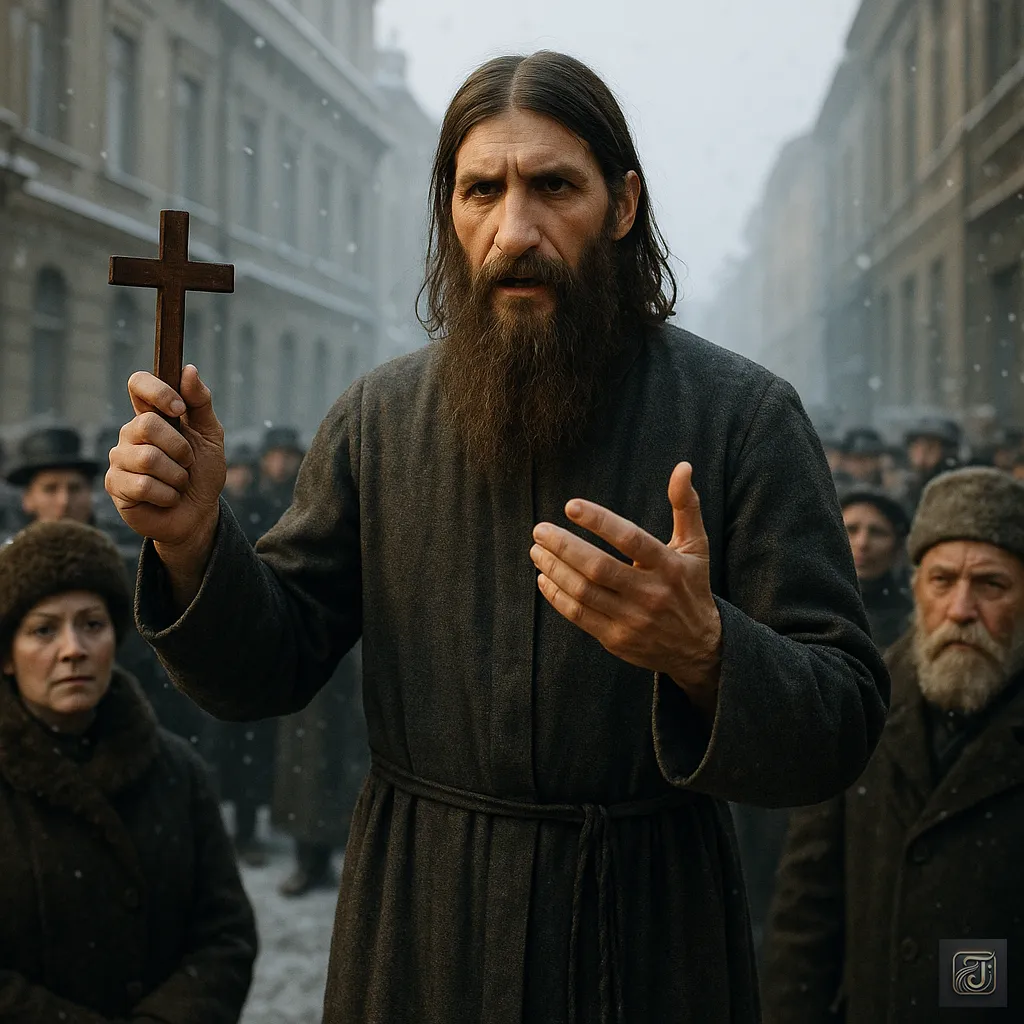
And yet, there he was.
He was mocked, even despised.
But still—when the “words of God” fell from his lips, everyone found themselves compelled to listen.
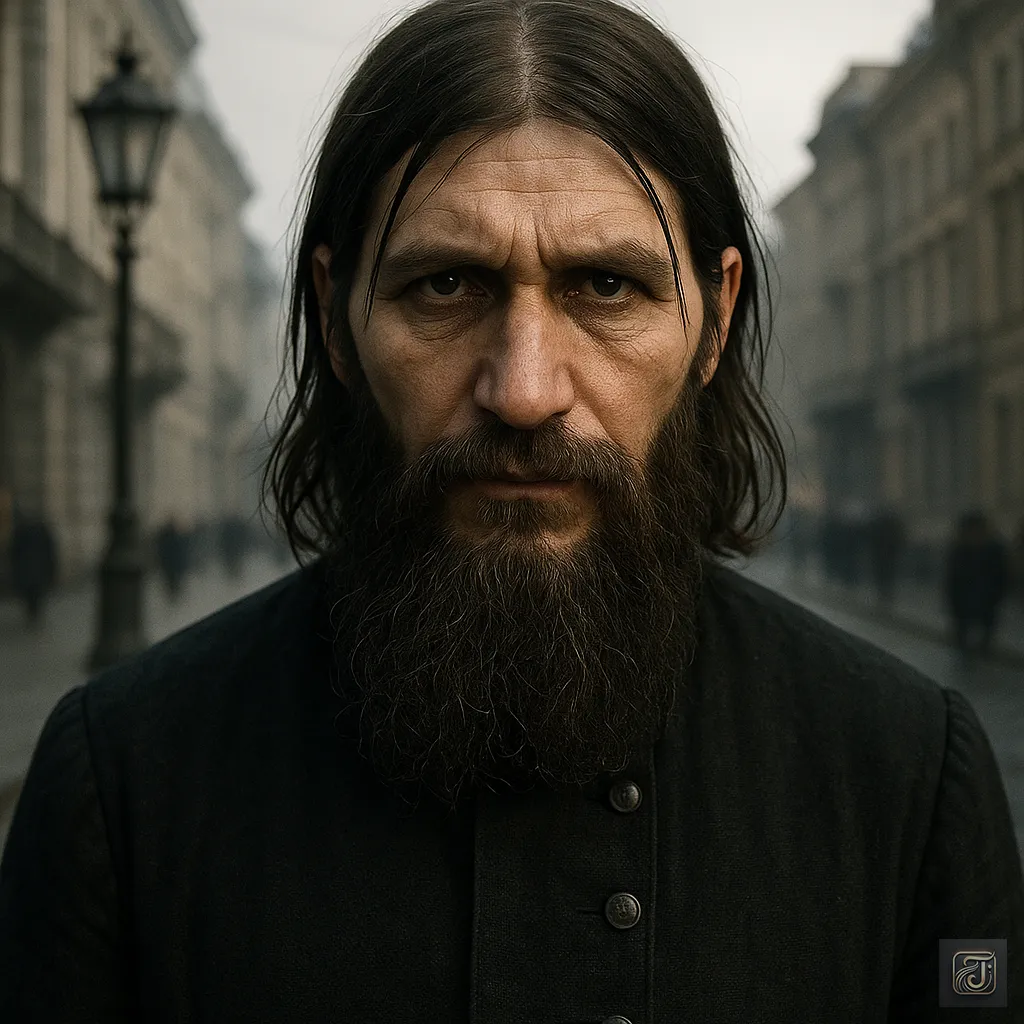
Grigori Rasputin:
“There is a shadow of past sins upon your soul… yet God is ready to forgive you.”
Though his eyes seemed clouded and murky, somehow his gaze pierced straight into the depths of the heart.
It felt as if the hidden pains of one’s very soul were being laid bare.
His name was Grigori Rasputin.
Rumors spread swiftly, and soon he came to be called a Starets—a “man of God.”
The Hunger of the Petersburg Nobility
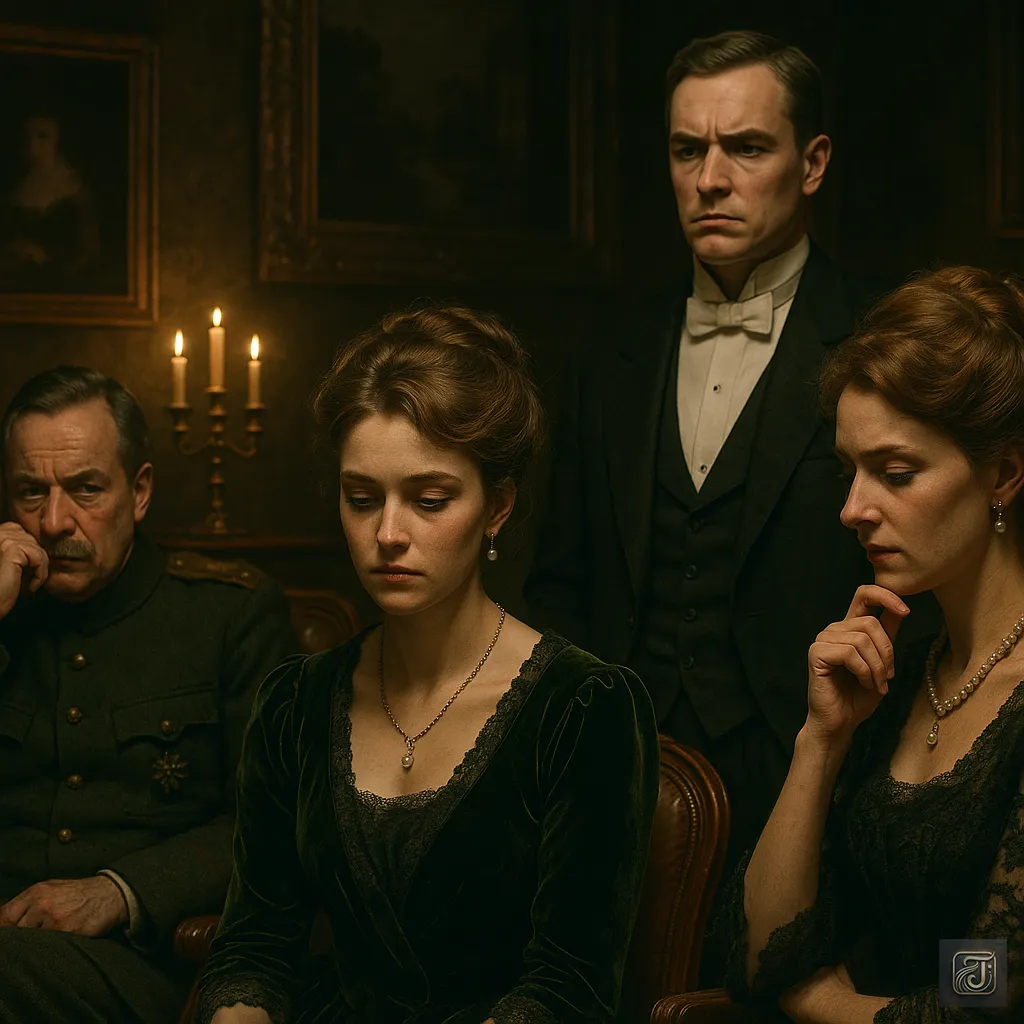
In this era, there was an unfulfilled emptiness within Russia’s upper class.
Nobles, officers, and ladies alike—despite their lavish lives—had lost anything to truly believe in.
Science was reshaping the world, religion had become hollow,
and with the shadow of war creeping closer, everyone was searching for something to cling to.
And into their midst appeared Rasputin—at just the right moment.
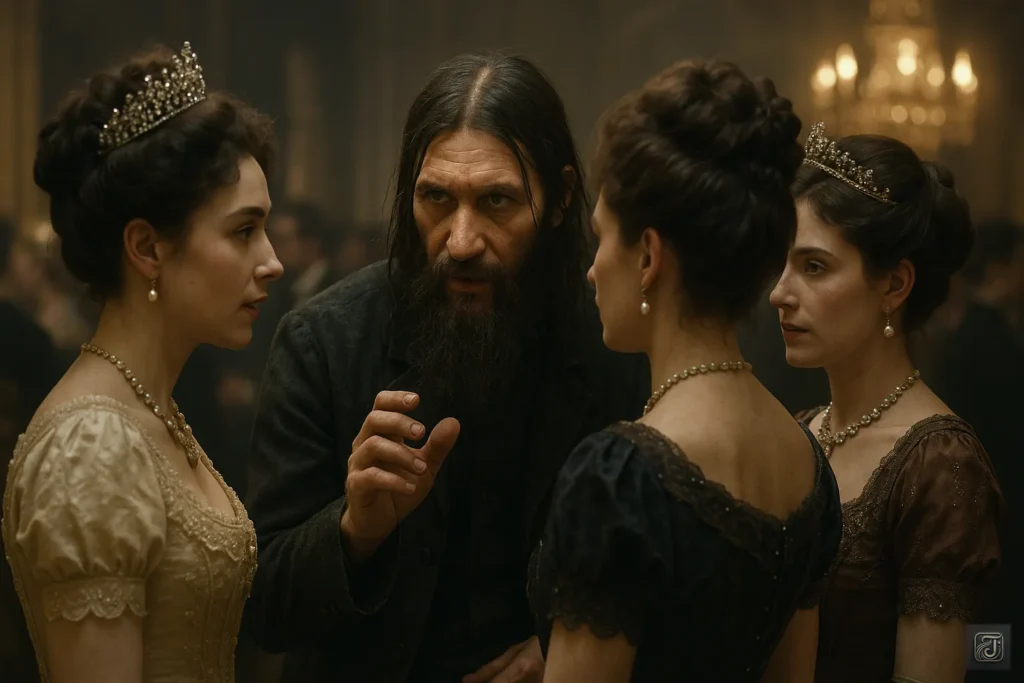
He spoke of God, affirmed sin, indulged in drink and women—
And yet, he carried with him a sense of something that had already transcended mortal bounds.
The priests of the church had never offered the kind of salvation that he seemed to promise.
In the ears of women, he whispered of forgiveness.
And the noblewomen—especially those neglected by their husbands and burdened with loneliness—were drawn to him.
Taking their hands, he would whisper,

Grigori Rasputin:
“You need not feel guilt for your sins.”
“To seek love is itself an act of drawing closer to God.”
And at times, after those words, his lips would brush against a woman’s cheek.
The boundary between worship and embrace grew ever more blurred.
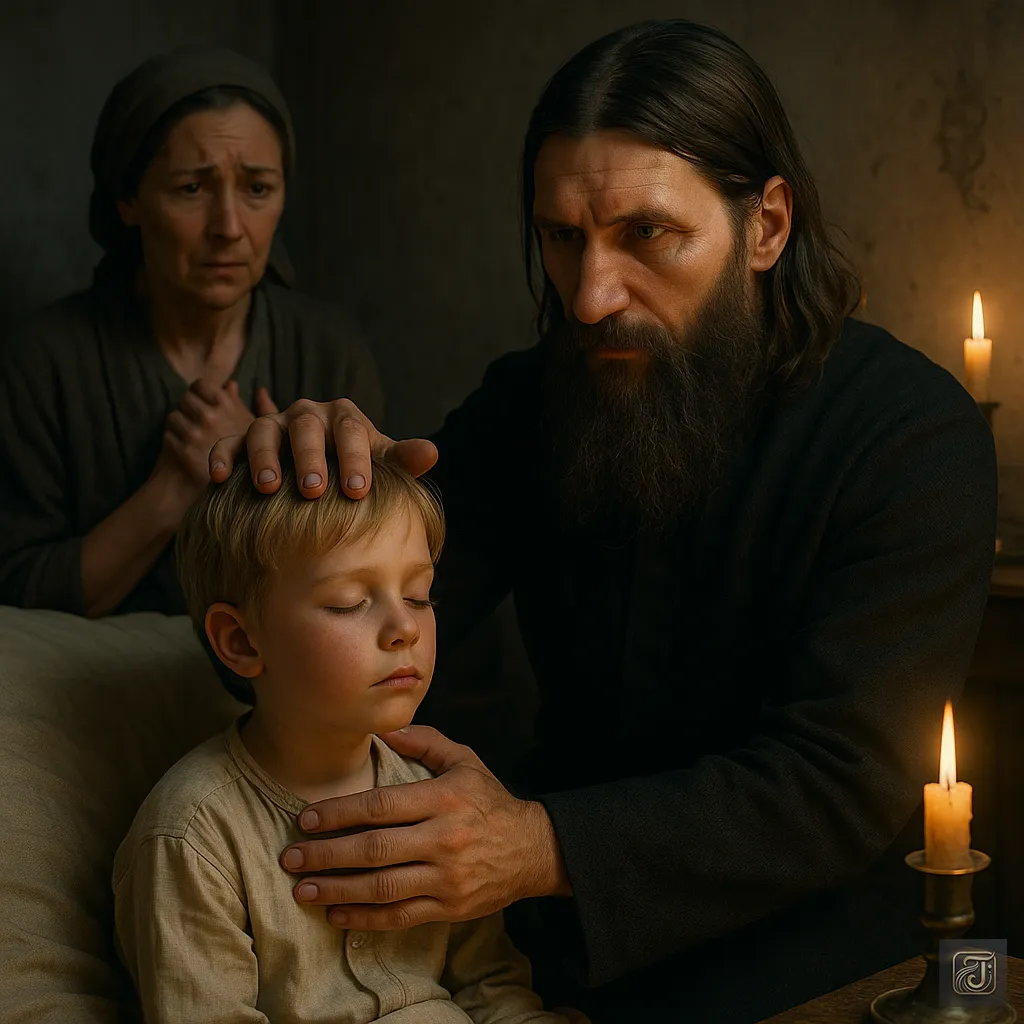
And still, no one could openly condemn him.
For there were those who truly believed they had been healed—
children whose night cries ceased, bodies restored, lives saved by a mysterious power they could not explain.
The Backlash of the Church and the Nobility

Of course, not everyone was enthralled by him.
The theologians of St. Petersburg branded him a “heretic who dared to speak in God’s name,”
while some nobles raged at the idea of a lowborn peasant intruding into the court.
And yet, in bitter irony—
This very rejection only heightened Rasputin’s aura as a mystical being.
The more he was criticized, the more his followers revered him as a saint enduring trials.
And then—the door of fate swung open.
Soon, his name would reach the ears of none other than Empress Alexandra.
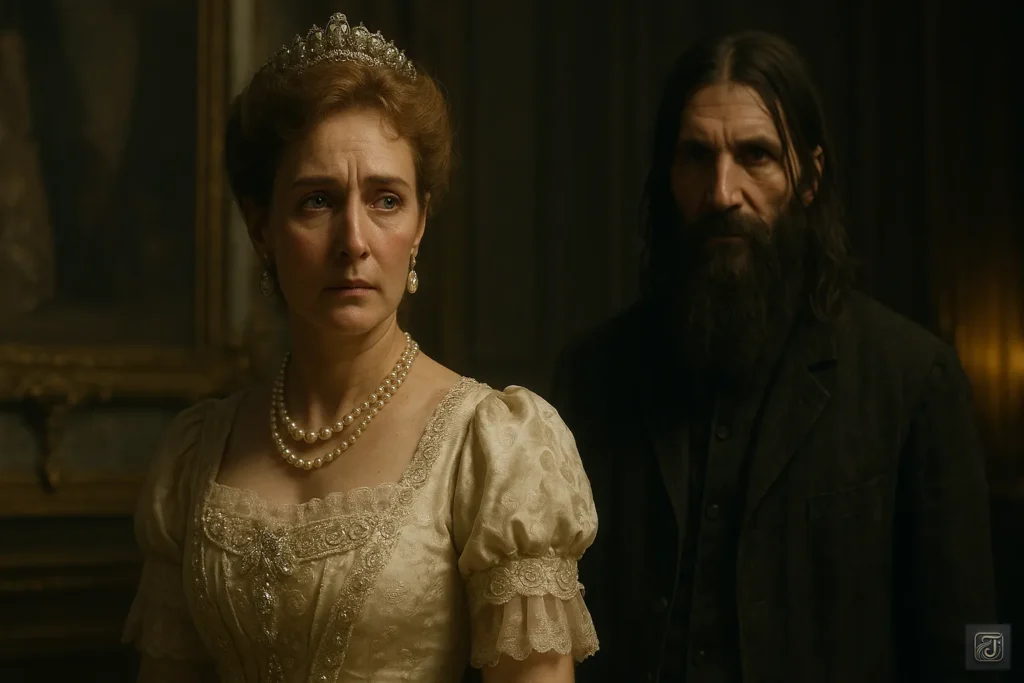
Empress Alexandra:
“I have heard of a man who heals the sick through the prayers of God.”
Those words were the very first blow that would alter the fate of the Empire.
At that moment, no one realized it—
that a wandering peasant would soon stand at the very pinnacle of the Empire,
and then—drag it down into ruin.
Chapter Three: The Cursed Prince and the “Miracle” (1912)
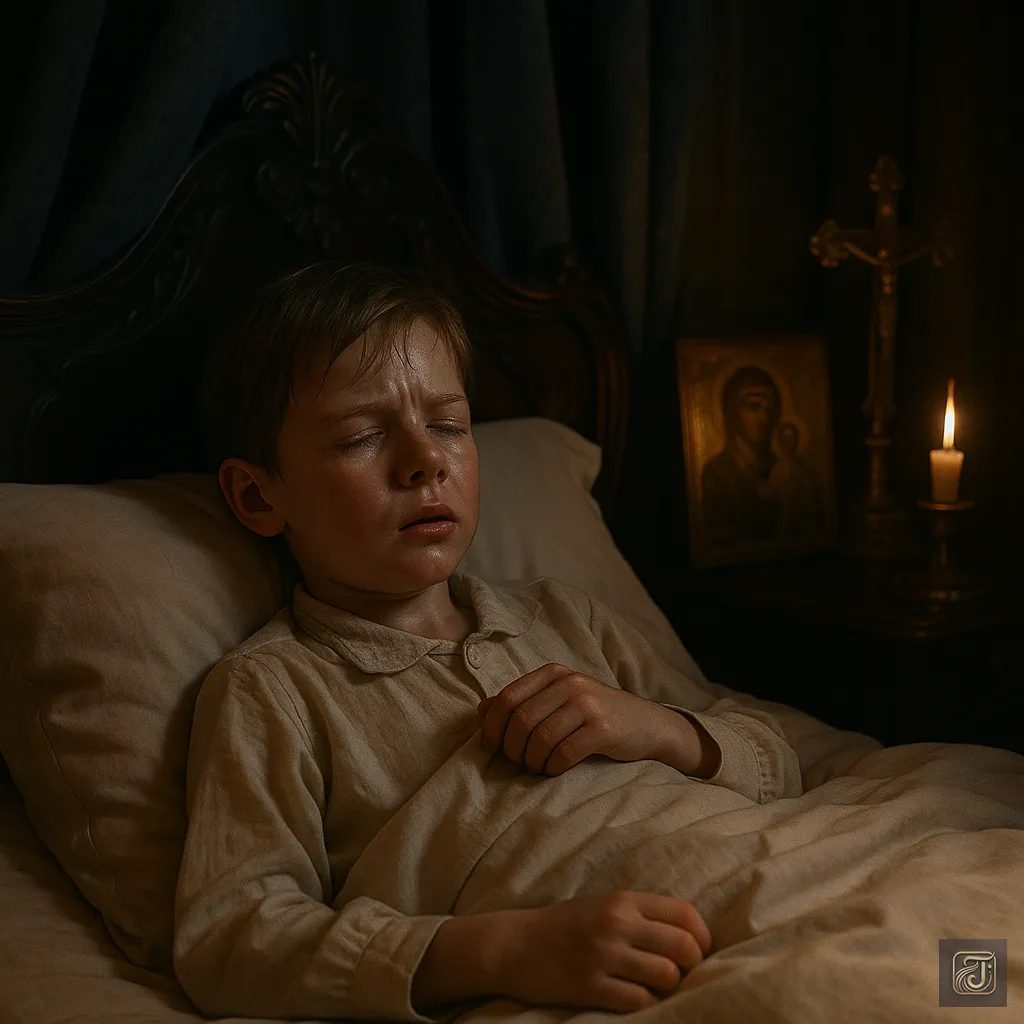
Deep within the palace,
in a chamber draped with heavy curtains and adorned with holy icons, a young boy lay upon his bed, groaning softly.
—Alexei Nikolaevich.
The Tsarevich.
The sole heir to bear the future of the Empire.
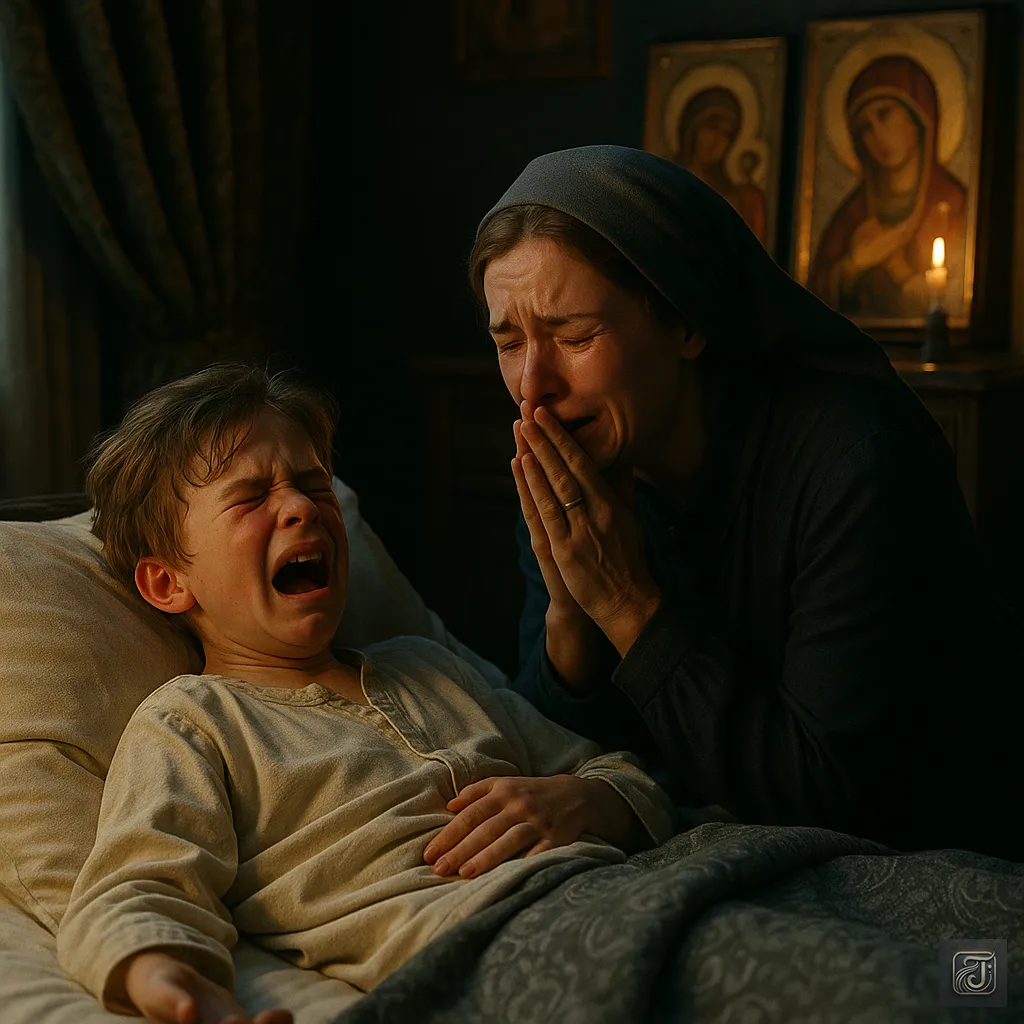
And he was afflicted with hemophilia—a disease without a cure.
Even the slightest bruise would spread into massive internal bleeding,
blood pooling between bone and skin, wringing screams of agony from him.
The doctors stood helpless, while Empress Alexandra wept at his bedside.
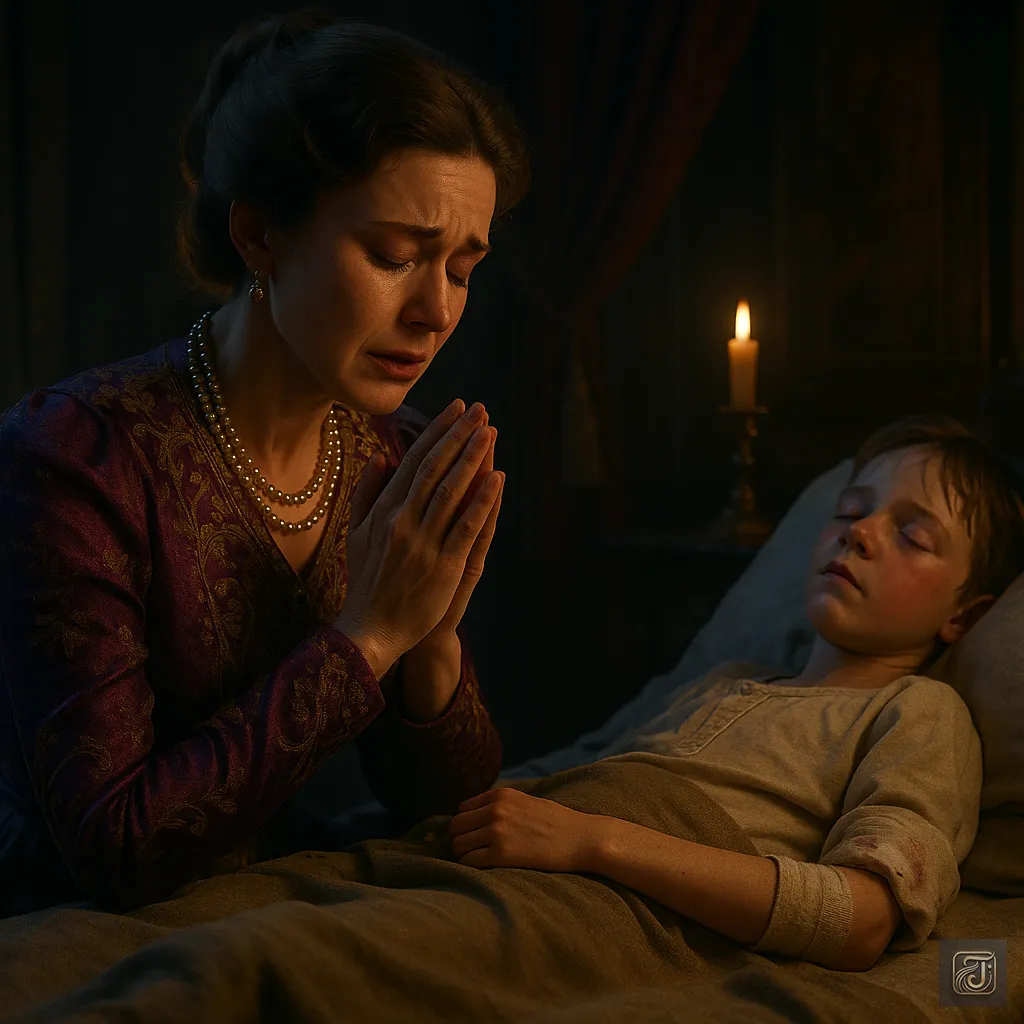
Empress Alexandra:
“O God… please, please, send him to us…”
That “him” was Grigori Rasputin—
a man rumored in the streets to be either a miracle-working mystic or a debauched impostor.
A Letter of Prayer
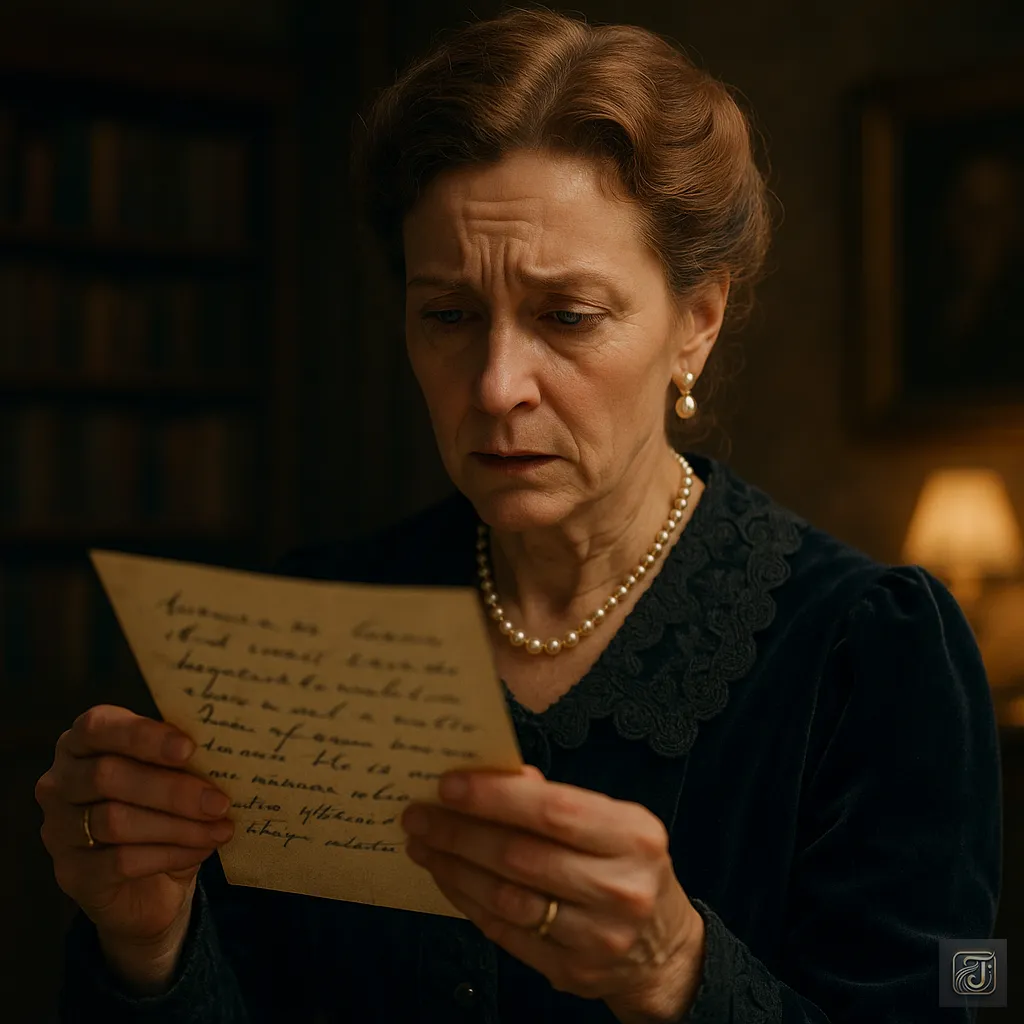
With trembling hands, the Empress sent a letter to Rasputin:
“My son is near death. Please—God’s help, your prayers.”
The reply came swiftly.
Written in thin, wavering script, it read:
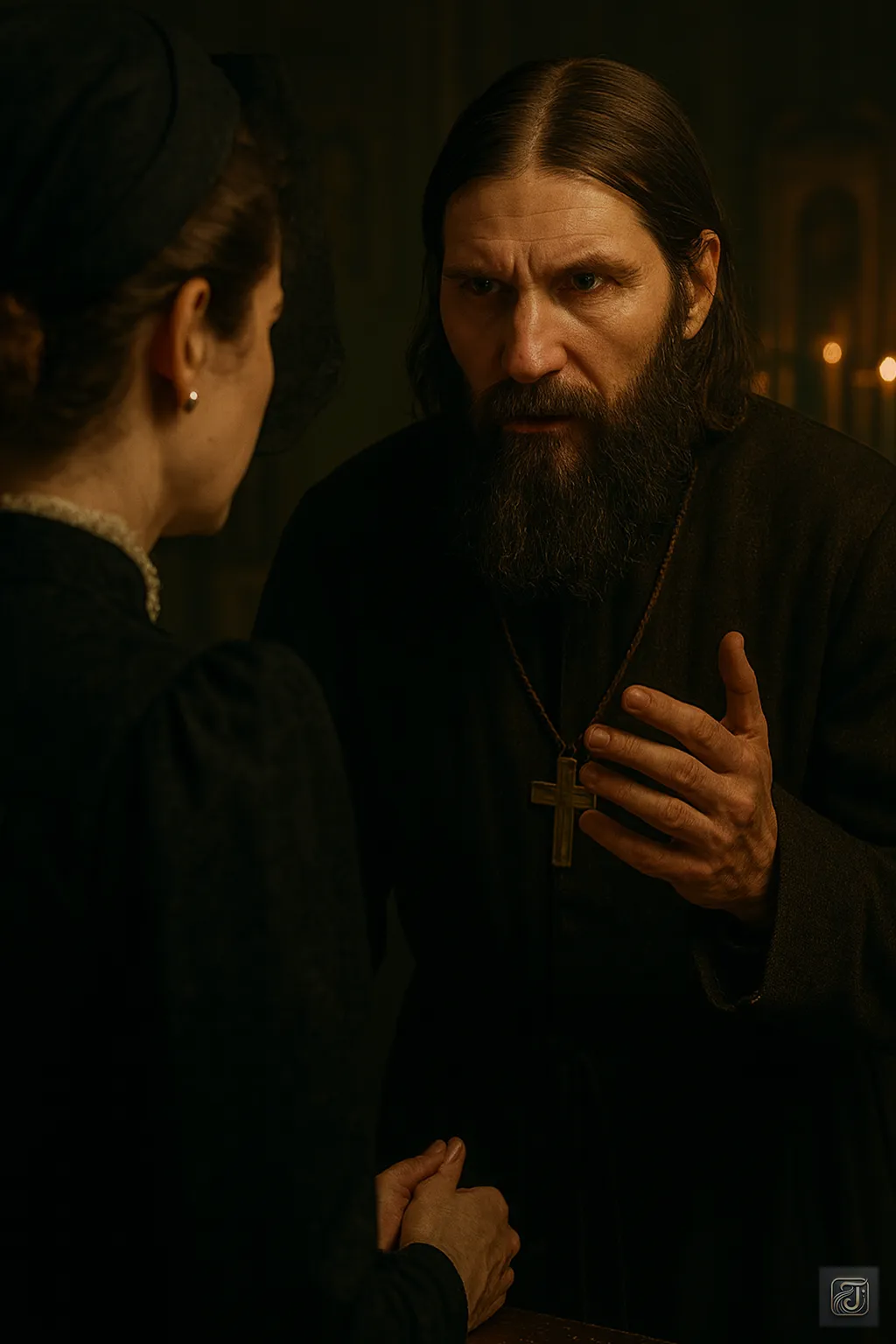
Grigori Rasputin:
“Fear not. God watches over your child. Do not let the doctors interfere.
I shall pray. And when dawn comes, your child will be calm.”
Impossible—thought the Empress.

And yet, the next morning—
Alexei’s breathing had steadied, and the bleeding had ceased.
And a faint color had returned to his face.
The Faith of the Empress
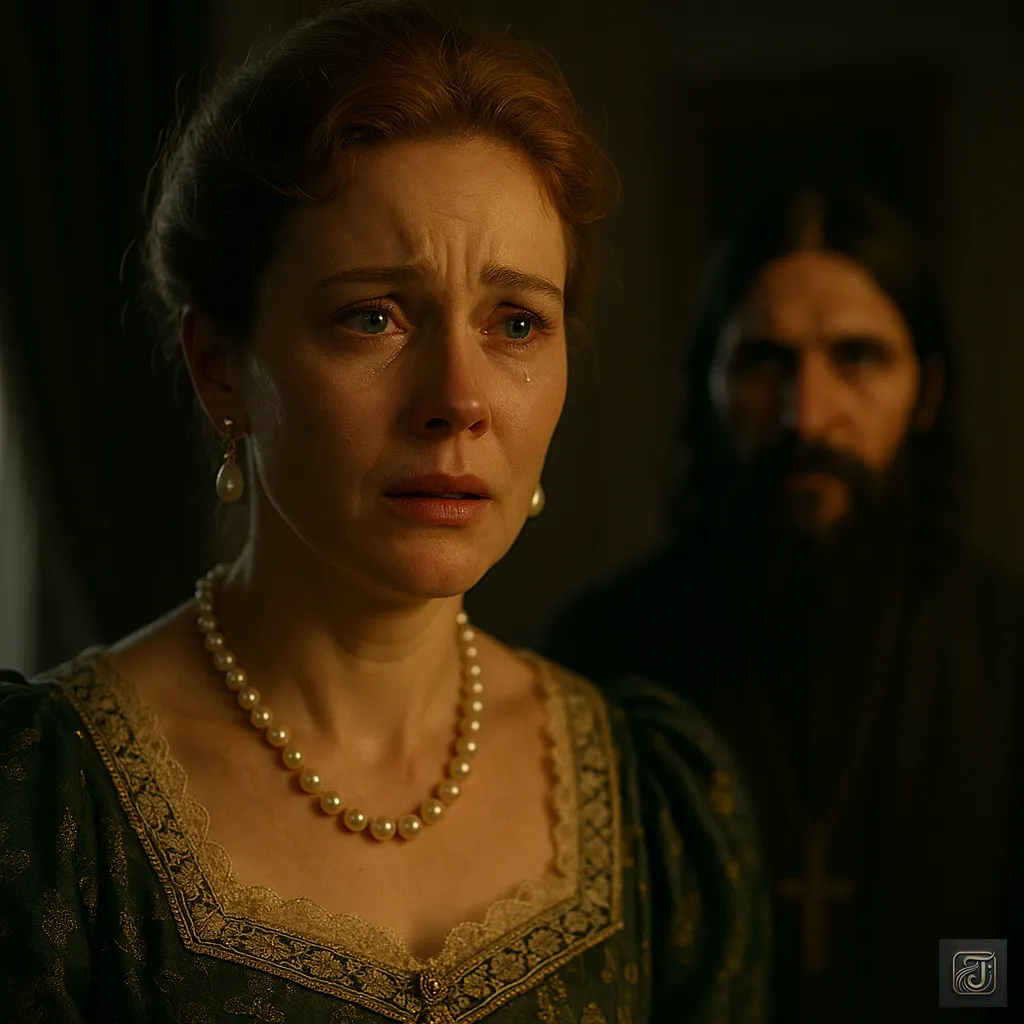
It may have been nothing more than a coincidence.
Or perhaps the doctors had simply chosen the right course.
But to Alexandra,
it was a divine miracle—the power of Rasputin’s prayer.
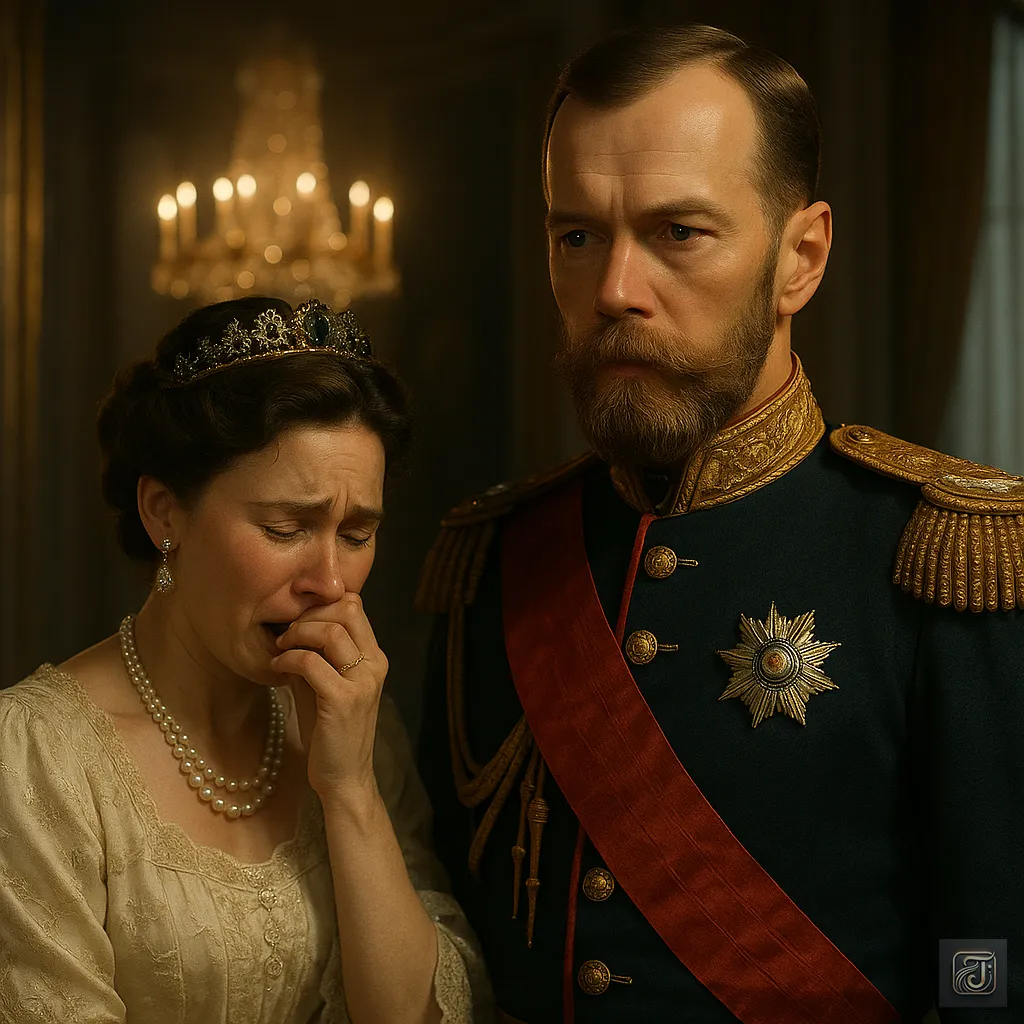
Empress Alexandra:
“This man… he has been sent by God.
He has saved our child…!”
Shaking, she told her husband, Nicholas II.
In that moment, Rasputin ceased to be merely a mystic.
He became the man who held the life of the Tsarevich in his hands.
The Atmosphere of the Court
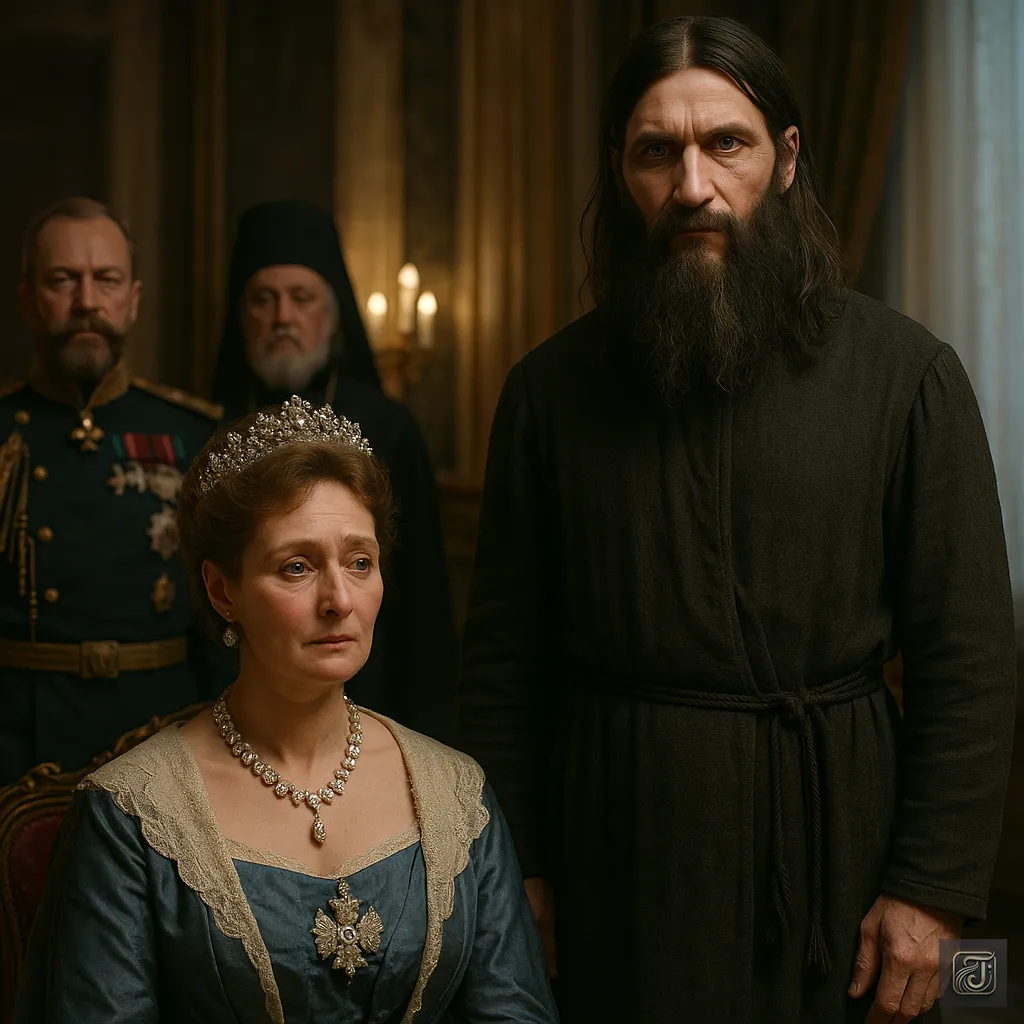
In time, he was summoned to the palace,
and, to the dismay of officials and clergymen alike, he came to stand at the Empress’s side.
Those around him were astonished, unsettled—
And secretly, they seethed with anger.
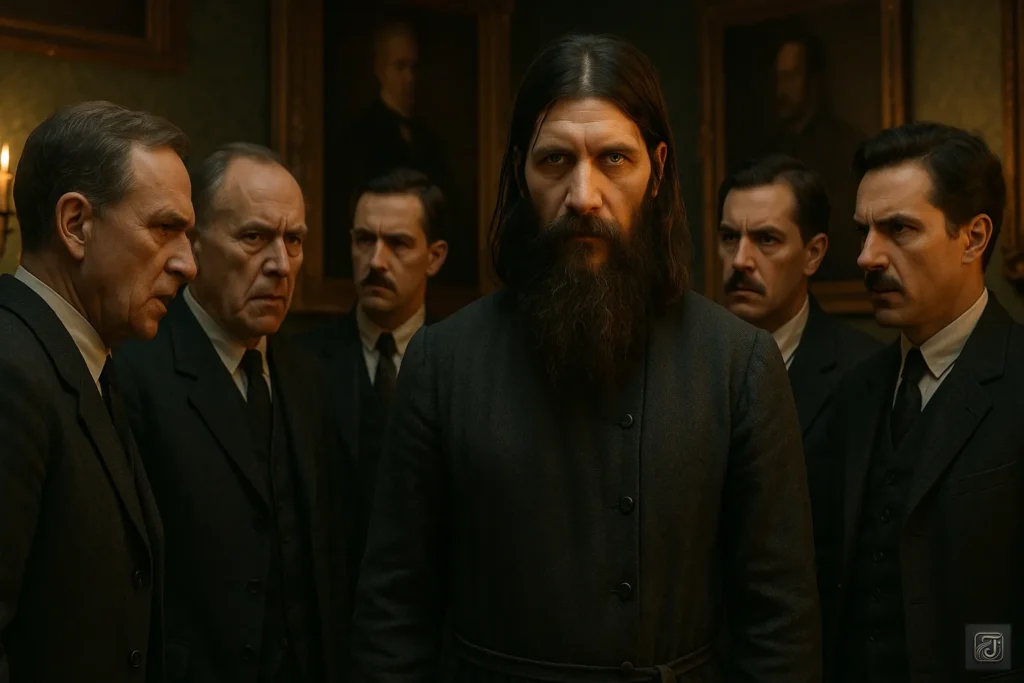
Crowds:
“That man can barely read or write—he’s a peasant from Siberia!”
“Does the Empress truly let such a man pray over her son?”

But Alexandra paid no heed.
She was alone.
Her Russian was imperfect, she was despised by the people for being German-born,
And her only source of solace was her son.
And the only one who could heal him—
was Rasputin.
Rasputin’s Inner Thoughts
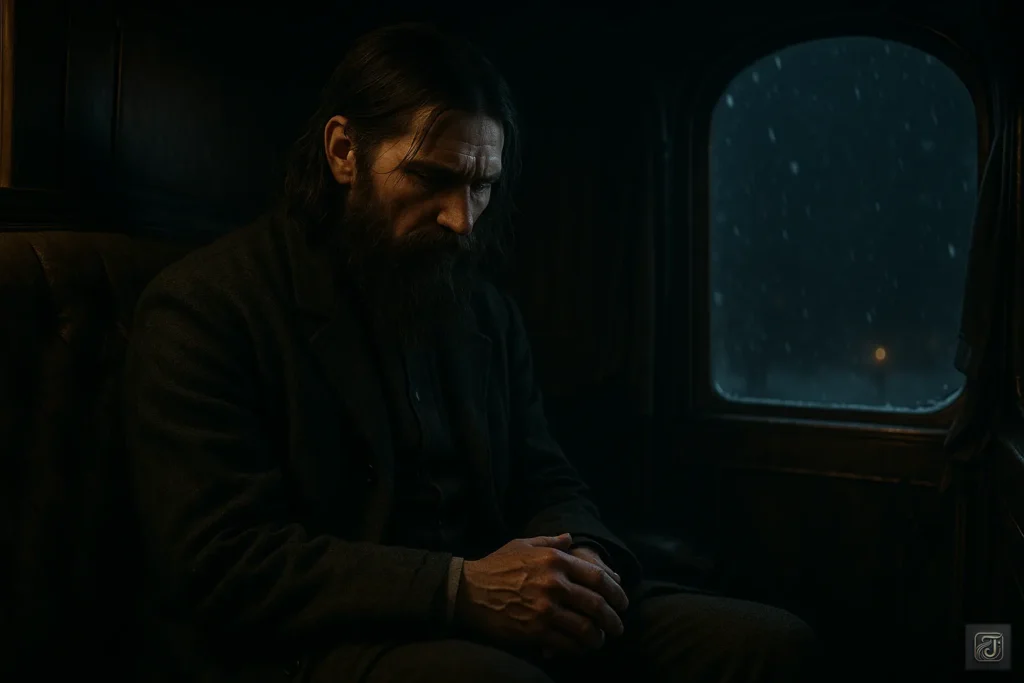
That night, Rasputin sat silently in the carriage on his way home.
No one knew it, but his hands were trembling as well.
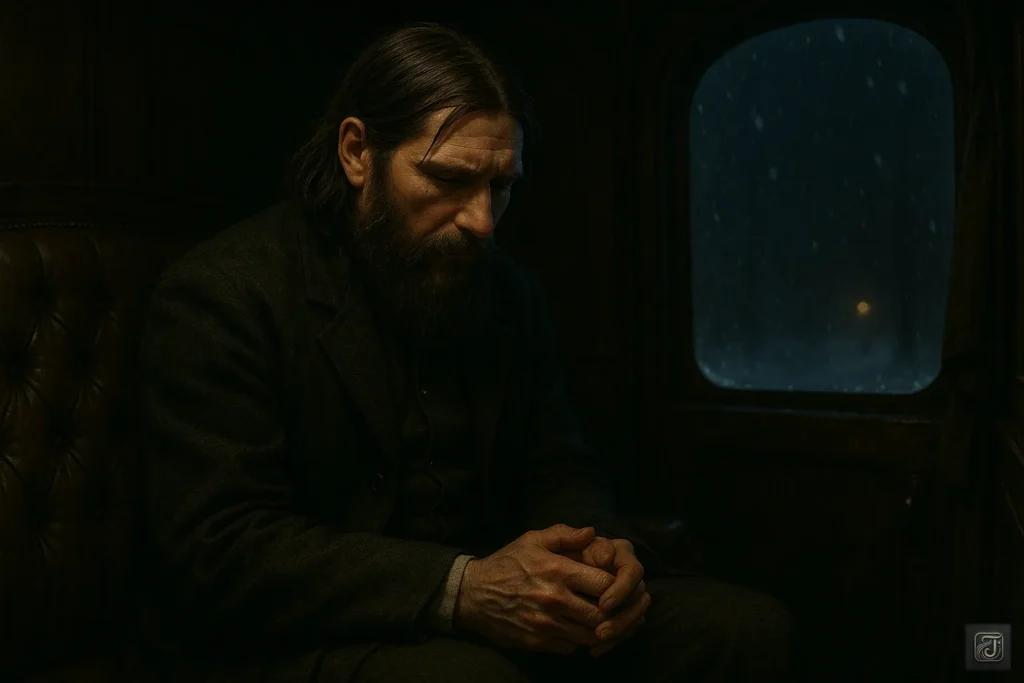
Grigori Rasputin:
“Could it be… truly…?”
Even he was not certain.
Did he truly possess the power to perform miracles?
Or was it mere chance—perhaps the whim of God Himself?
But one thing was certain.

The Empress now believed in him completely—
How perilous, how intoxicating, and how ruinous that truth would be,
He had yet to understand.
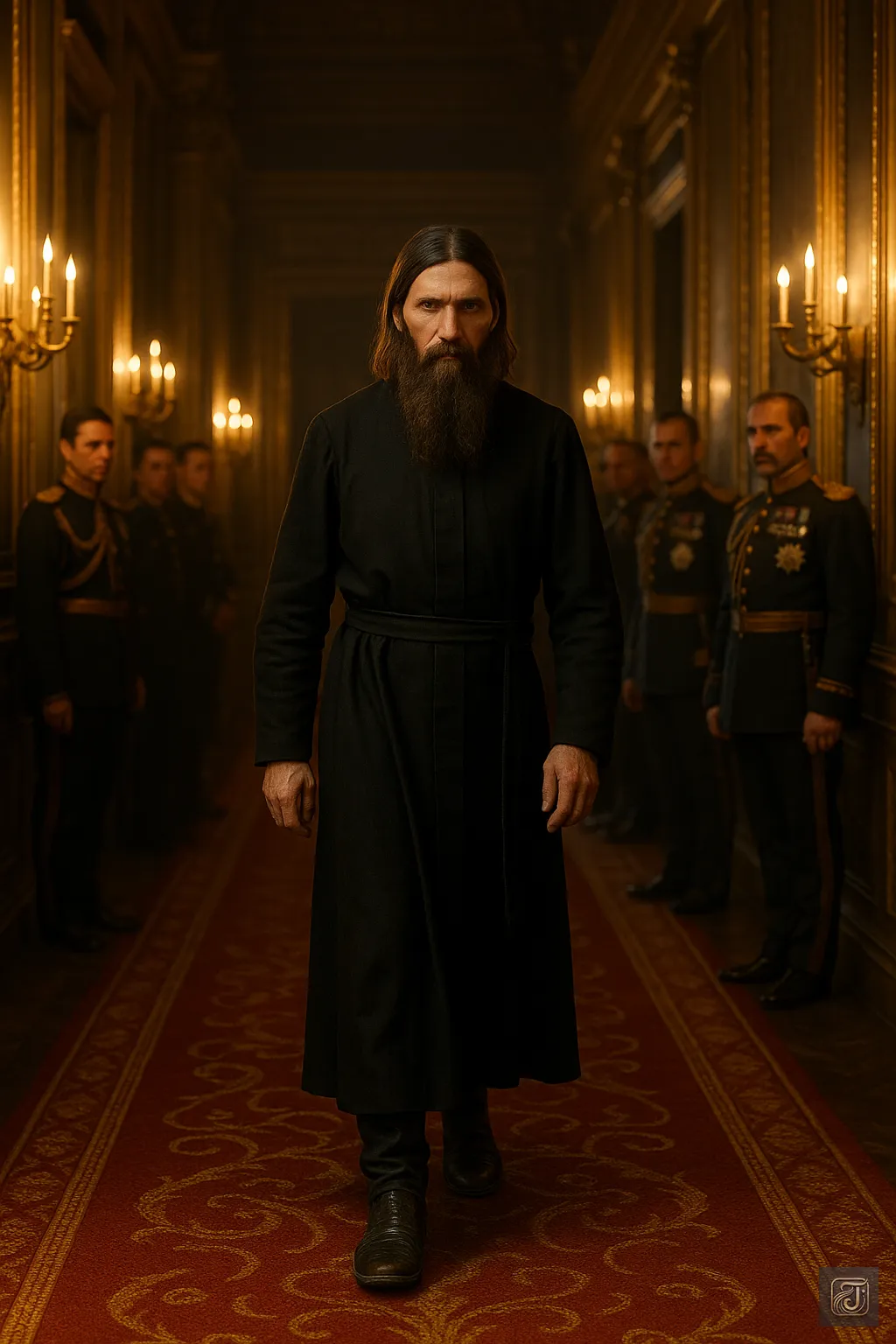
Thus began, quietly, the “corrosion of the Empire.”
From the moment of this “miraculous healing,”
Rasputin began to edge ever deeper into the heart of the court.
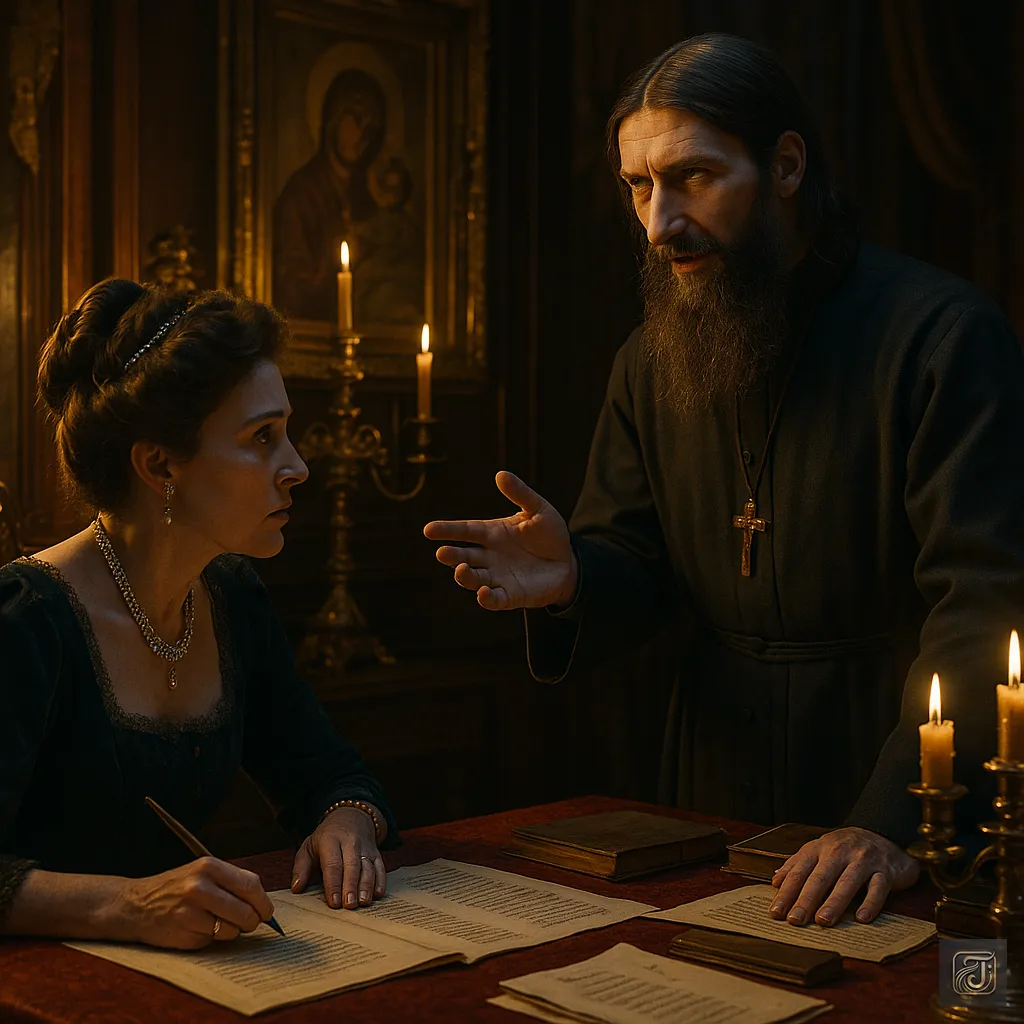
At first, it was only prayers.
Soon, he was asked for counsel.
And before long, he was advising the Empress on whom she should not trust,
and whom she ought to appoint.
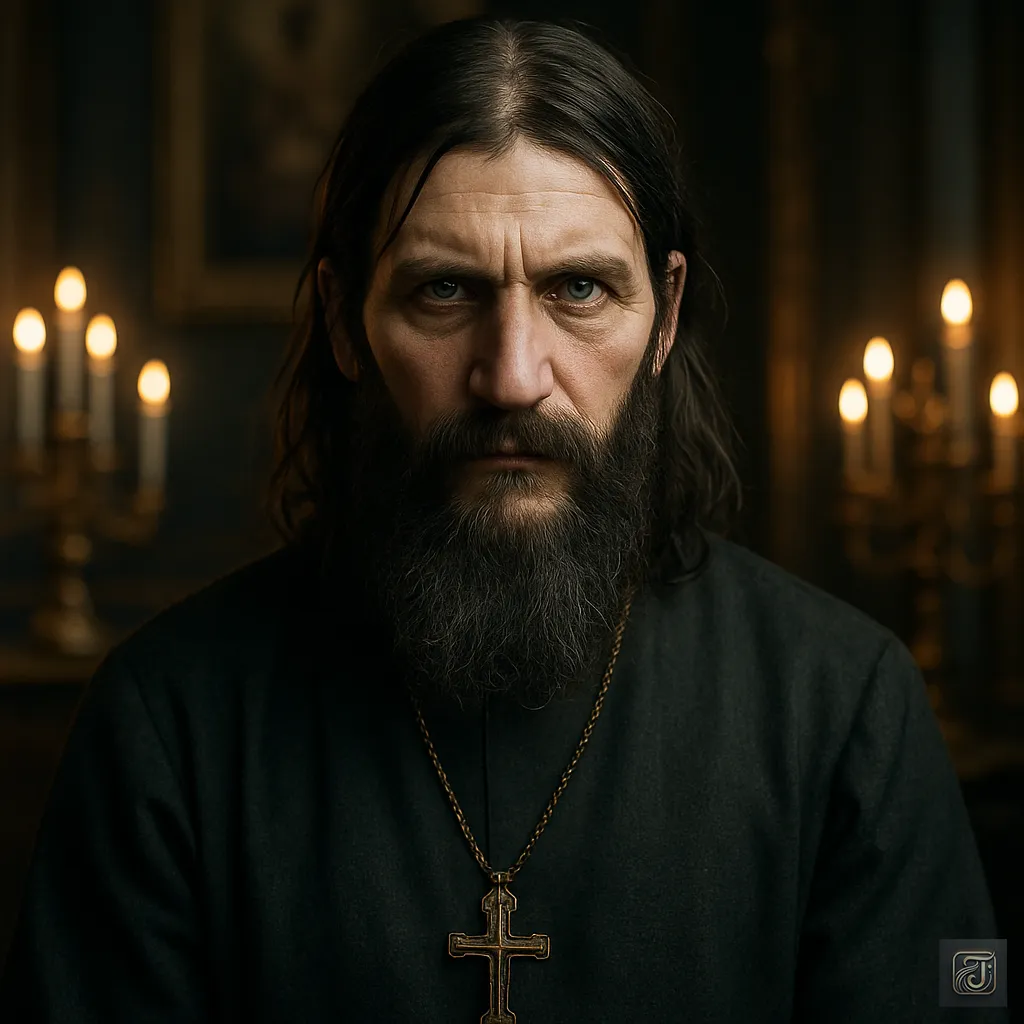
Grigori Rasputin:
“I ask for nothing.”
“I merely speak the words of God.”
And yet, that very voice
was slowly—but surely—corroding the Empire.
Chapter 4: The Whispering Voice in the Darkness (1913–1915)
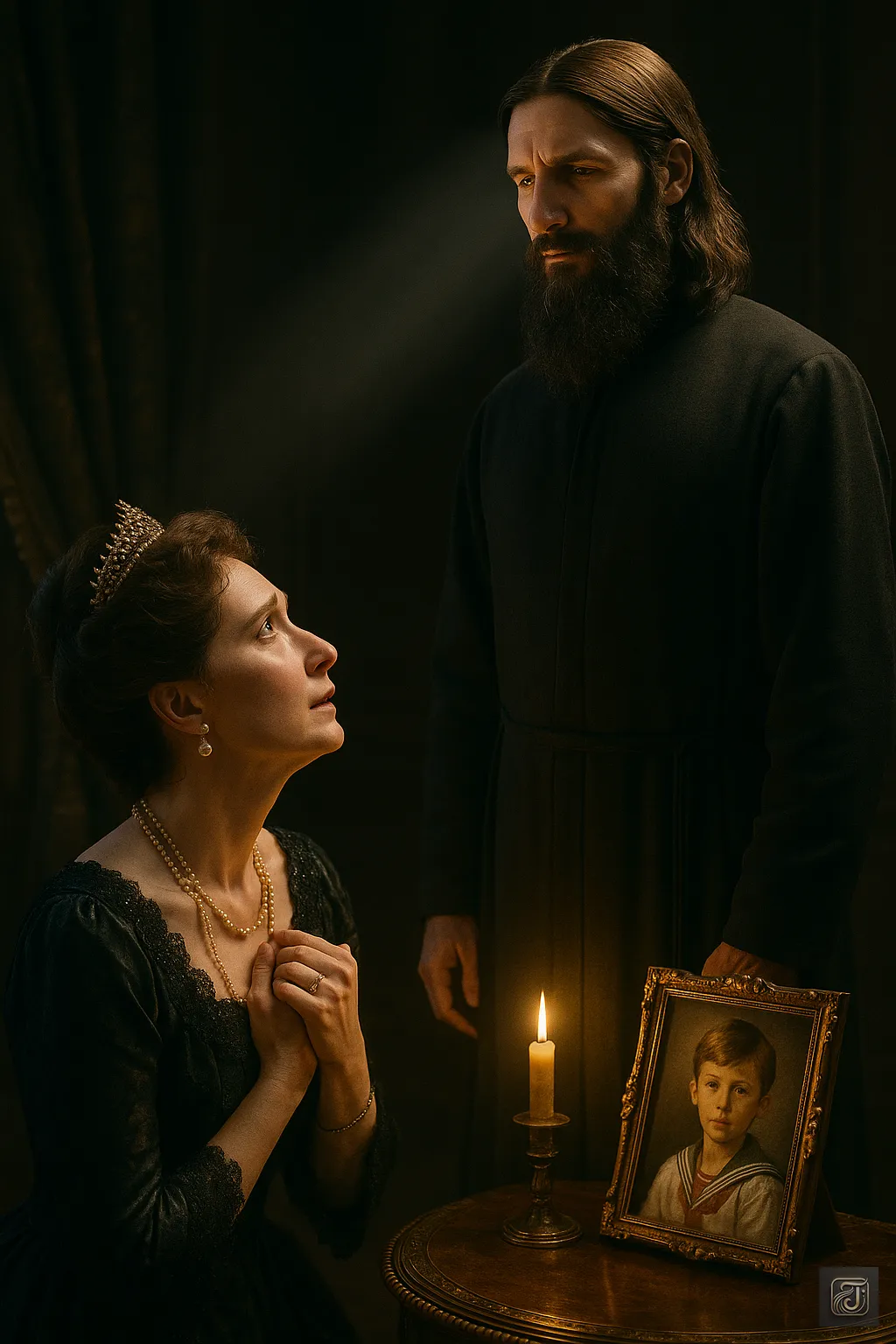
Empress Alexandra’s trust had become beyond question.
It was no longer mere trust—it was closer to worship.
More than any doctor, more than any priest,
only that man’s prayers kept her son Alexei alive.
To her, Rasputin was a saint.
No—he was a savior.
■ Beneath the Empress’s Umbrella
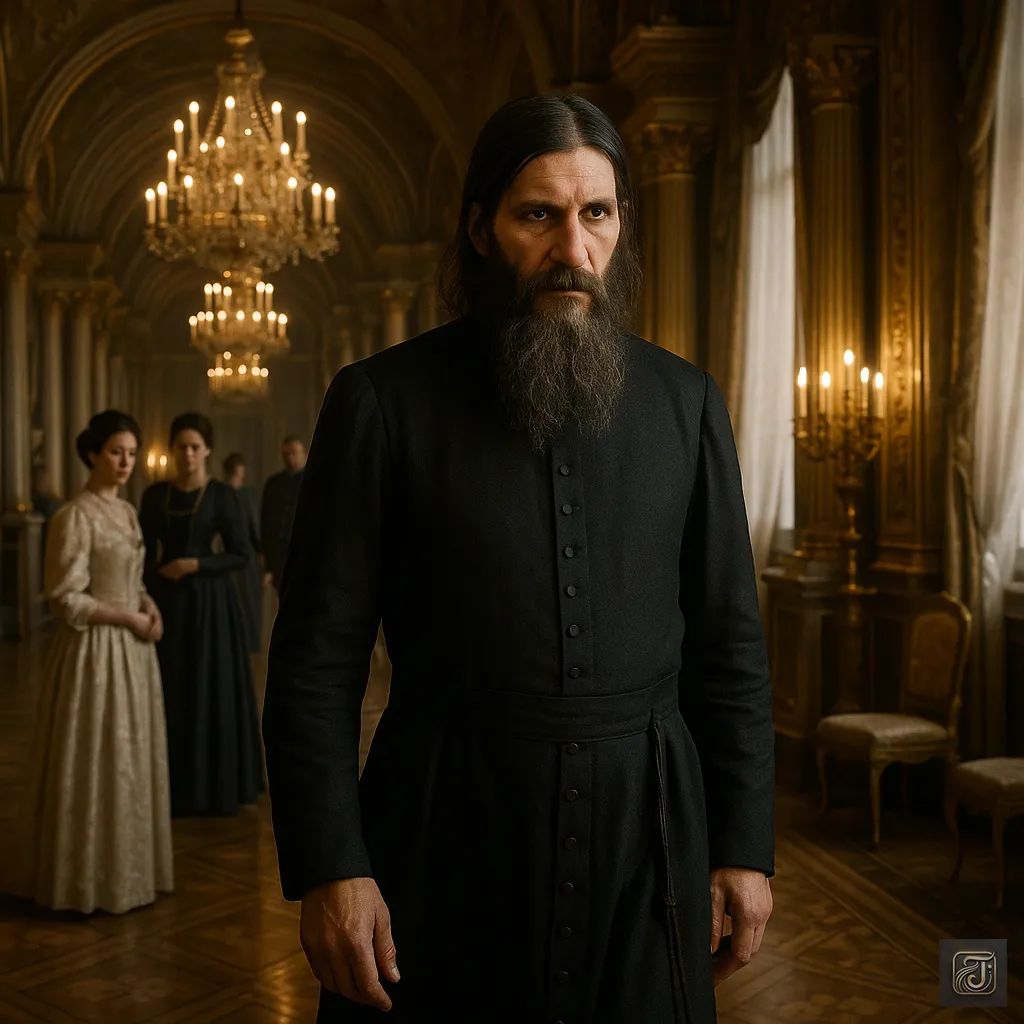
Rasputin was no longer merely a guest.
He moved freely even into the innermost chambers of the Winter Palace,
And soon he was voicing opinions on the appointments of maids and ministers alike.
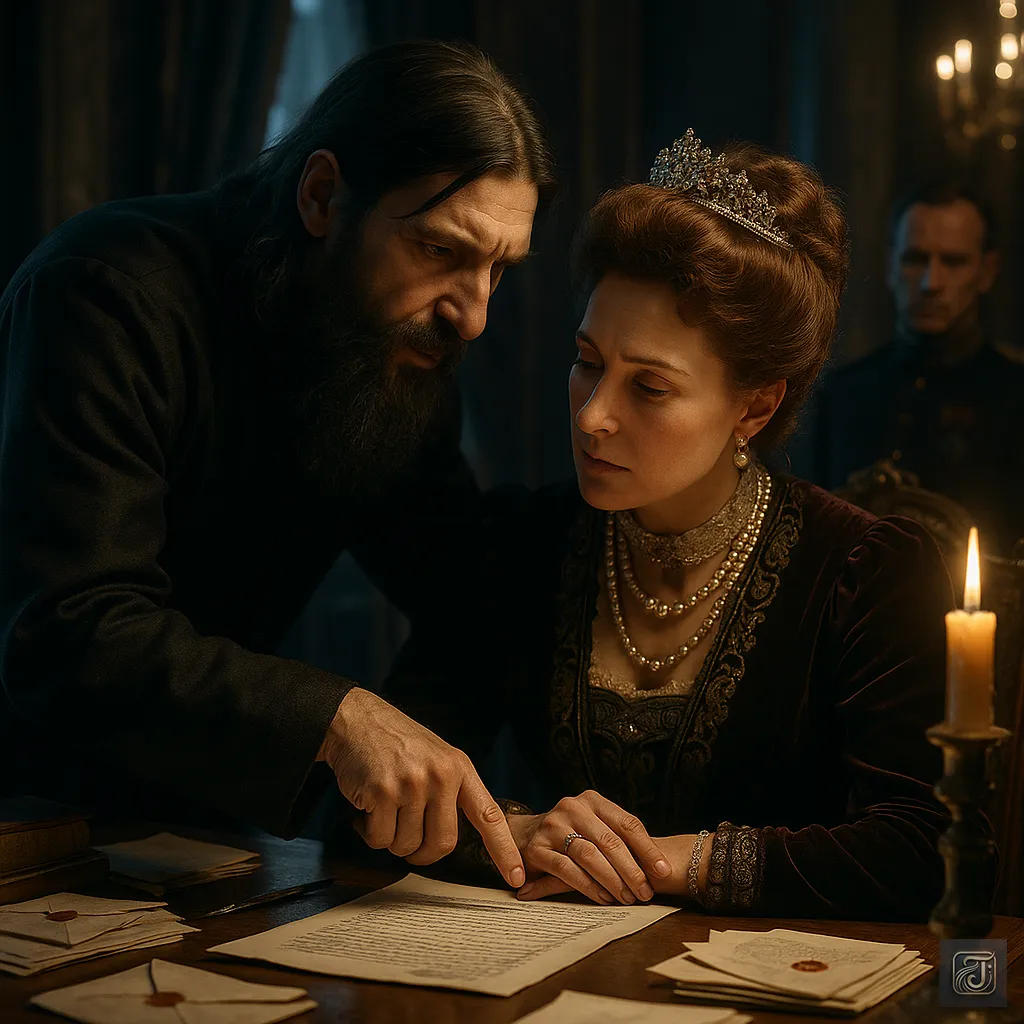
Grigori Rasputin:
“This woman cannot be trusted. She will become your enemy.”
“This man is sincere. I feel the blessing of God upon him.”
On such words alone, a person could be promoted—or cast out.
If Rasputin spoke, the Empress obeyed.
For her, his words were nothing less than “the will of God.”
■ Rumors Swirling in the Salons
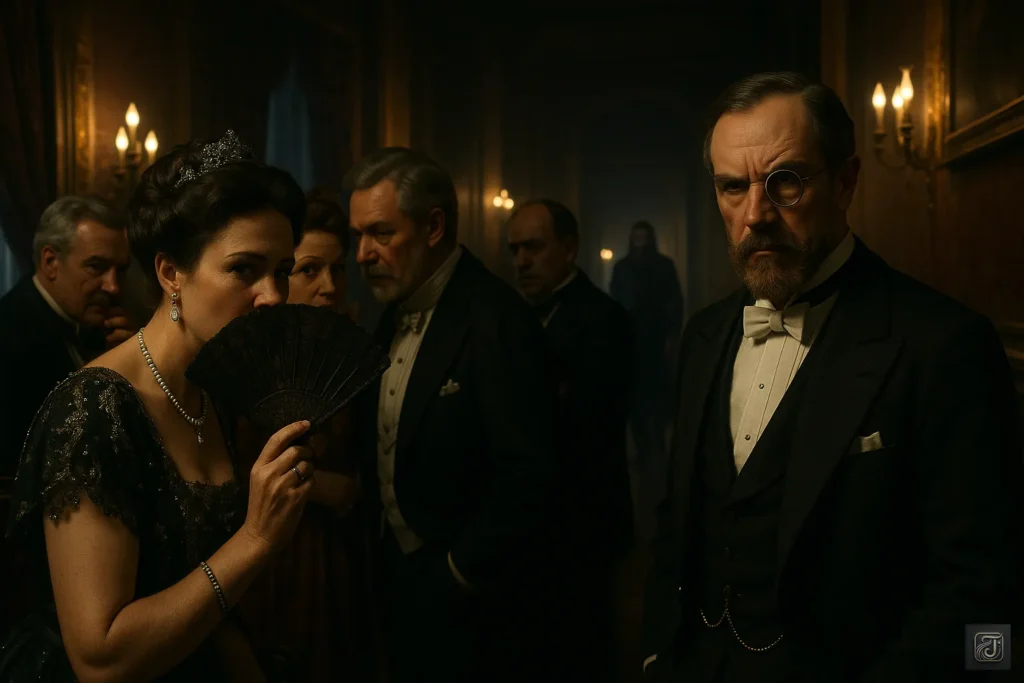
Among the nobility, whispers never ceased.
Whispers:
“Has the Empress given even her body to that man?”
“Surely his nightly visits are not for prayer.”
“He is no saint—he is an incubus, a fraud.”

Some claimed to have seen noblewomen’s cheeks flushed after his prayers.
The eyes of those who spoke of being “healed” by him carried a peculiar look of ecstasy.
The women of high society, often without realizing it themselves, began to anticipate his touch.
And Rasputin, for his part, sensed it keenly.
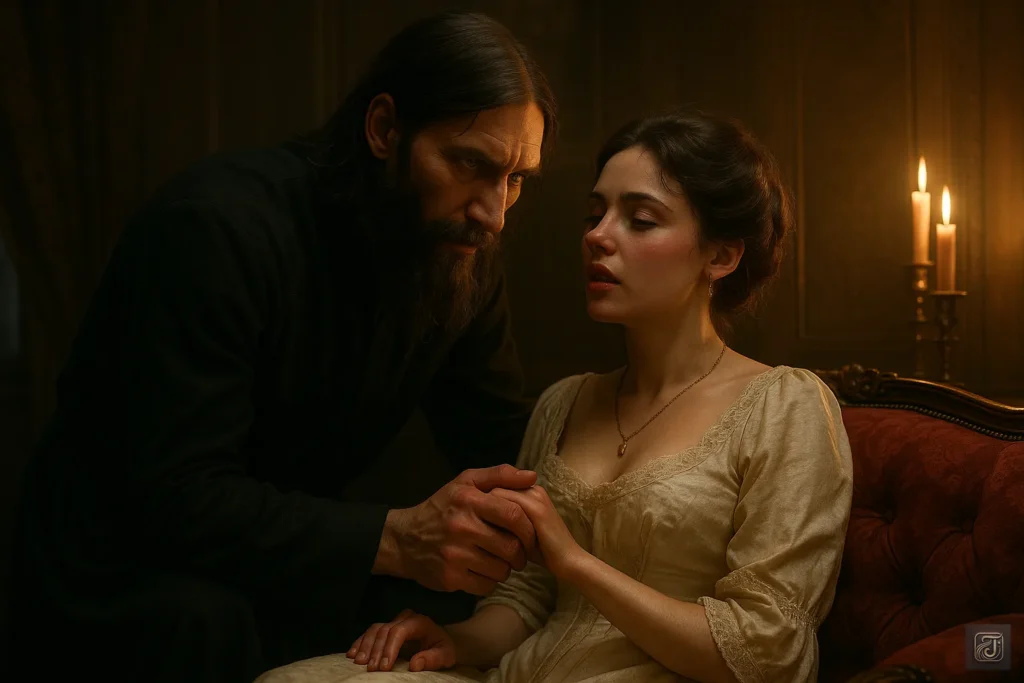
Grigori Rasputin:
“My prayers are meant to forgive sin.
That is why the weight of sin must be felt—through the body itself.”
With those words, he stripped away the thin skin of morality.
■ June 1914: The Woman with the Blade, Khionia Guseva
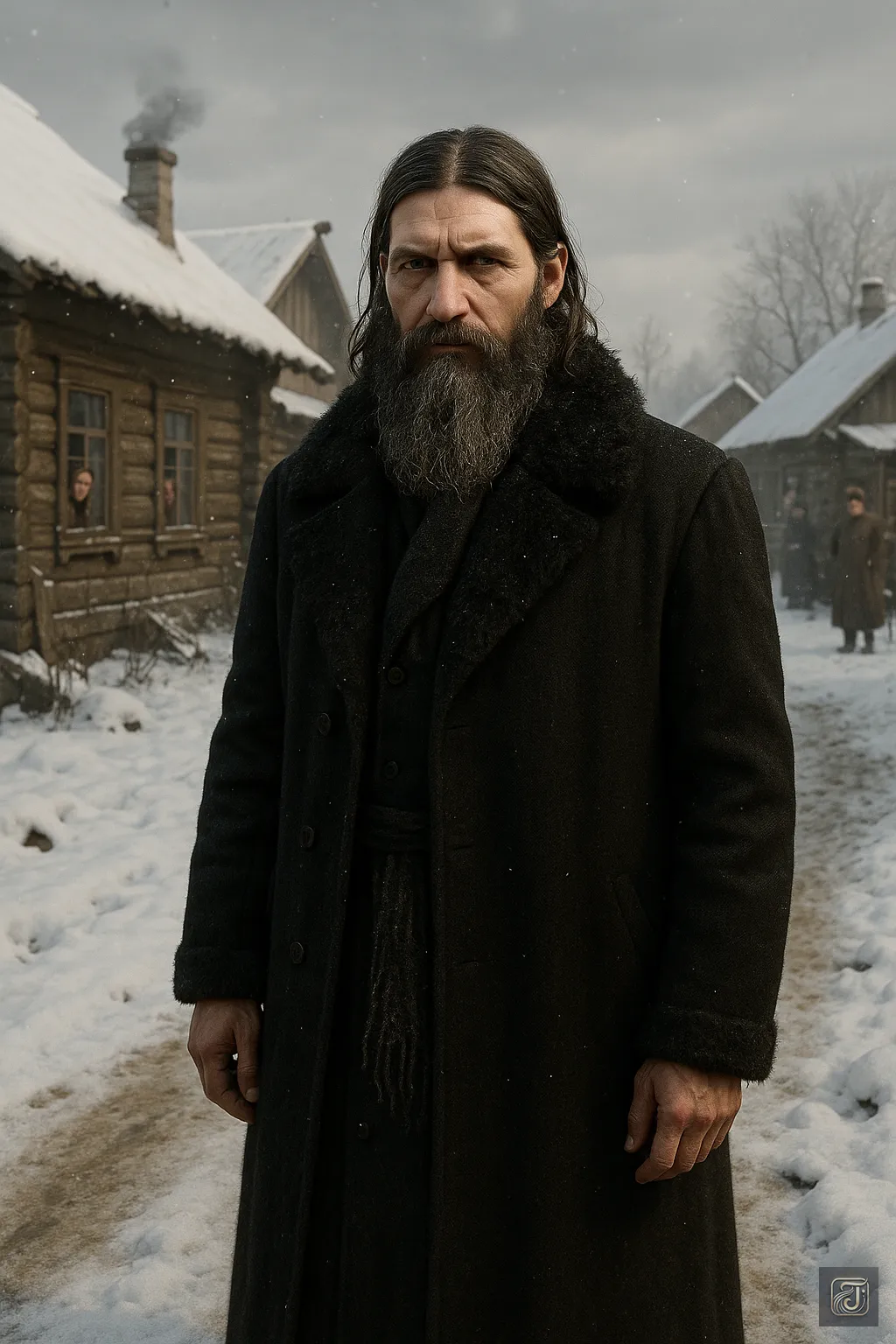
That day, Rasputin had returned to his native village of Pokrovskoye.
The man of old was gone.
Now he stood as the shadow ruler of the Empire, the guardian of the Empress, and the very embodiment of mysticism.
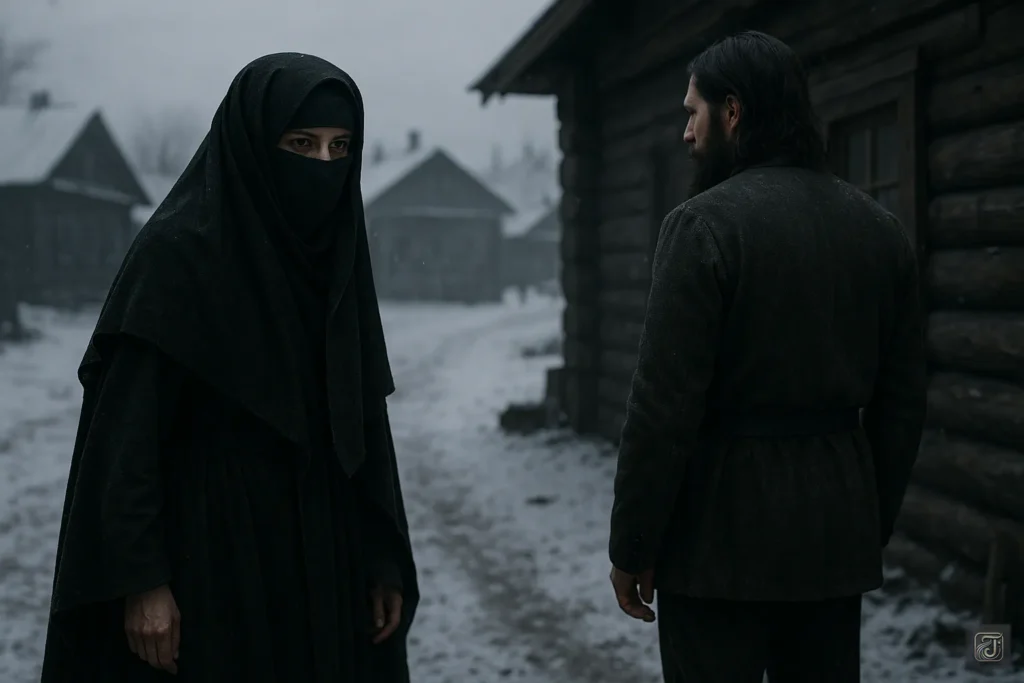
There, a woman approached him.
Her face was veiled in black cloth—
a woman who had once devoted herself to prayer in a convent: Khionia Guseva.

Woman:
“Father, please… grant me the light of God…”
In the very next instant, she drew a dagger and plunged it deep into his abdomen.
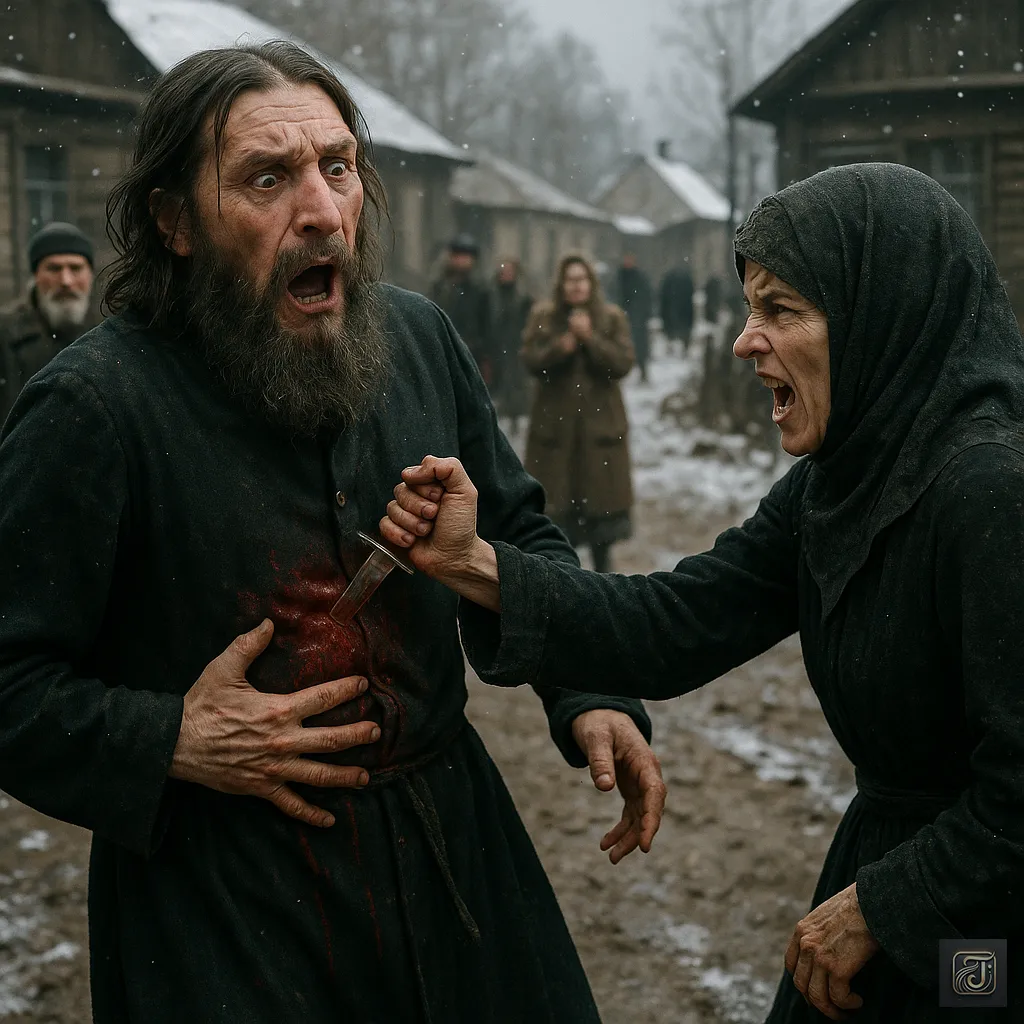
Woman:
“Demon, be destroyed!!!”

Blood gushed forth as Rasputin collapsed to the ground, writhing in agony.
By the time the villagers rushed to him, his consciousness was already fading.
And yet—he did not die.
■ The “Monster” Who Survived
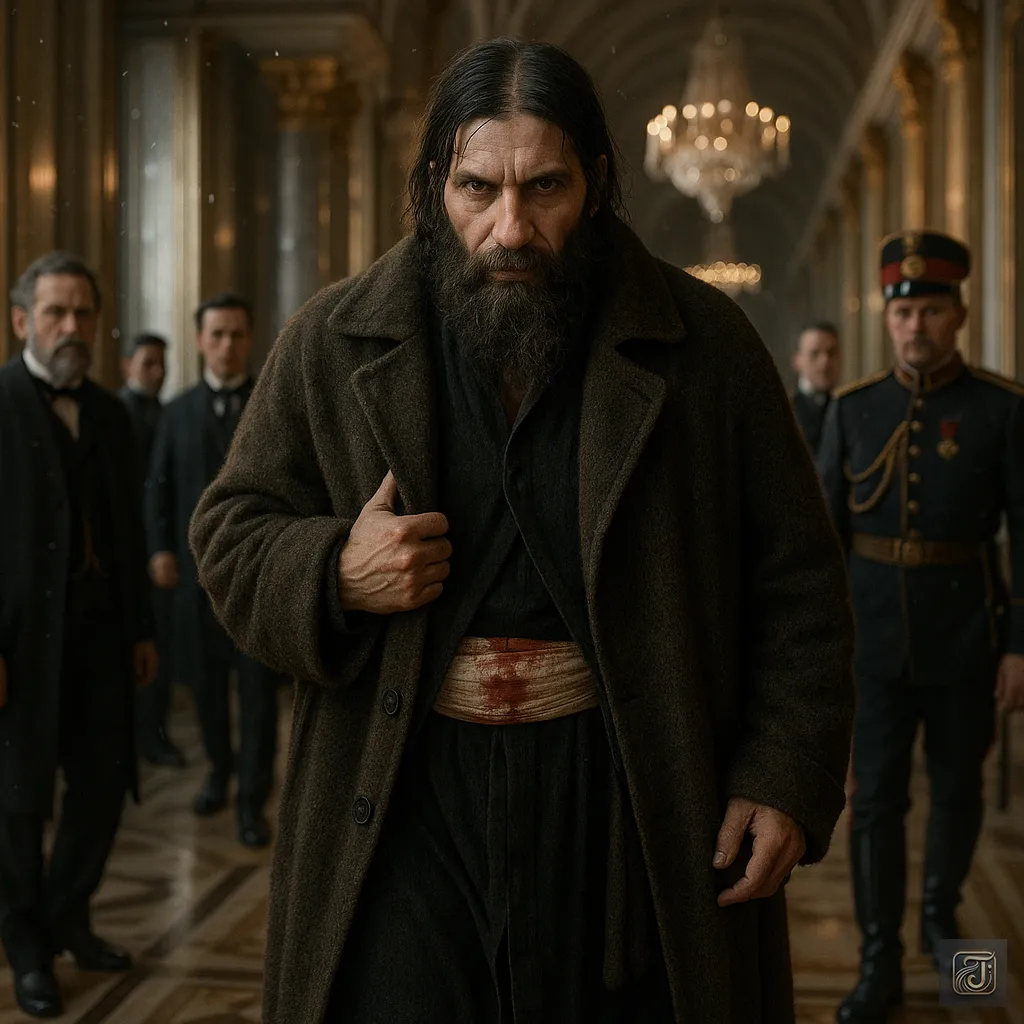
Months later, Rasputin once more appeared at court.
Bandages were wrapped around his abdomen, and his movements were slower—
Yet the light in his eyes had only grown sharper.
The Empress wept as she embraced him.
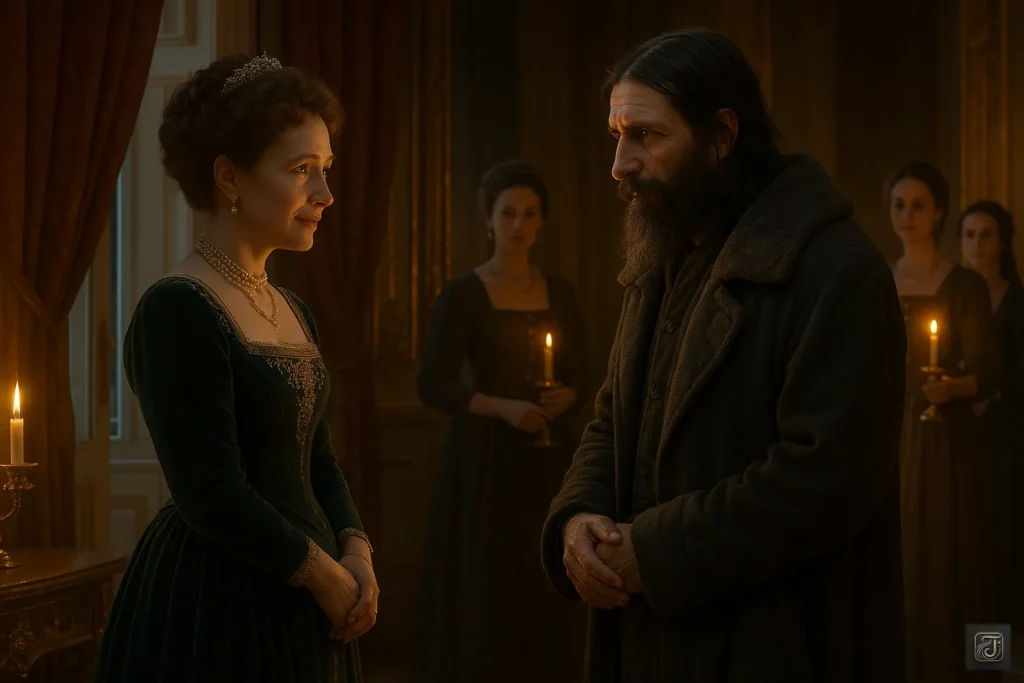
Empress Alexandra:
“What a trial… Grigori, you truly are a man of God.”
Ironically, the stabbing only advanced Rasputin’s deification.
He was no longer merely a healer of prayers—
He had become a martyr.
■ 1915: The Yar Restaurant Incident
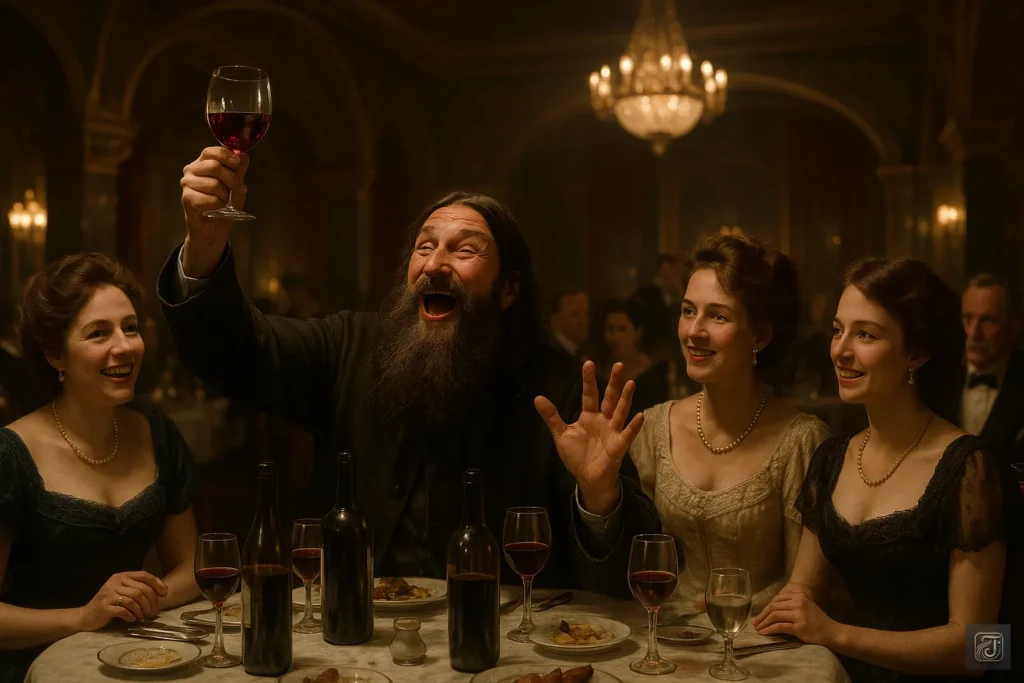
And then, another scandal erupted.
At the upscale Yar Restaurant in St. Petersburg,
Rasputin was seen laughing loudly with young women,
drinking wine as though pouring it over himself.
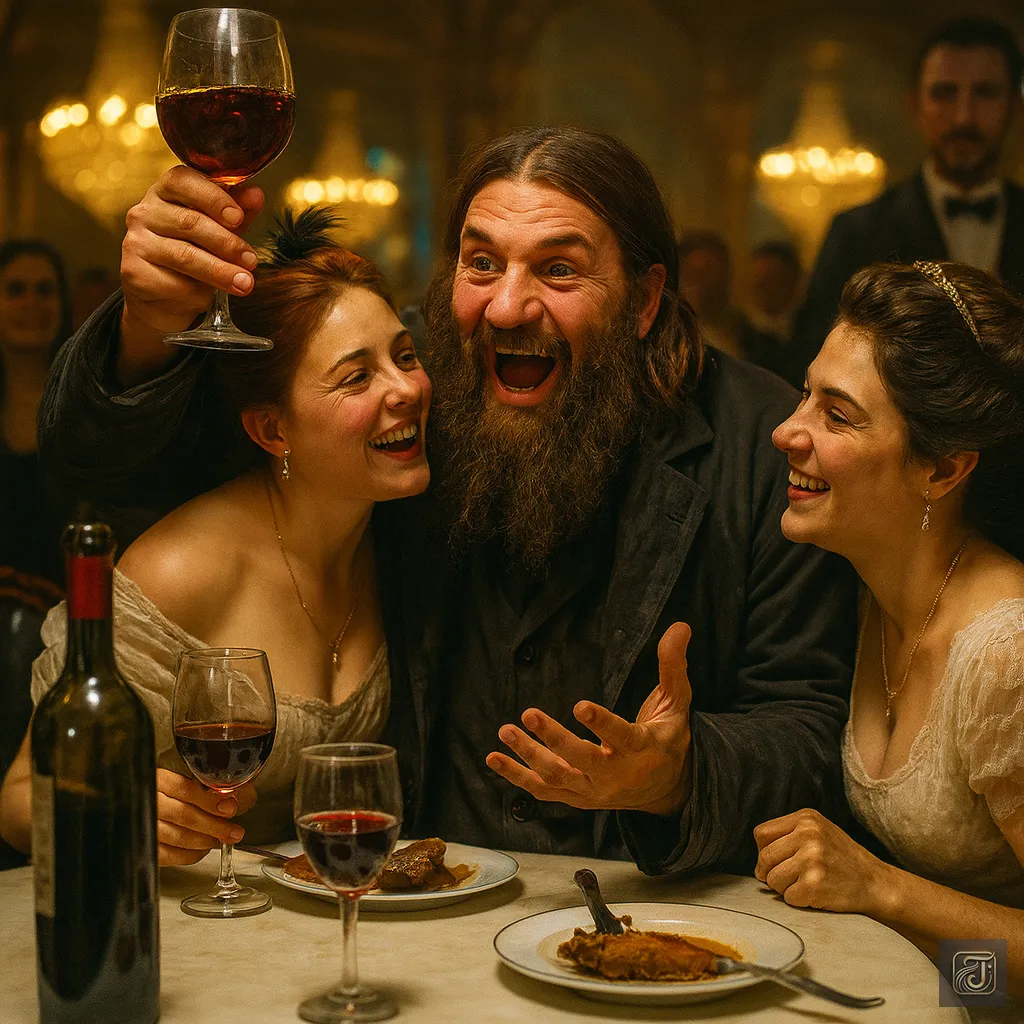
Grigori Rasputin:
“Do you know who I am? I am the one who controls the Empress!”
“The Empress will do anything I tell her!”
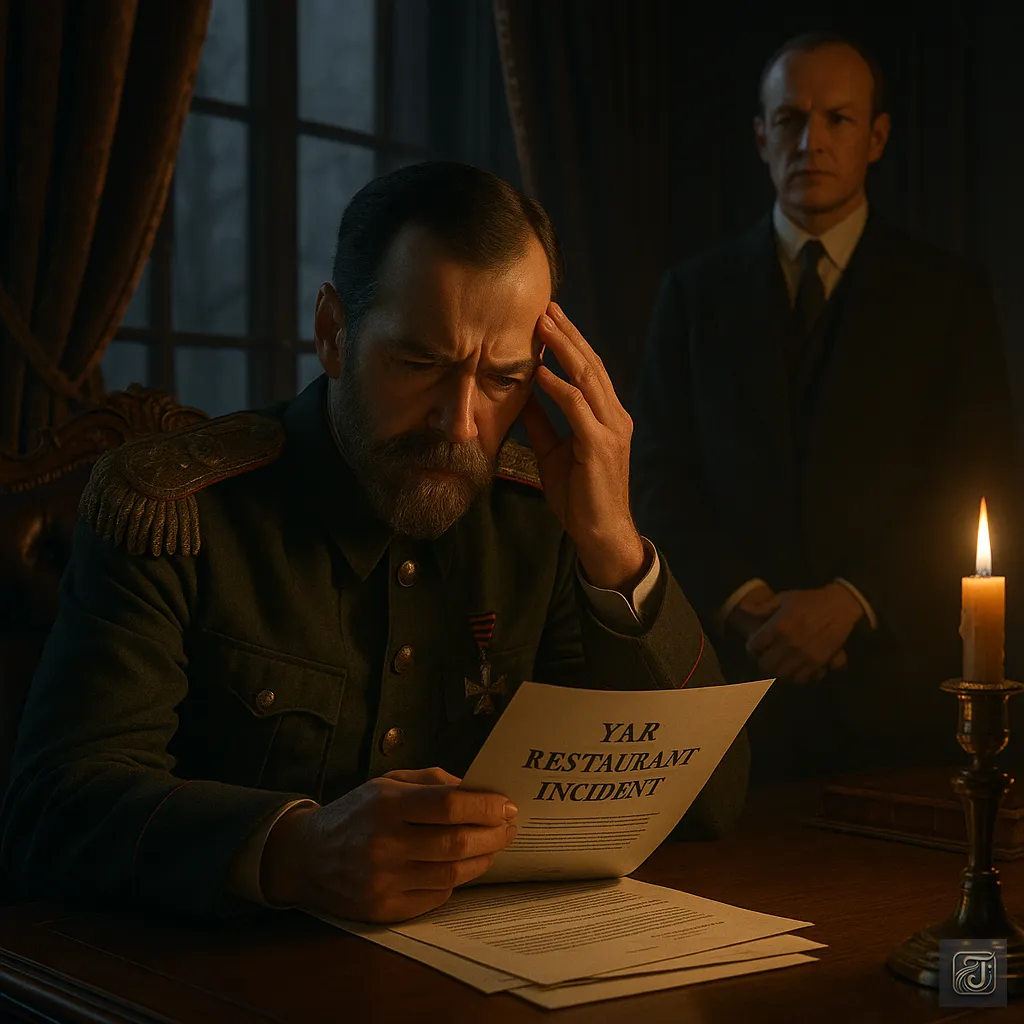
Government officials who witnessed the scene compiled a detailed report.
The report reached the ears of the Tsar, and Nicholas II was deeply troubled.
But the Empress said
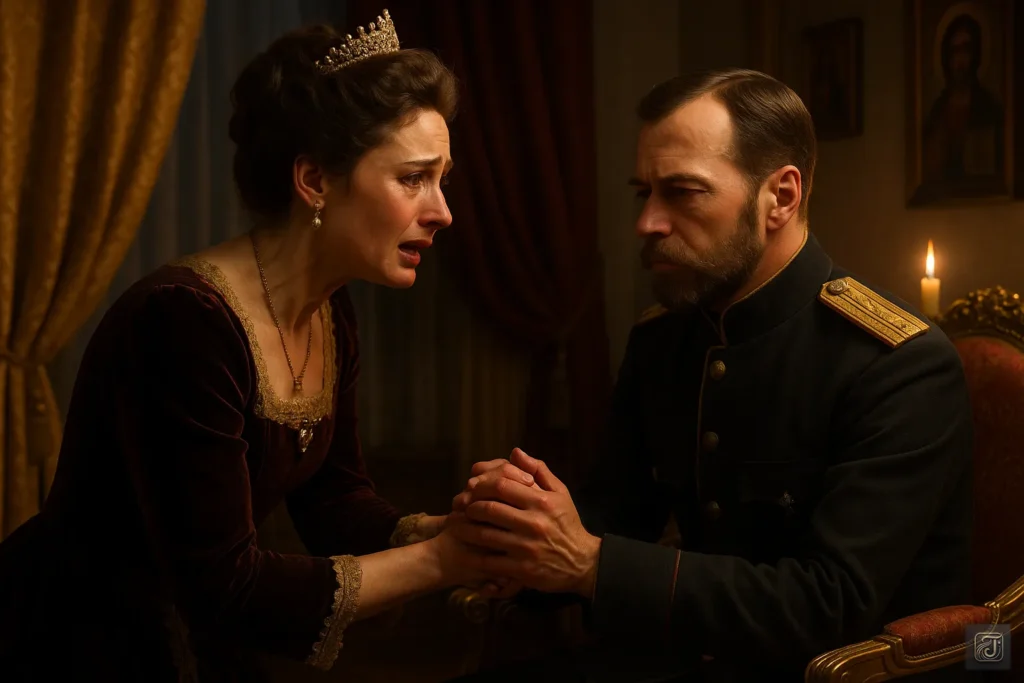
Empress Alexandra:
“It is nothing but slander against him.
If even you begin to doubt Grigori,
then I will have neither God nor husband left to me.”
And so, the Tsar fell silent.
■ Now a “Untouchable Presence”
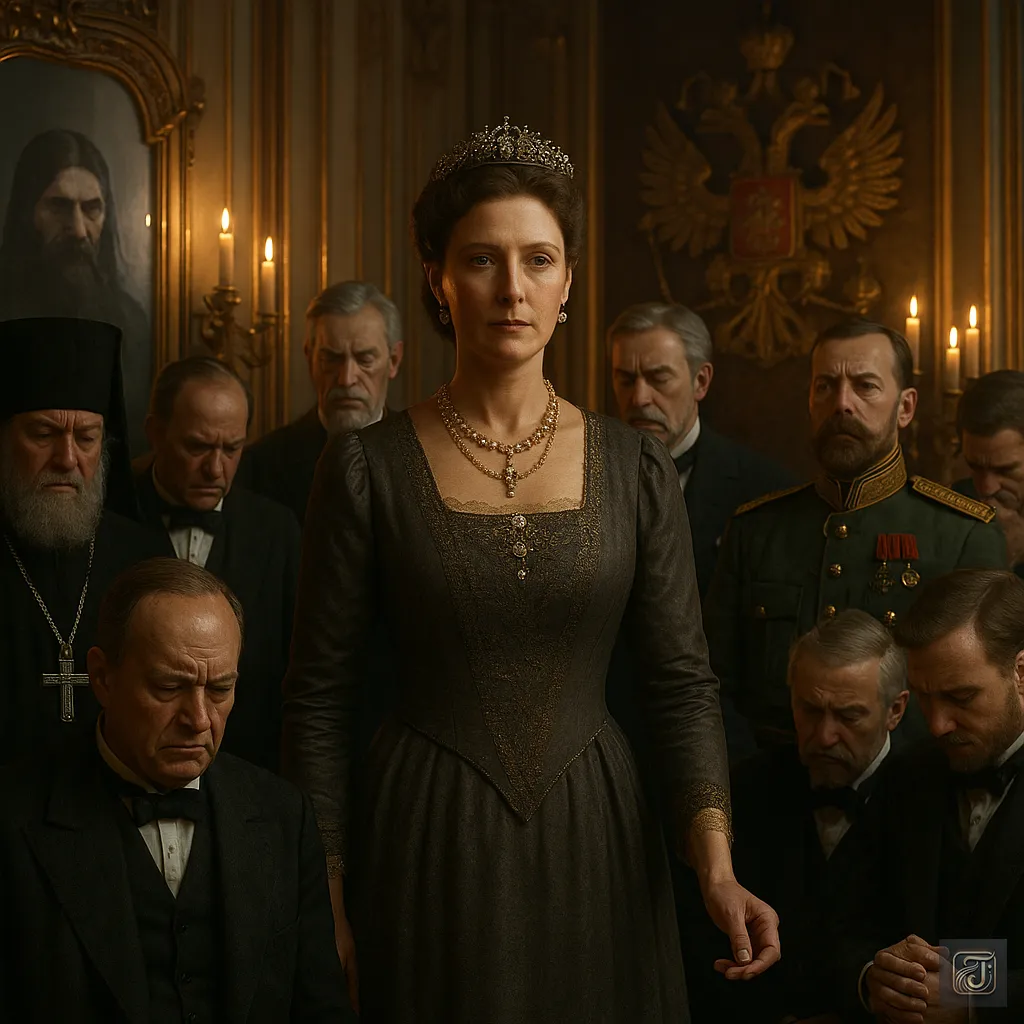
The clergy raged, the nobility trembled, and the military despaired.
Yet none could openly deny Rasputin’s presence.
For to deny him was to deny the Empress herself—
her faith, and her very authority.

And then, in August 1915—
With Tsar Nicholas II departing for the front,
Rasputin and Empress Alexandra became the de facto rulers of the Empire.
Chapter 5: The God Who Must Be Slain (1915–1916)

With the Tsar gone to the front, the void in governance was filled by none other than Empress Alexandra—
and the man she trusted absolutely, Grigori Rasputin.
But a god does not heal alone.
Once a god wields power, he will inevitably become a source of fear to the people.
■ The Empress and the “Advisor of God”
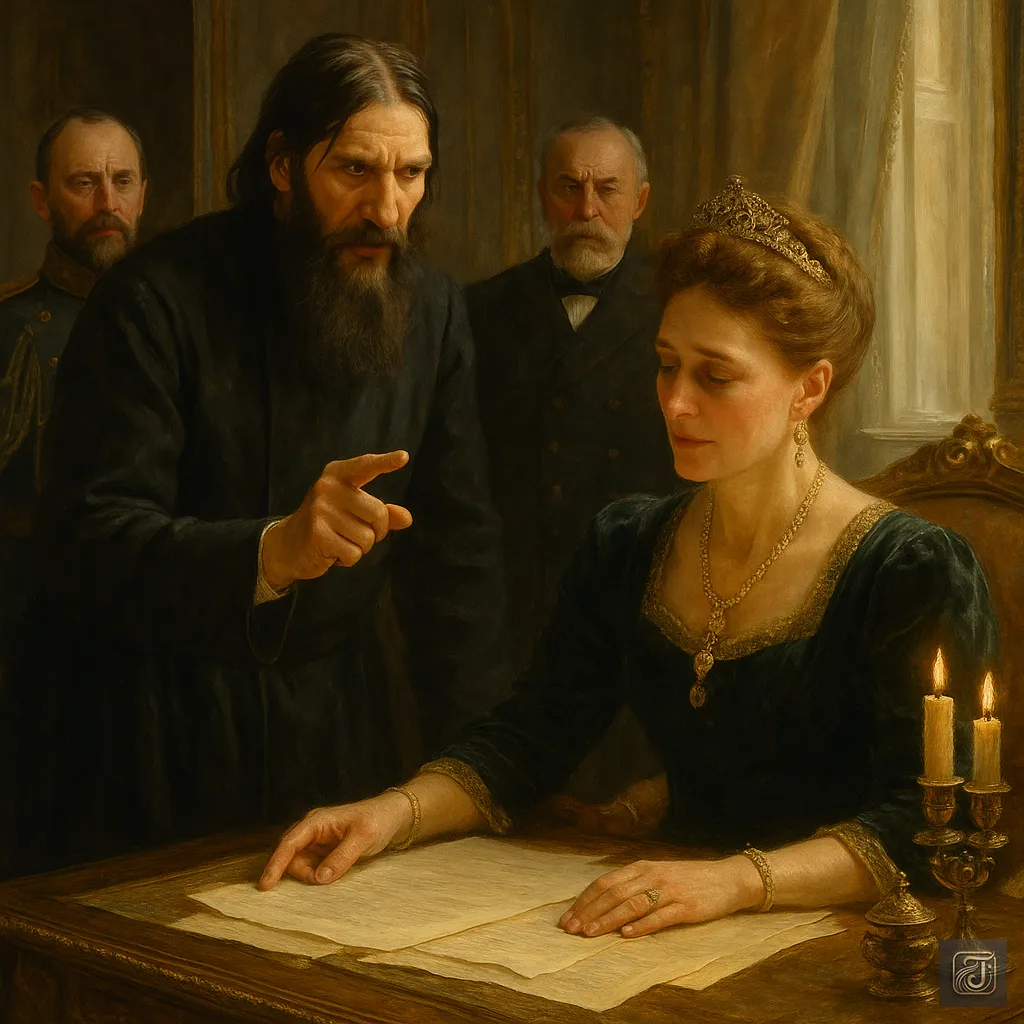
Grigori Rasputin:
“This man is disloyal. He must be dismissed.”
“This man is close to God’s will. Appoint him.”
On Rasputin’s word alone, generals were removed and ministers appointed.
The machinery of governance collapsed; reason and merit no longer mattered.
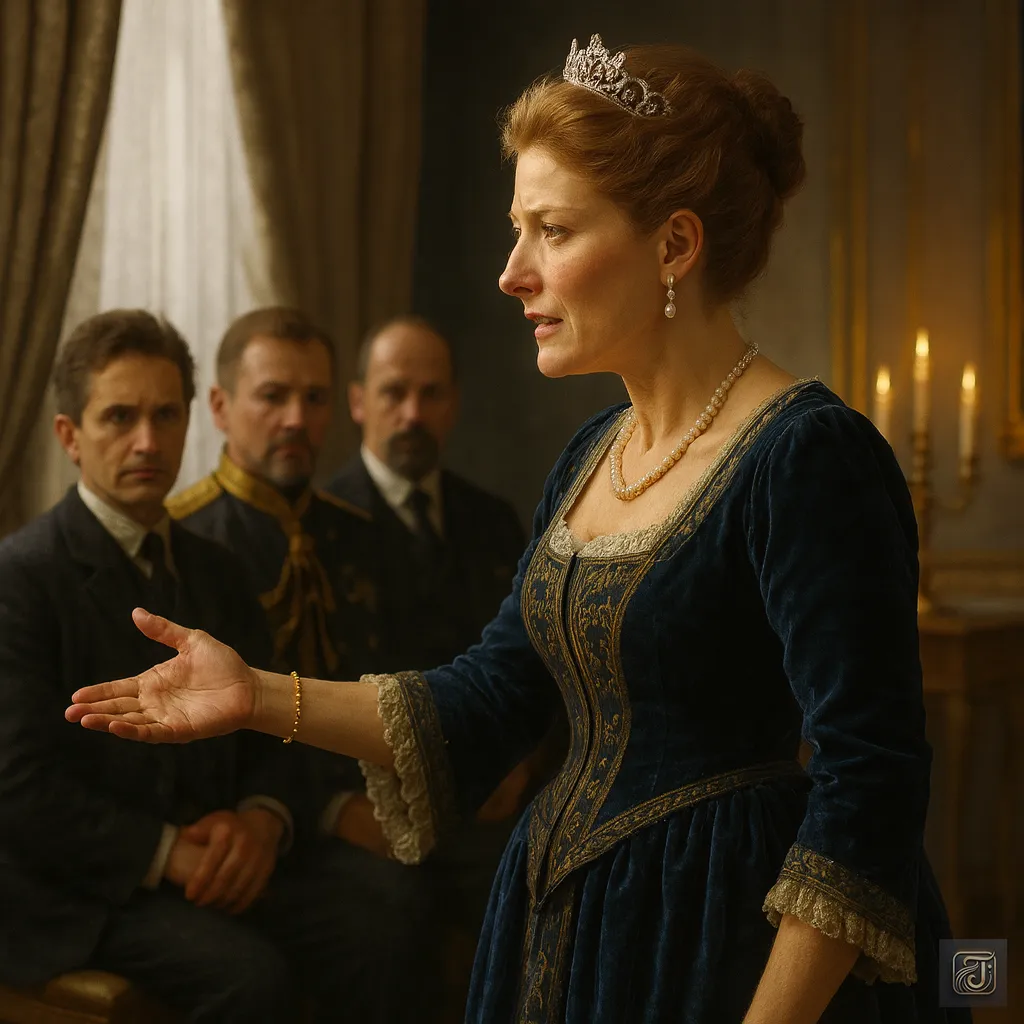
Empress Alexandra:
“Grigori has said so. There can be no mistake.”
So declared Alexandra.
To some, her words inspired fear; to others, they seemed nothing short of madness.
■ The Fury of the Generals at the Front
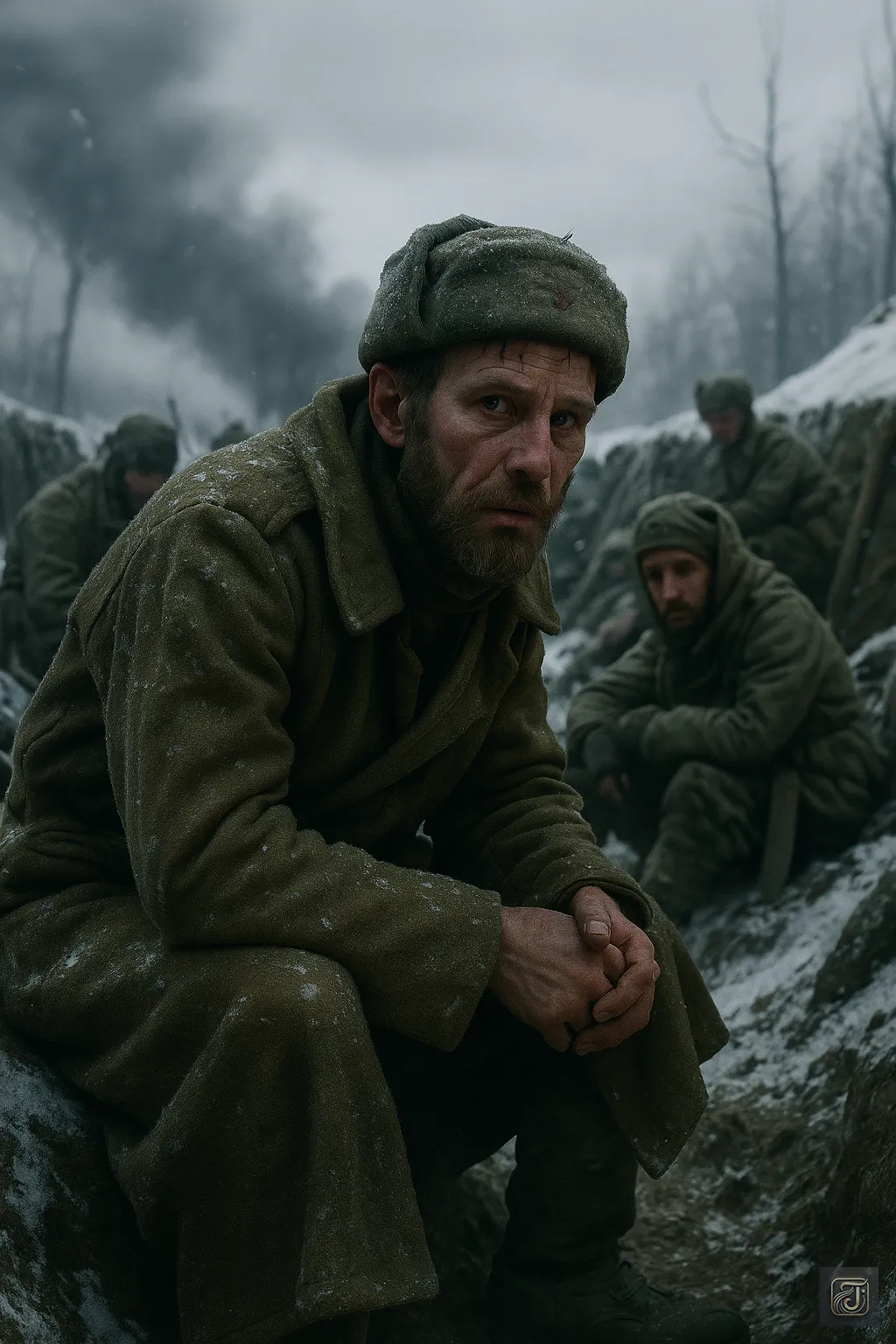
On the battlefield, soldiers starved, froze, and bled.
Yet in the rear, government posts were handed out at random, dictated by the so-called “voice of God.”
Morale plummeted, the front lines descended into chaos,
and some units even saw their chains of command collapse entirely.
The generals ground their teeth in fury.

But if they dared appeal to the Empress, they were immediately dismissed under the guise of a “command of the Tsar.”
And they all knew whose hand was truly issuing those commands.
■ Denunciation in the Duma
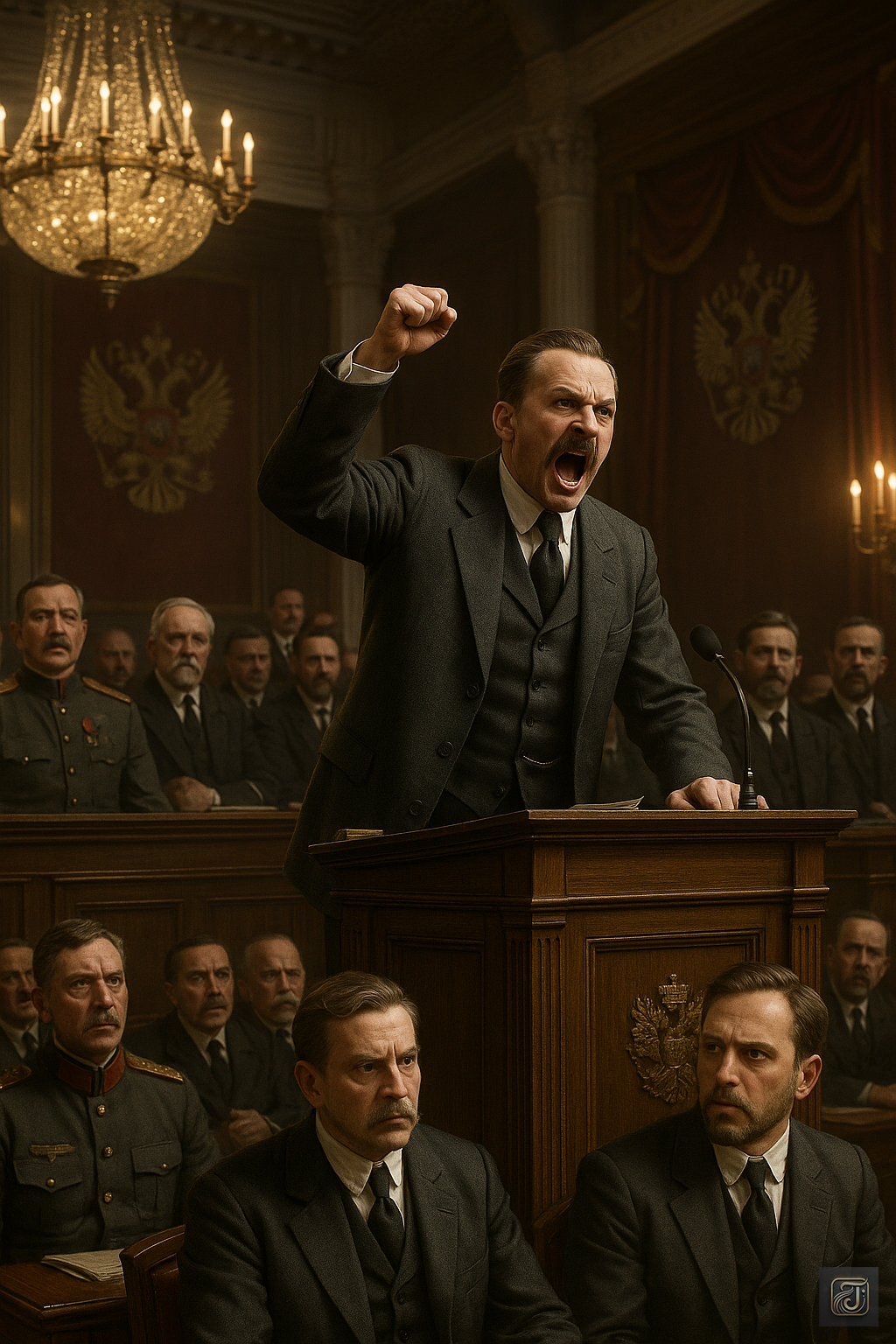
Deputy Purishkevich:
“It is the German-born Empress Alexandra—
and at her side, that peasant-turned-mystic Rasputin—who is leading this nation to ruin!”
In 1916, Deputy Purishkevich thundered these words in the Duma.
After a moment of stunned silence, the chamber erupted in shouts and applause.
And yet, Rasputin seemed utterly unfazed.
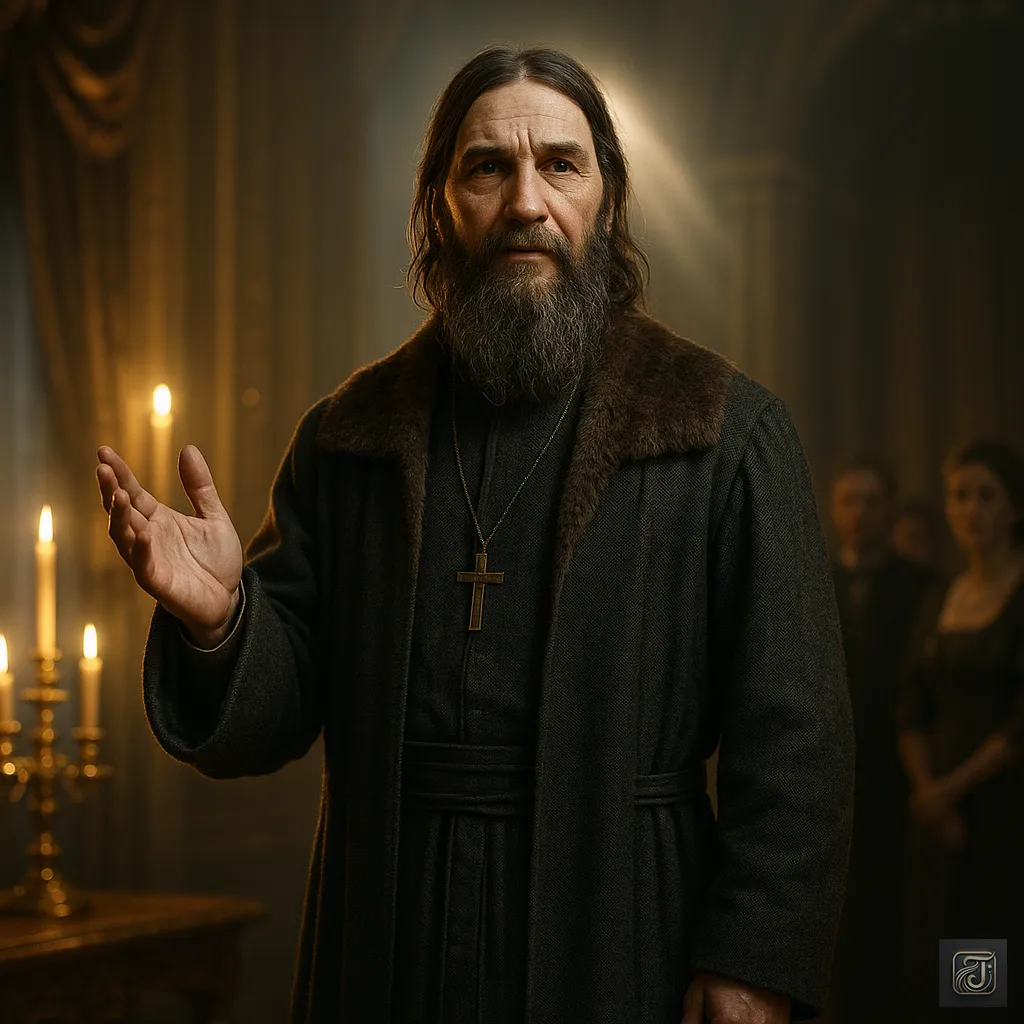
Grigori Rasputin:
“That is nothing more than the howling of a beaten dog.
No matter what he says, the Empress’s will shall never waver.”
■ A Court Seething with Hatred
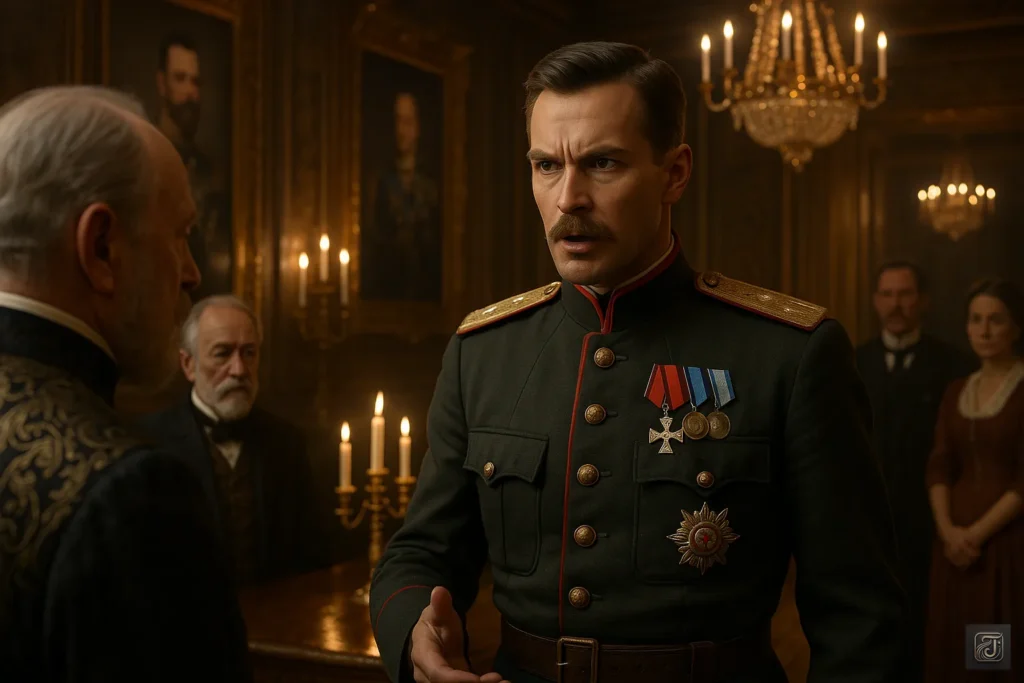
Grand Duke Dmitri Pavlovich, cousin to the Tsar, declared:
“For the sake of preserving the blood of the Emperor, that man must be eliminated.”
It was not only the army and the Duma that seethed with anger.
Even within the royal family, there was no one left to defend Rasputin.
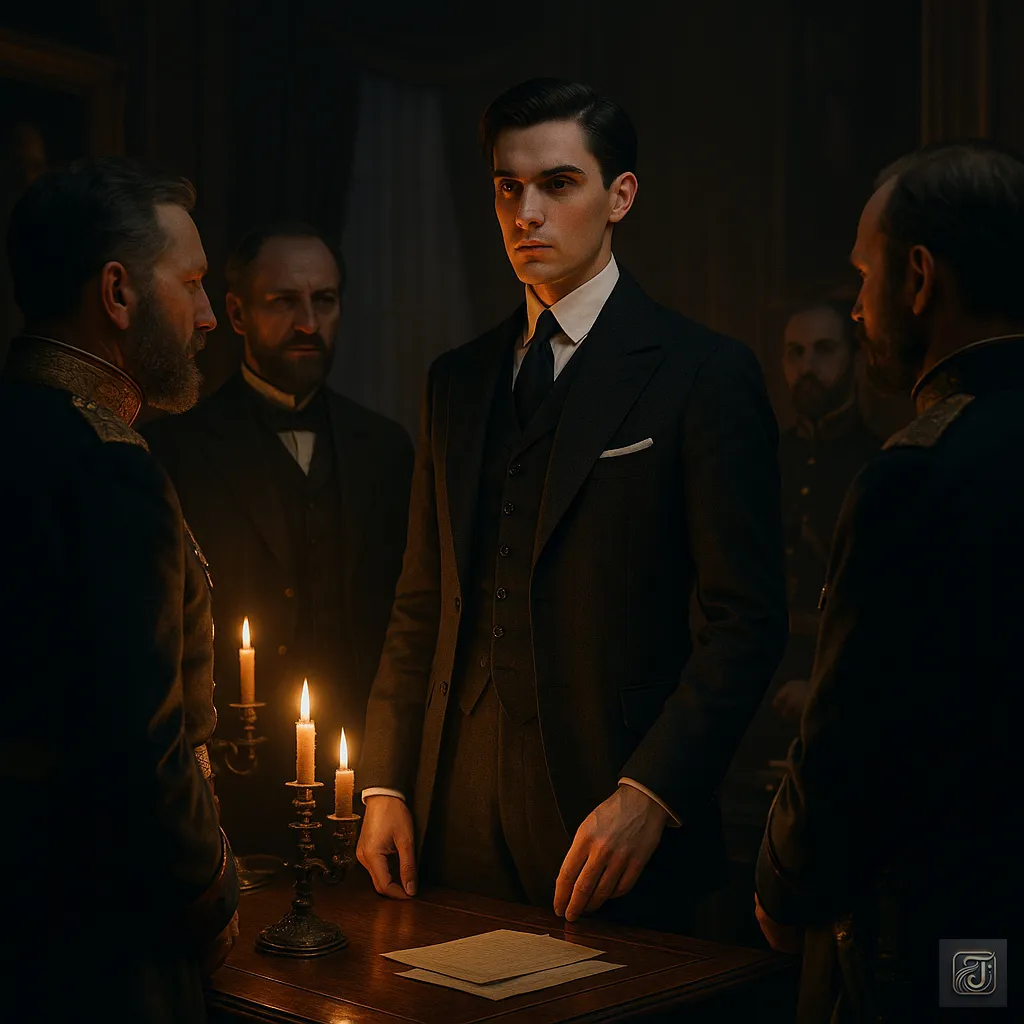
And so, beneath the surface, nobles began to unite, seeing Rasputin’s murder as a duty to the motherland.
At their head stood Prince Felix Yusupov—
Heir to one of Russia’s most illustrious families, a man of beauty and intellect,
and one who secretly dreamed of becoming the man who would etch his name into history.
■ The Man Called Felix Yusupov

Felix Yusupov.
Heir to one of Russia’s most distinguished families, the House of Yusupov.
Gifted with beauty and refinement, versed in literature and the arts, he was celebrated as the darling of society.
Yet the greatest authority he had gained was through his marriage to Irina, niece of Tsar Nicholas II.

“I am not merely a prince. I am part of the imperial family.”
This fact bestowed upon him not only an undeniable responsibility but also an unspoken ambition.
If he were to act, as kin of the Tsar, his actions would be seen as the will of the Empire itself.

“Who else should cut away the corruption that is devouring Russia?
It must be me.”
He believed himself to be uniquely suited to destroy Rasputin—
by blood, by right, and by the dramatic weight of destiny itself.
■ The Desires of Felix Yusupov
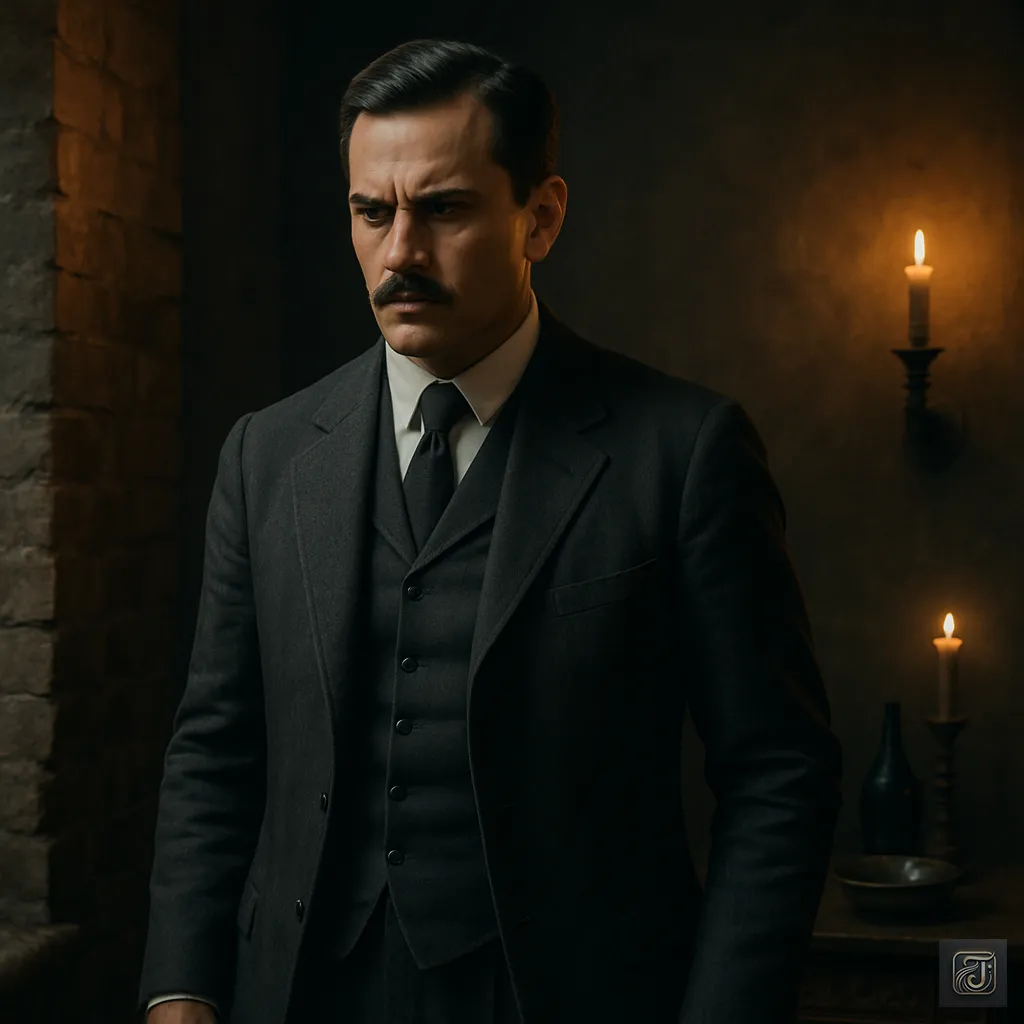
Felix Yusupov:
“If someone must do it…
Then should not the honor, the glory, be mine to claim?”
Reason and ambition.Duty and vanity.
All swirled together, hardening into a single resolve.
“Grigori Rasputin—must die.”
■ The Assassination Plot Begins
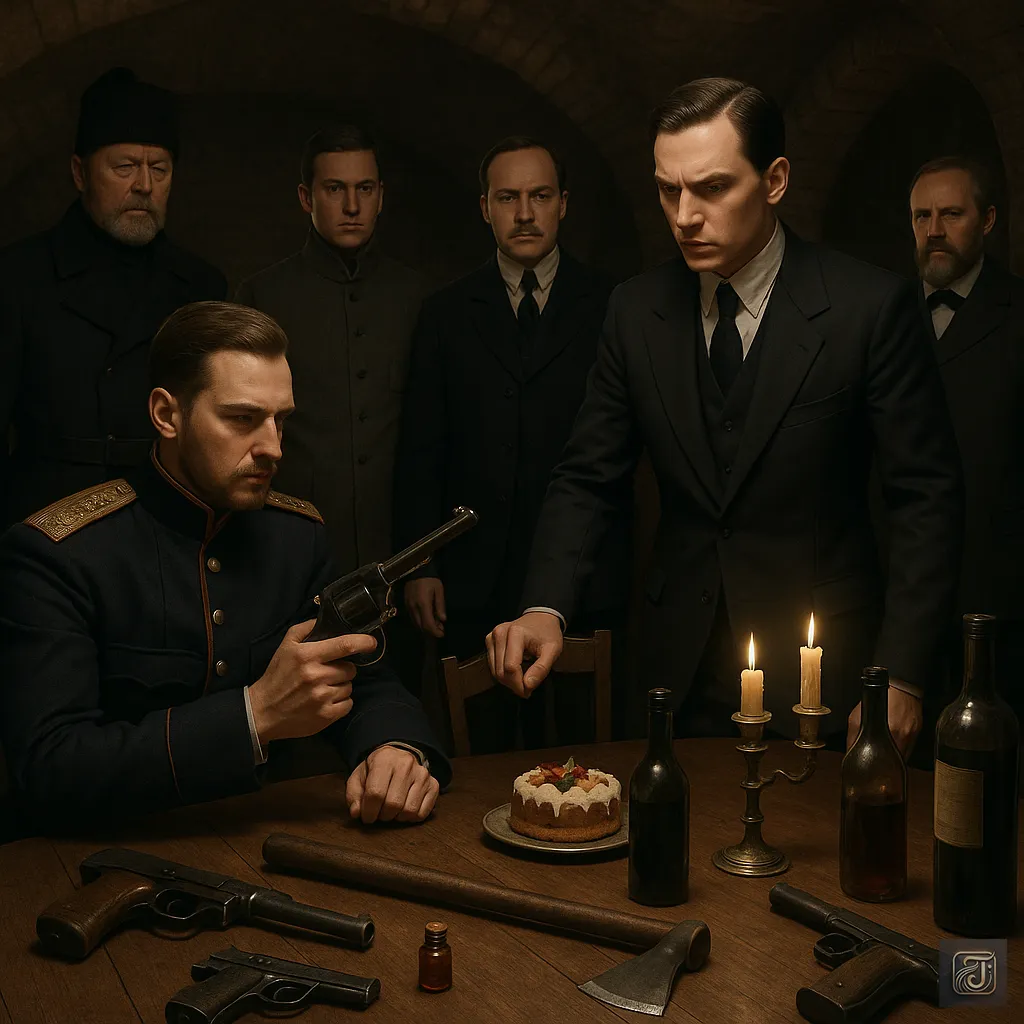
Winter of 1916.
The basement of a noble estate was chosen as the altar.
Wine, cakes, poison, revolvers, clubs—
The preparations were made, and the participants were carefully selected.
Prince Yusupov — the mastermind.
Grand Duke Dmitri — the imperial bloodline’s backing.
Purishkevich — the voice of the Duma.
A doctor and attendants — to manage the aftermath.
All of them knew.
This was no ordinary murder.
This was a ritual—the slaying of a god.
Chapter 6: The Night of the Unyielding Demon (December 29, 1916)
■ Irina—the “Pretext”
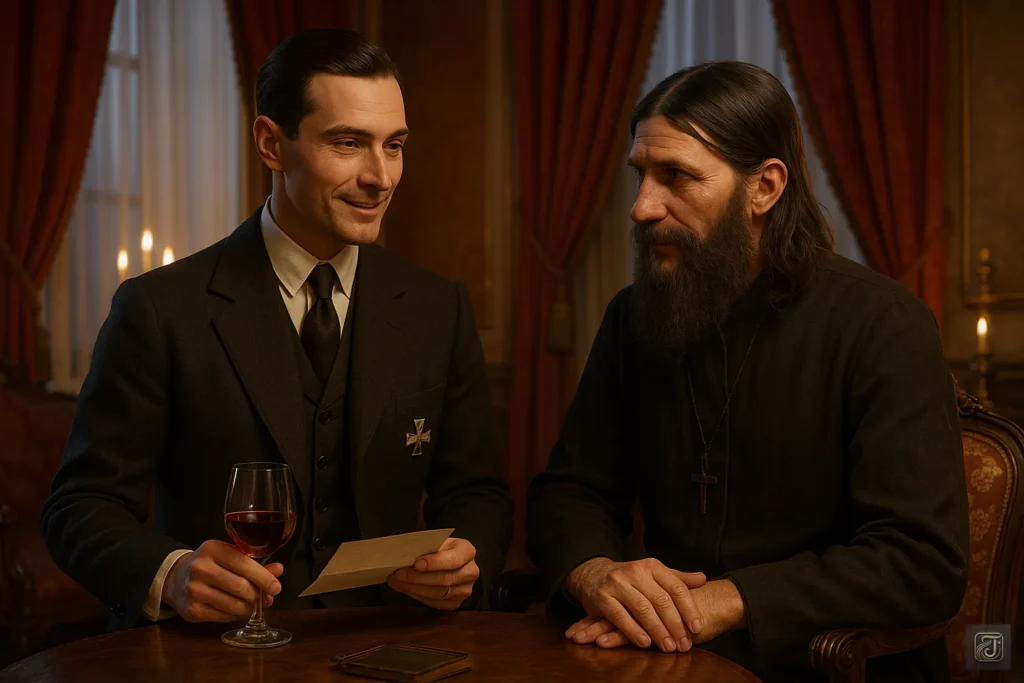
Felix Yusupov:
“My wife, Irina… she has expressed a strong desire to meet you, Father.”
So spoke Yusupov, to lure Rasputin into his palace.

Irina Alexandrovna—
niece of the Tsar, and wife of the prince.
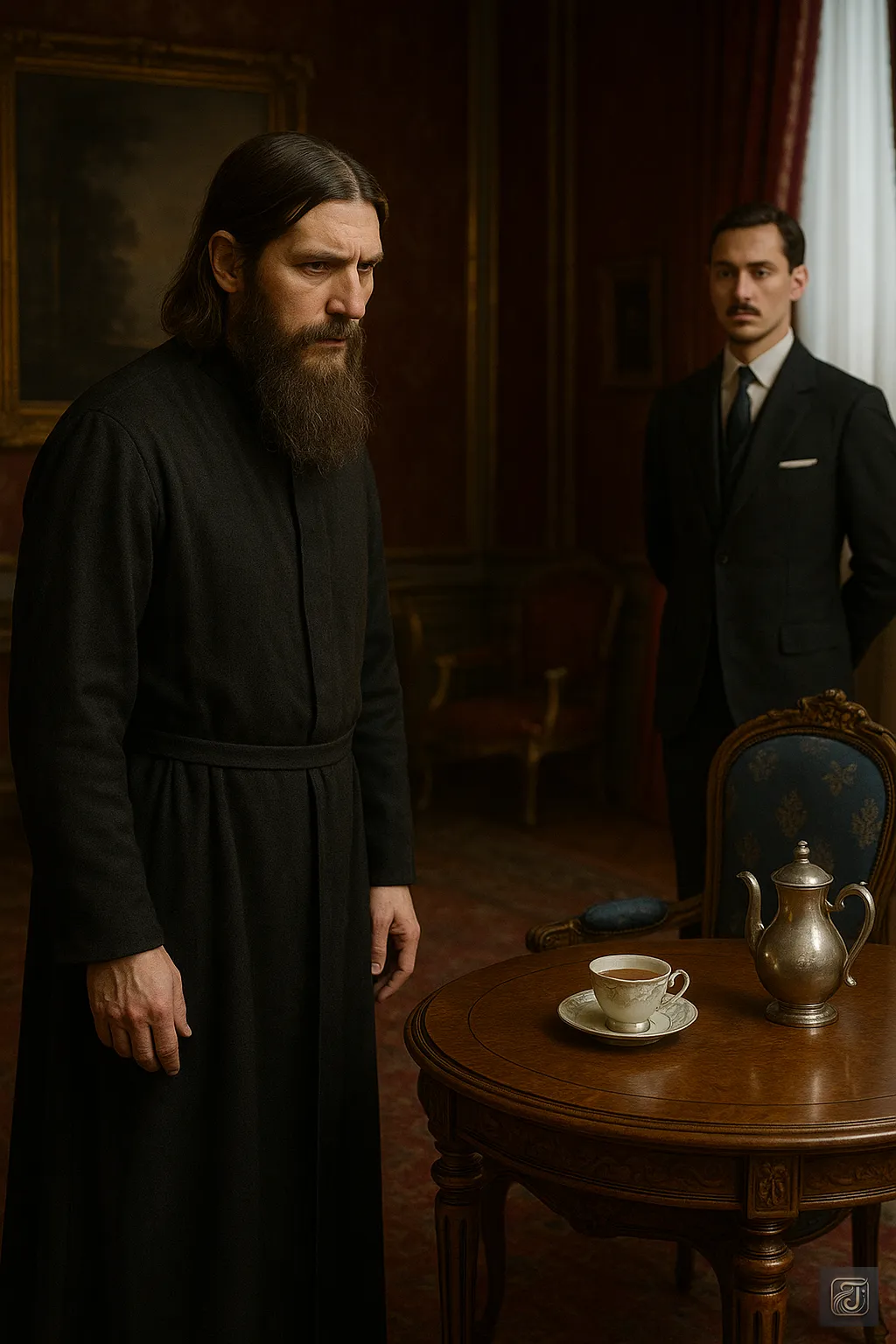
But that night, she was nowhere in the palace.
It was a complete lie.
To Yusupov, Irina was both his beloved wife and a persuasive prop—
a symbol of his connection to the imperial family.
Rasputin may have accepted the invitation precisely because he did not wish to sever that link to the Romanovs.
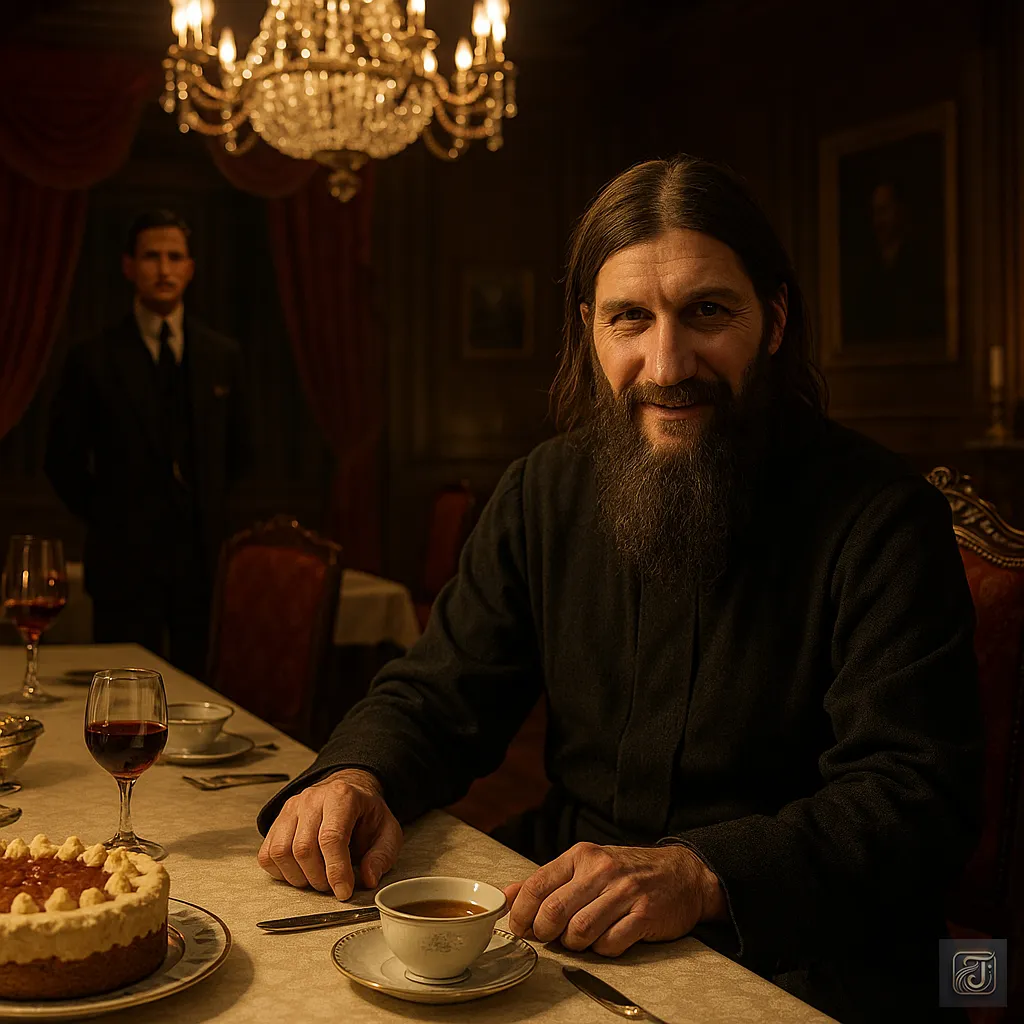
Grigori Rasputin:
“An invitation to meet the Empress’s own niece… There is no reason to refuse.”
And so, the false “dinner party” began.
■ The False Banquet
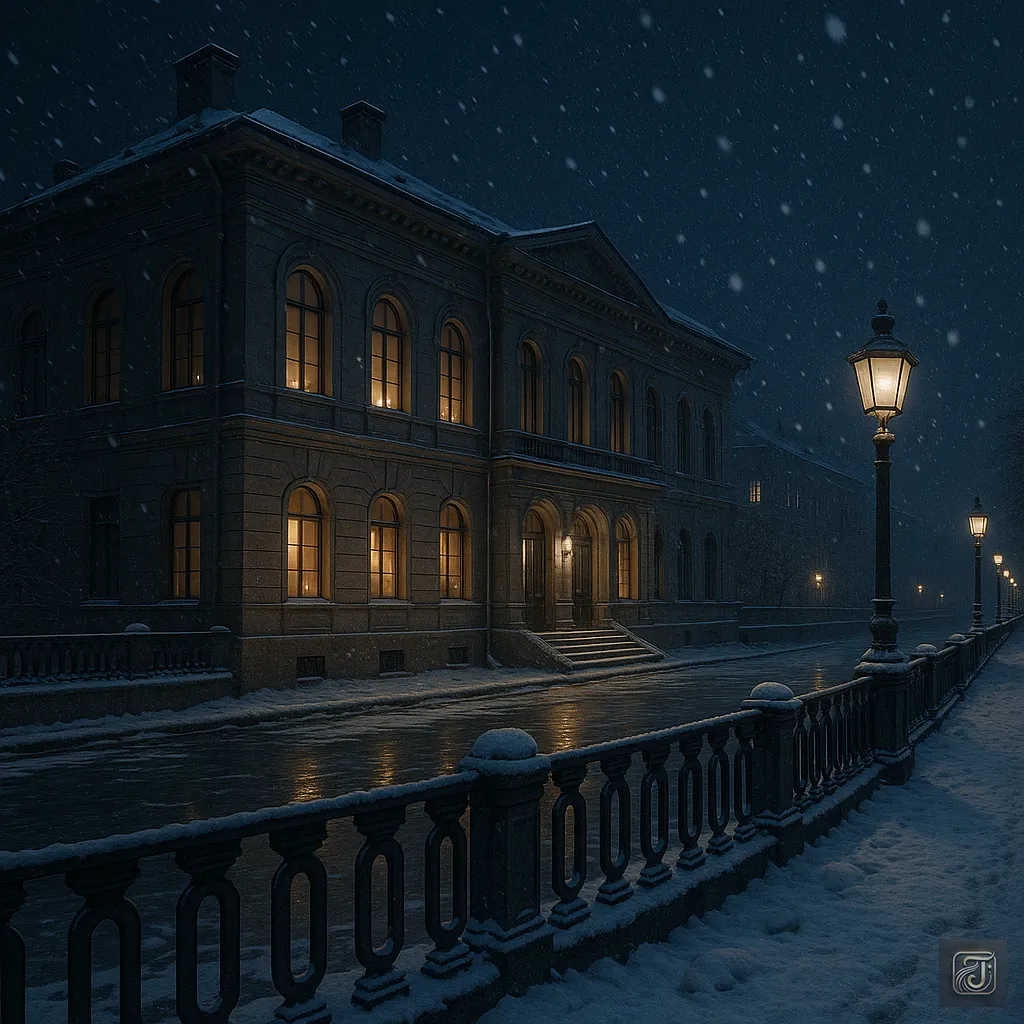
St. Petersburg, at the Yusupov Palace along the Moika River.
A deep winter night, as snow fell silently, piling upon the earth.

In the palace cellar, the stage for murder was set—quietly, yet with deadly certainty.
Upon the table sat fine wine and cakes,
each laced with a lethal dose of potassium cyanide.
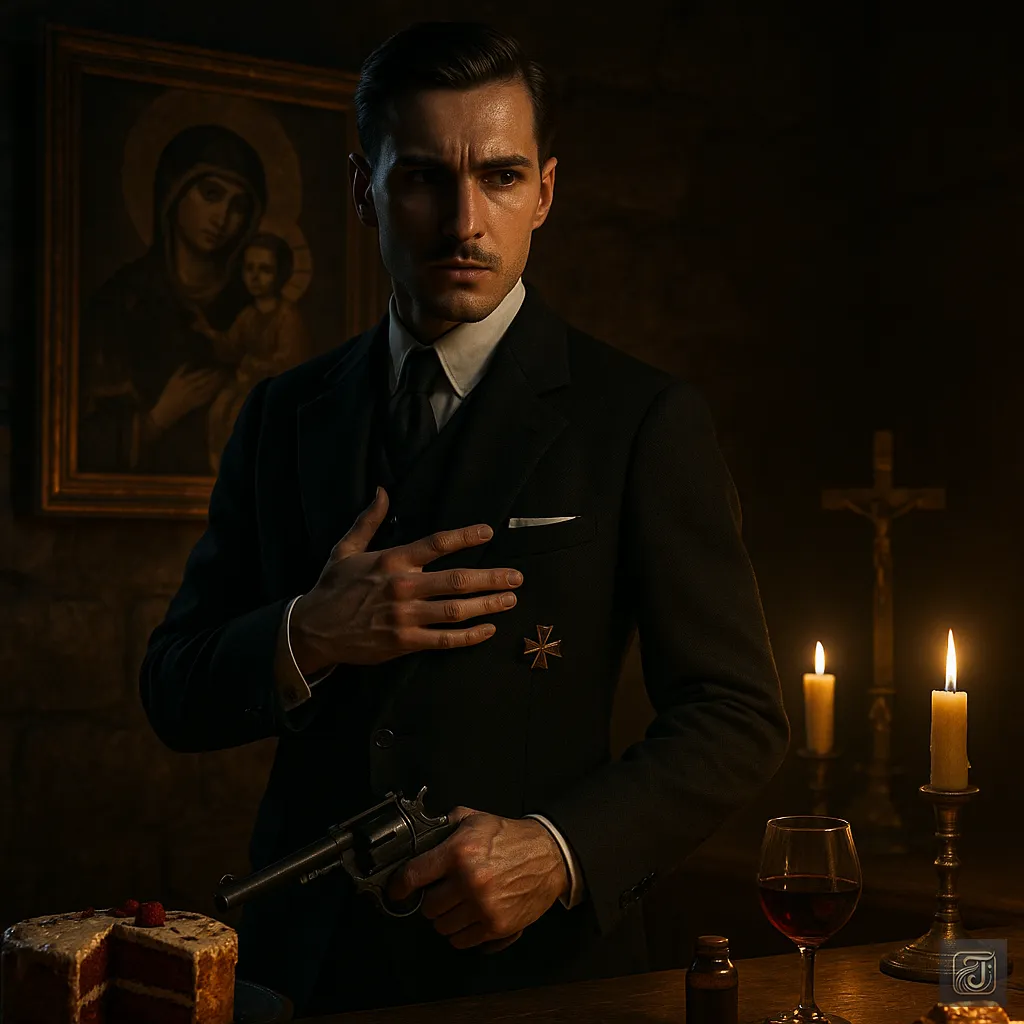
On the wall hung an icon of the Virgin.
The chamber, arranged like an altar, held Felix Yusupov standing at its center.
His hands trembled, his heart pounded heavily in his chest.
But it was not fear.
It was exhilaration.
The intoxicating sensation that history itself was about to move—by his own hand.
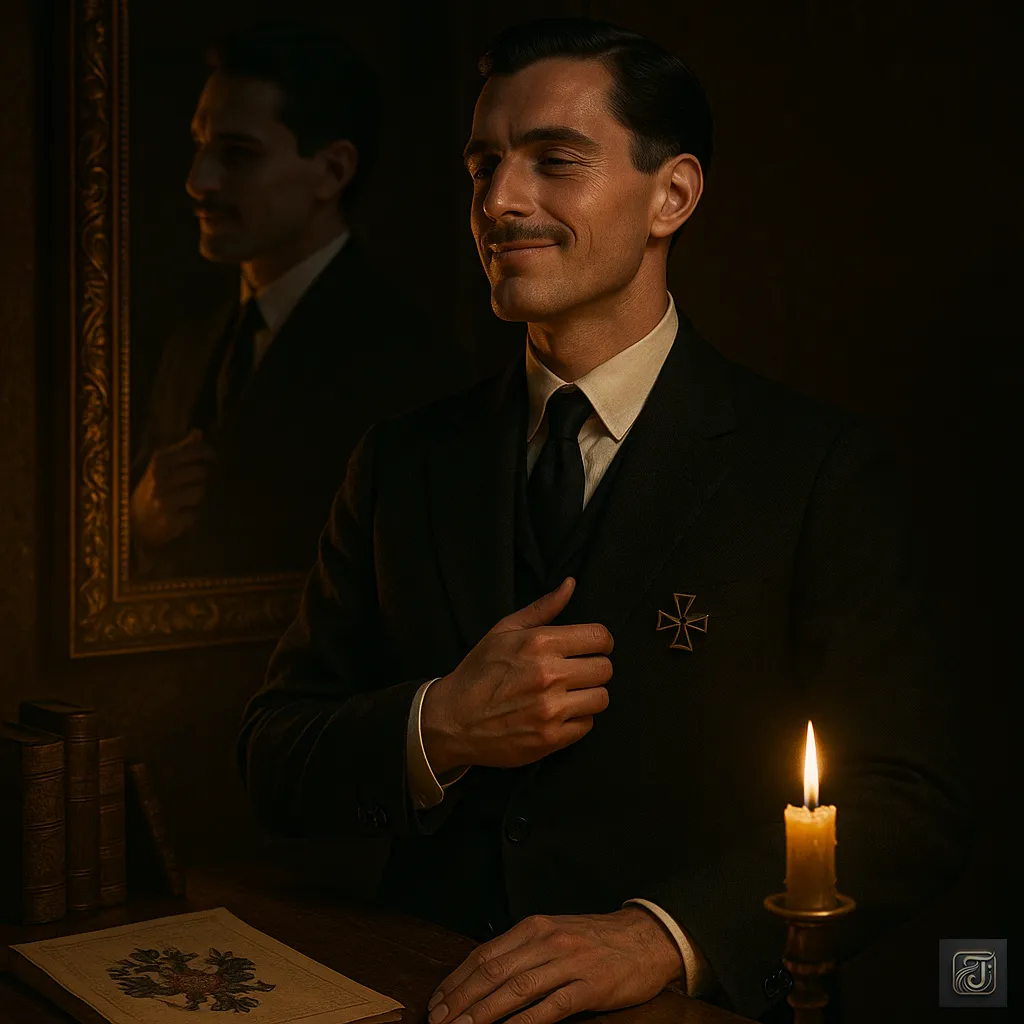
Felix Yusupov:
“Rasputin will soon vanish from this world.
But my name—my name shall remain forever.”
■ The Arrival of the “Saint”
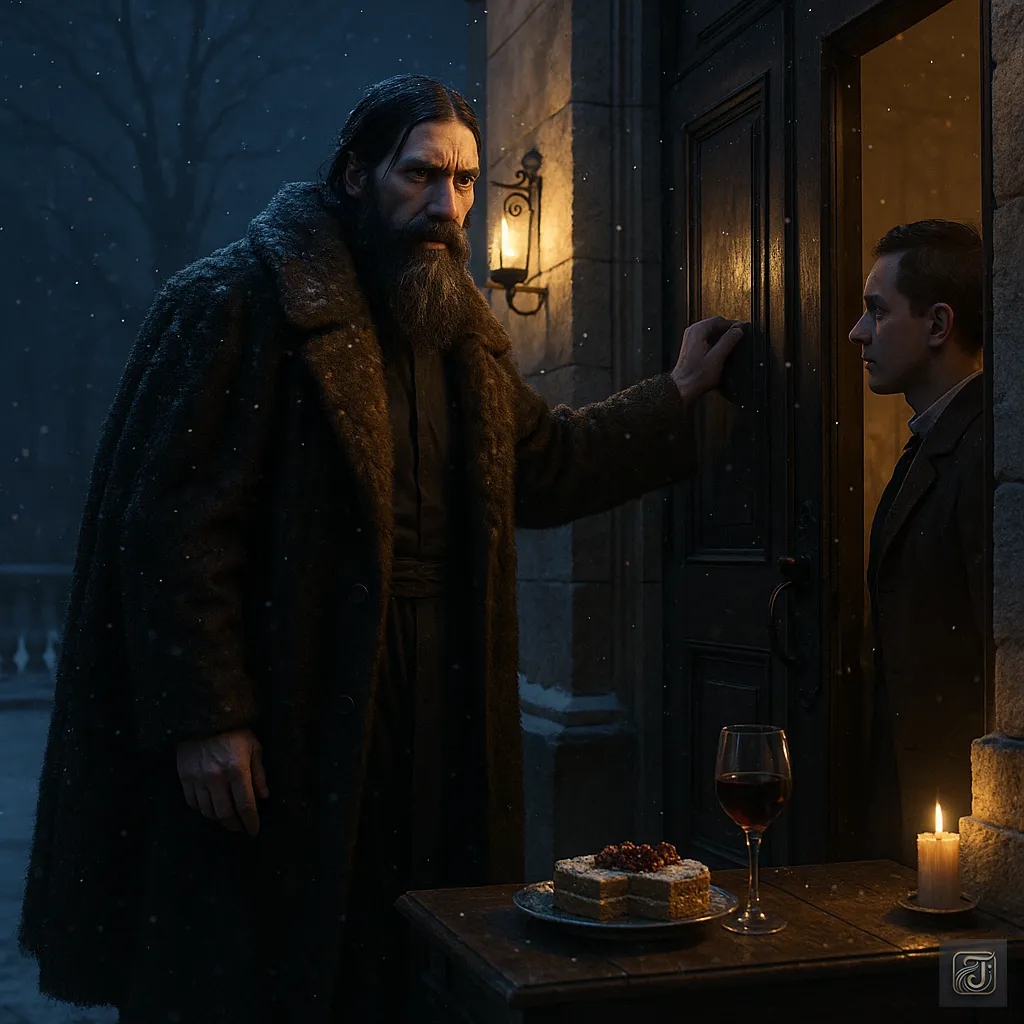
At midnight, a knock came at the back door.
When the servant opened it, there stood a large man wrapped in a fur coat.
Grigori Rasputin.
Fatigue shadowed his face, yet his eyes remained as clear as ever.
Or perhaps—it was simply that he seemed strangely calm that night,
as if he sensed something… or was merely drunk.
Yusupov greeted him with a smile.
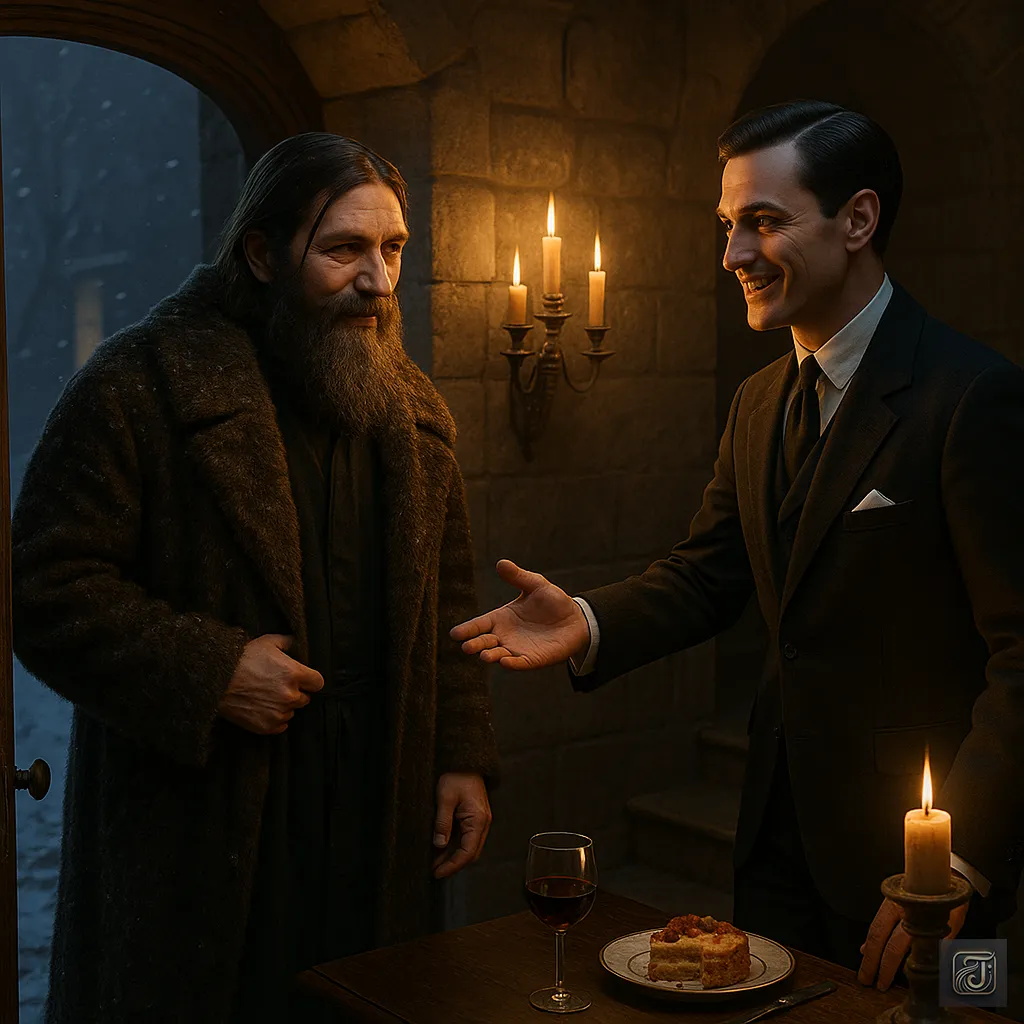
Felix Yusupov:
“My wife Irina… she has expressed a strong desire to meet you, Father.”
“It is late, I know… but a woman’s request cannot be refused.”
Rasputin gave a faint smile and stepped down into the cellar.
■ The First Lie: The Poisoned Cakes
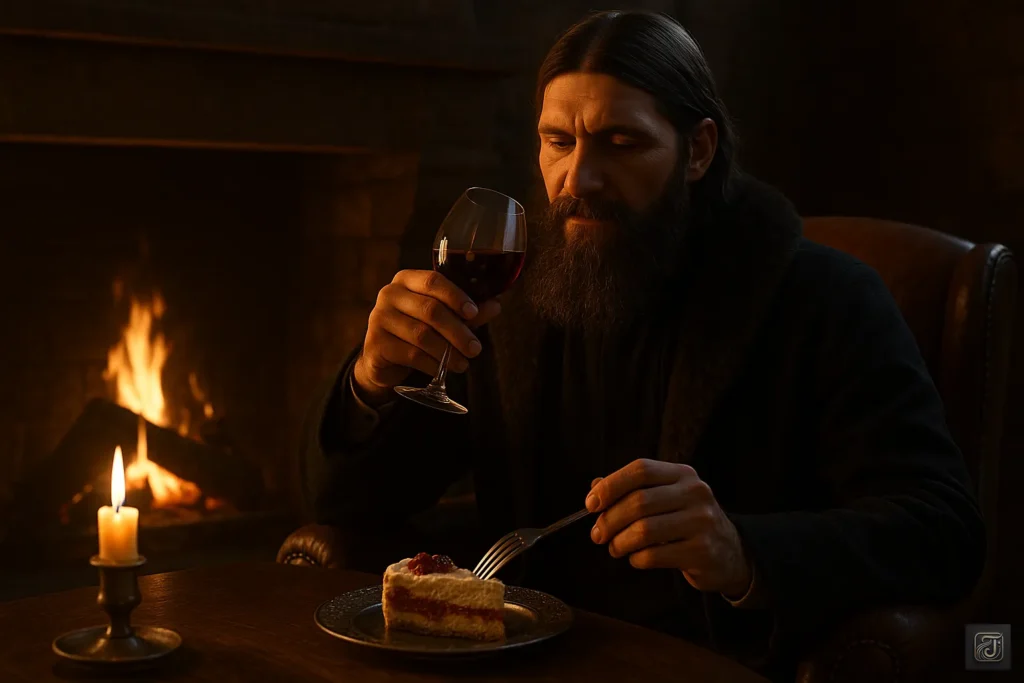
In the cellar’s guest room,
the fireplace crackled softly, and on the table lay red wine and cakes.
Rasputin sat without suspicion.
He drank the wine, took a bite of the cake—then another.
Yusupov held his breath.
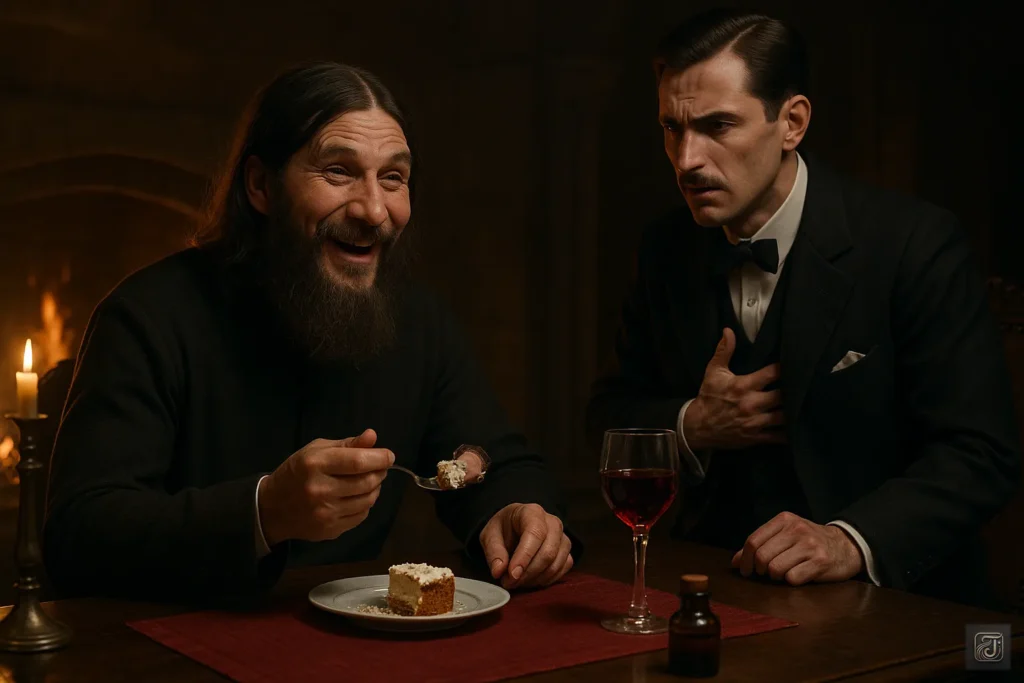
Felix Yusupov:
“…It’s not working.”
The cakes had been laced with a lethal dose of cyanide.
And yet Rasputin went on eating calmly, even cracking jokes between bites.

Grigori Rasputin:
“By the way… when is Irina coming?”
Rasputin smiled as his throat rose and fell with each swallow.
And each time he did, a chill ran down Yusupov’s spine.
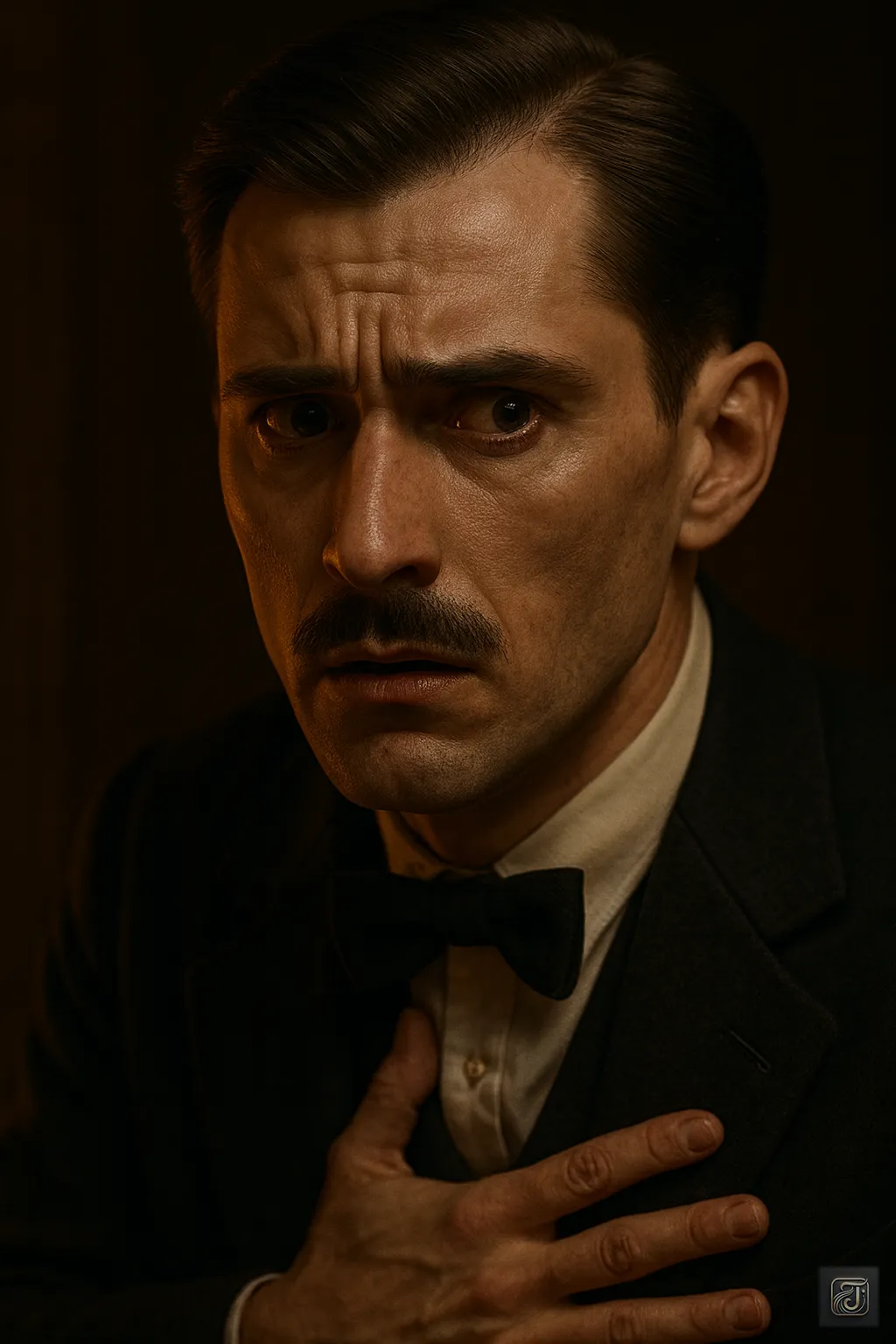
Felix Yusupov:
“Why… why won’t he die?”
His hands grew cold.
His heart pounded like a drum.
His vision blurred.

Felix Yusupov:
“At this rate… I’ll be nothing but a fool.”
He reached for the desk drawer.
Inside lay the other preparation.
■ The Second Lie: The Gunshot
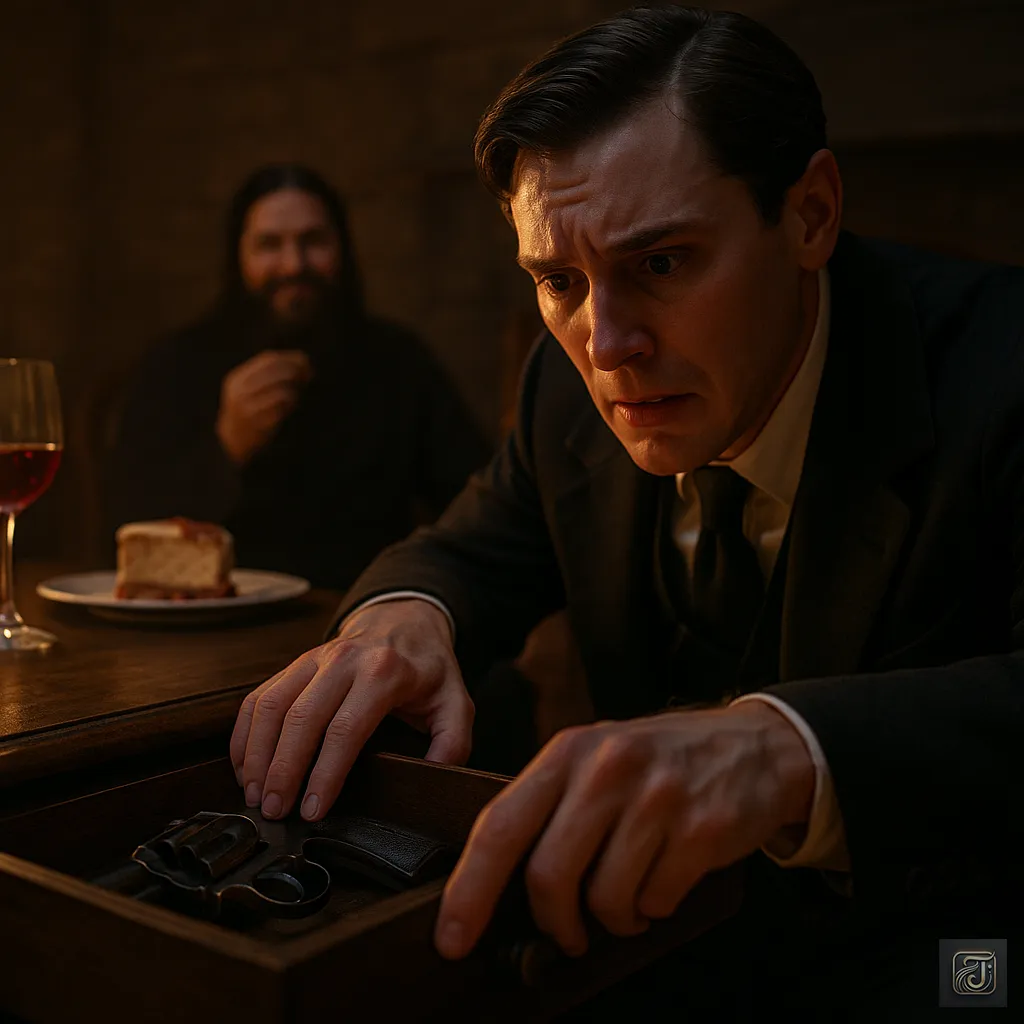
From the drawer, he drew a revolver.
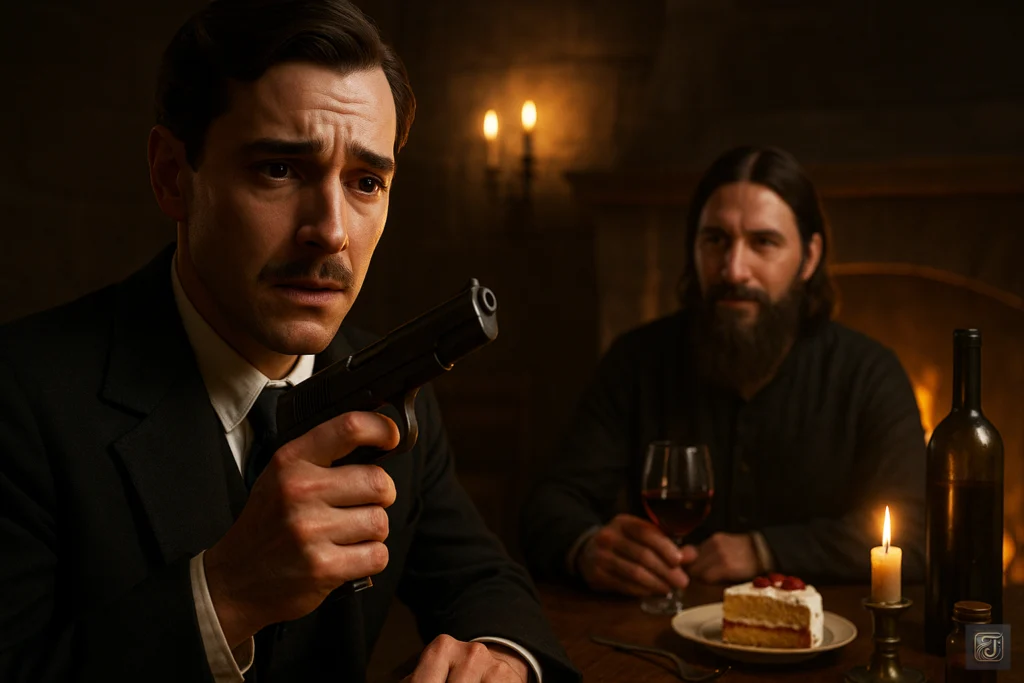
Felix Yusupov:
“For the sake of our country… forgive me, Grigori…”
The moment Rasputin turned, the revolver’s muzzle burst into flame.
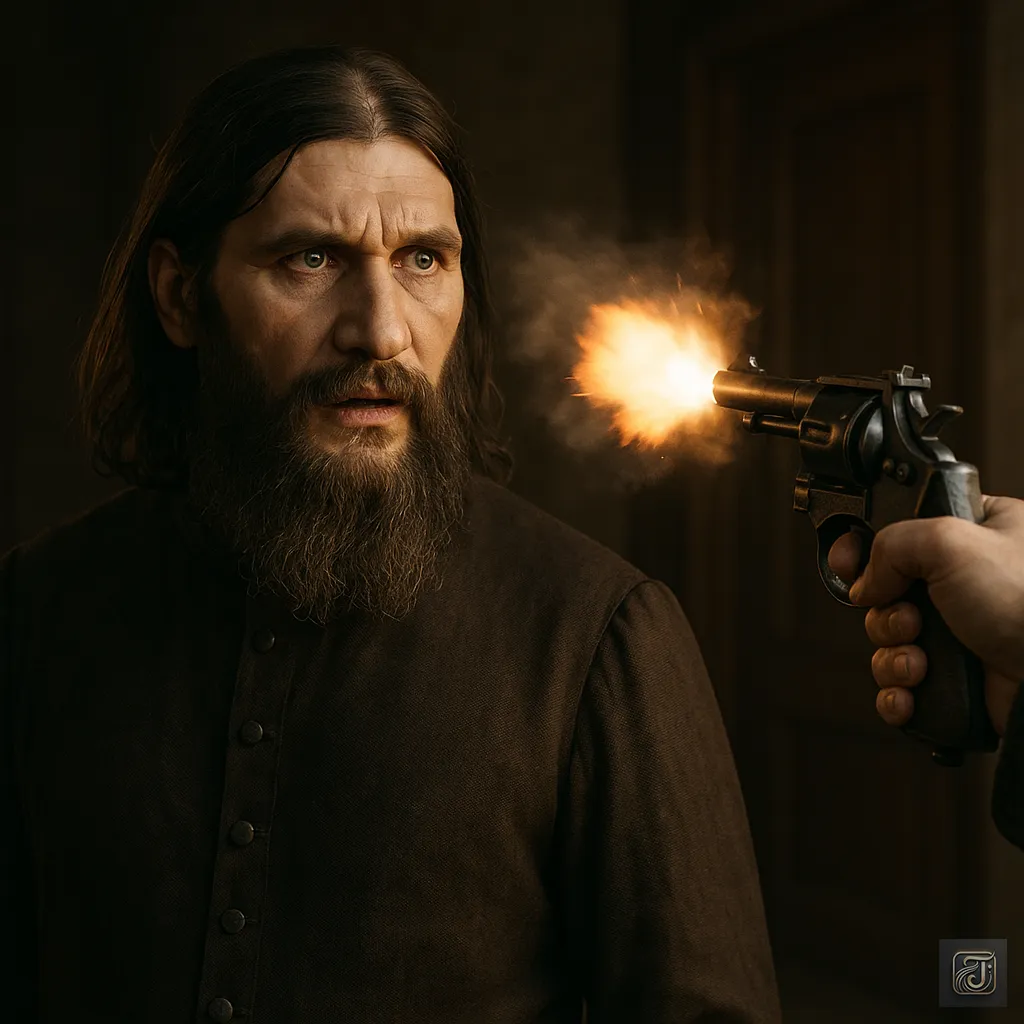
The gunshot thundered through the cellar,
blood sprayed into the air,
and Rasputin collapsed with his chair, motionless.
For several seconds, Yusupov stood frozen, staring at the body—
Then, as if his strength gave way, he sank into a chair.
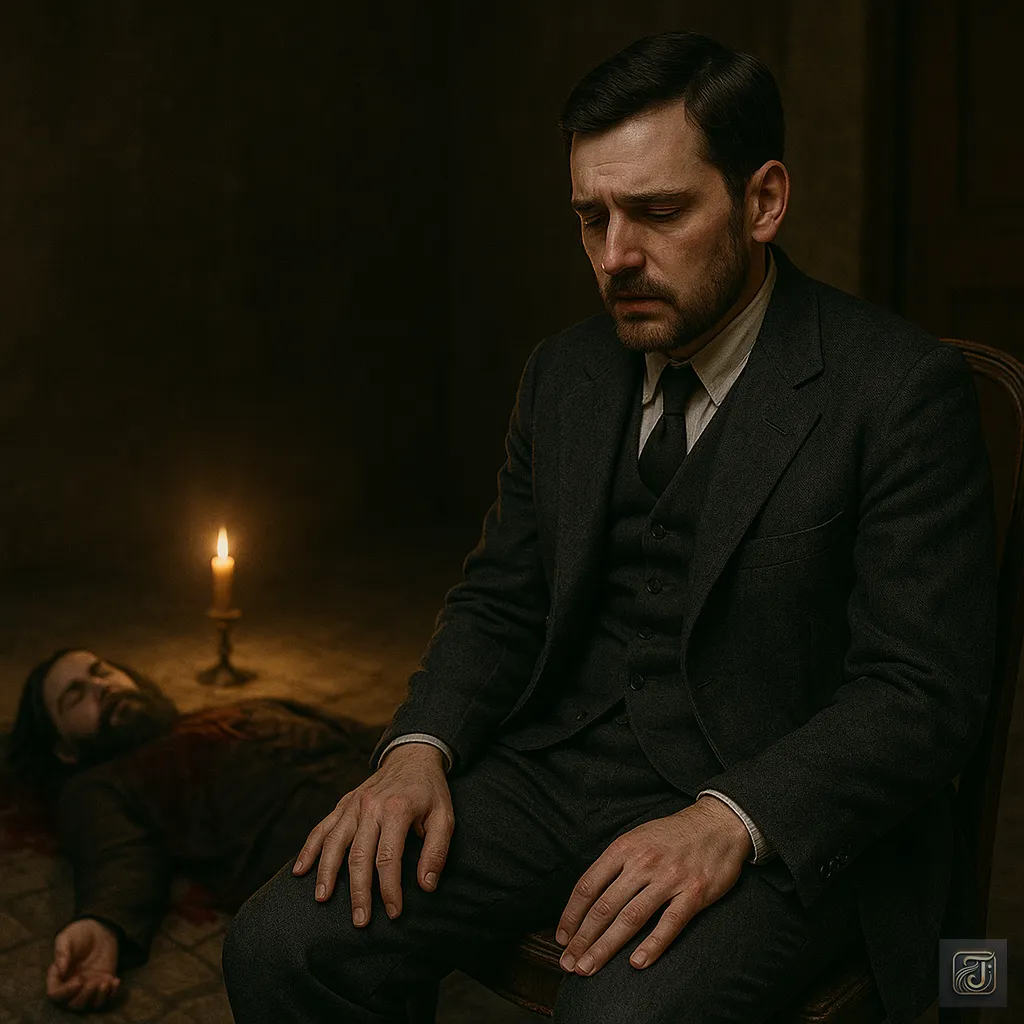
Felix Yusupov:
“…It’s over…”
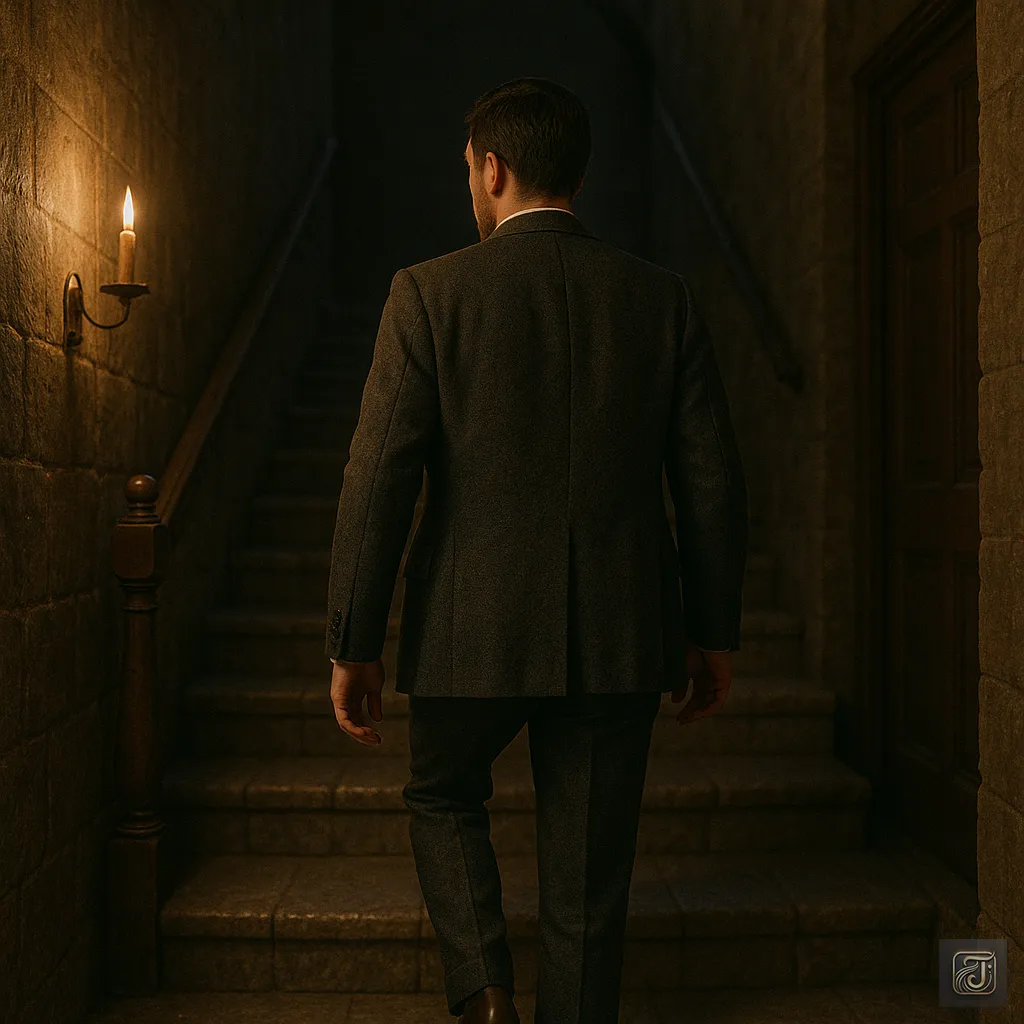
Relieved, he left the cellar and ascended to the upper floor.
There was something almost light in his steps—
as though an actor had just exited the stage, waiting for the audience’s applause.
■ Awakening in Hell
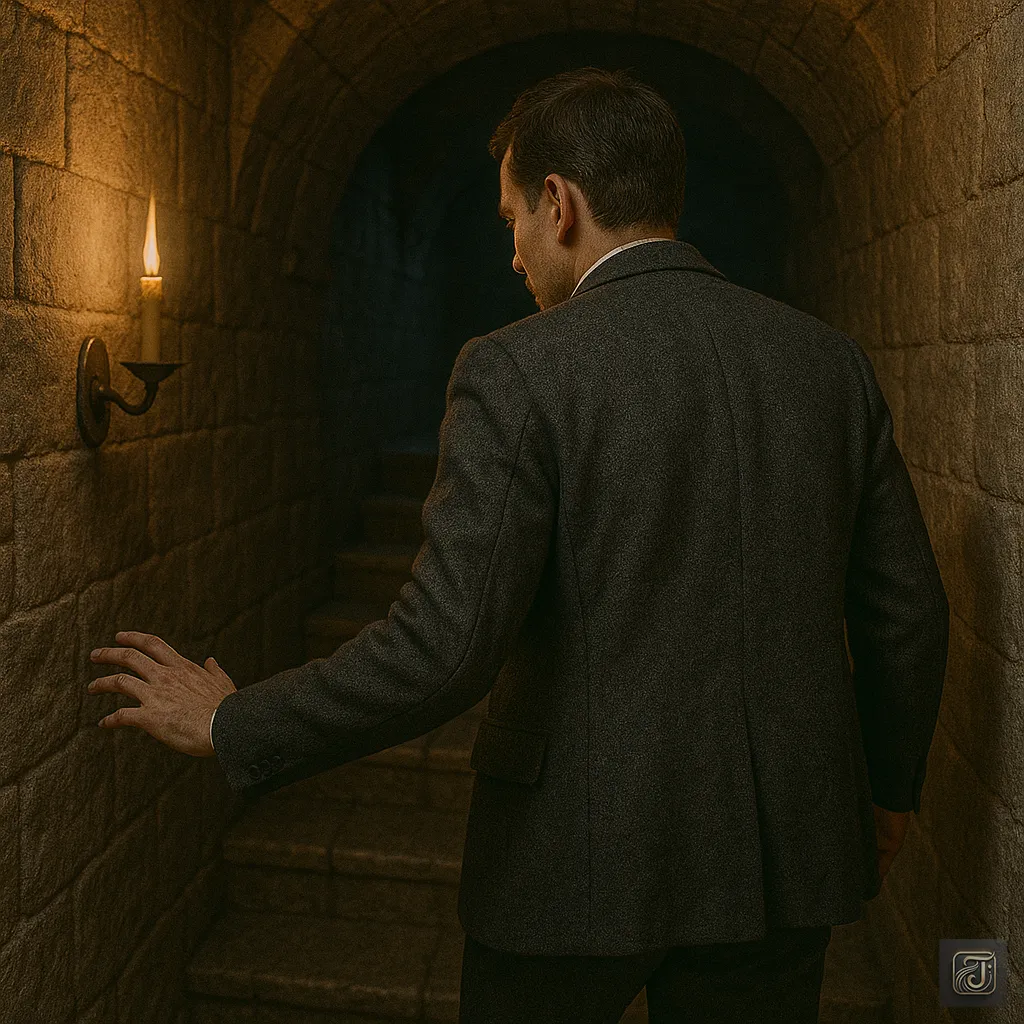
It was then.
From below—came a creaking sound.
The dragging of wet boots across stone.
The color drained from Yusupov’s face.
When he crept back down, there he saw—
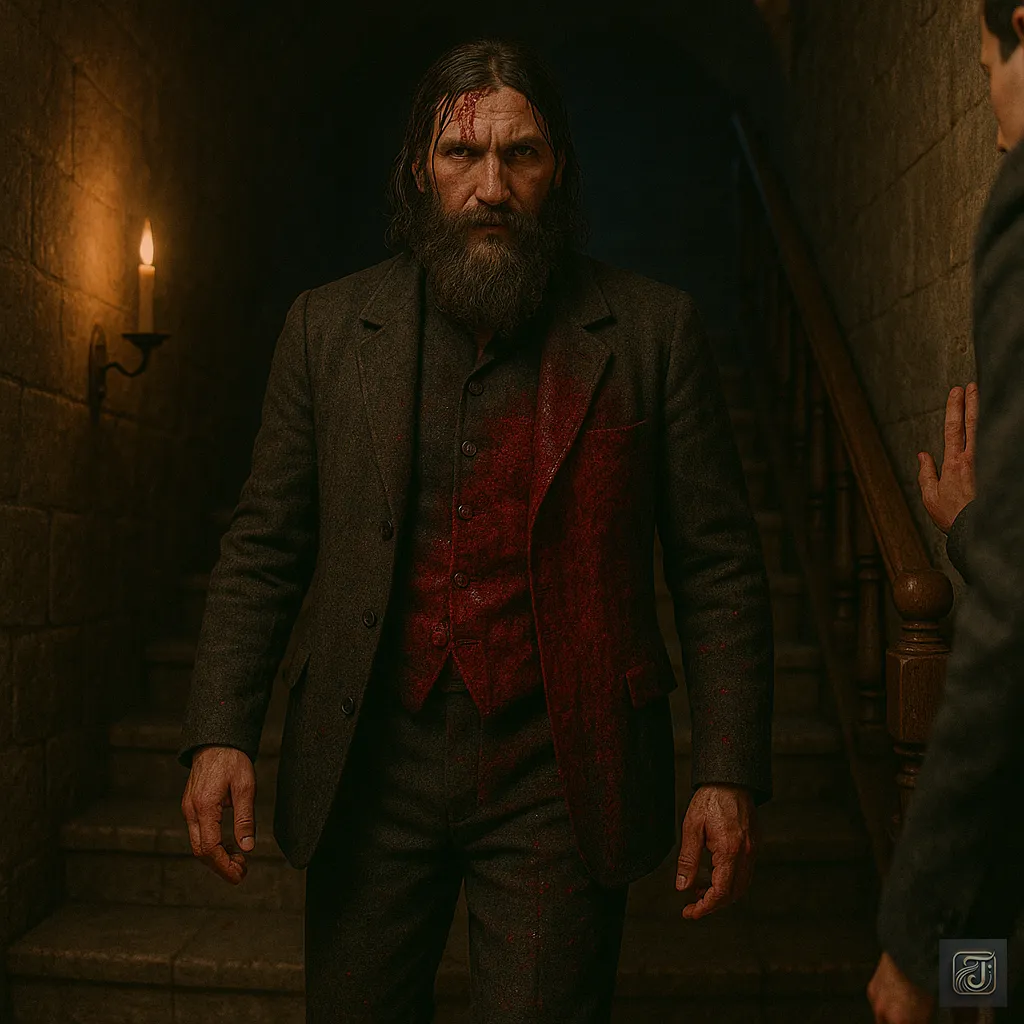
Rasputin, drenched in blood, was standing.
Blood streamed from his forehead, his coat at the chest soaked scarlet.
And still—he walked.
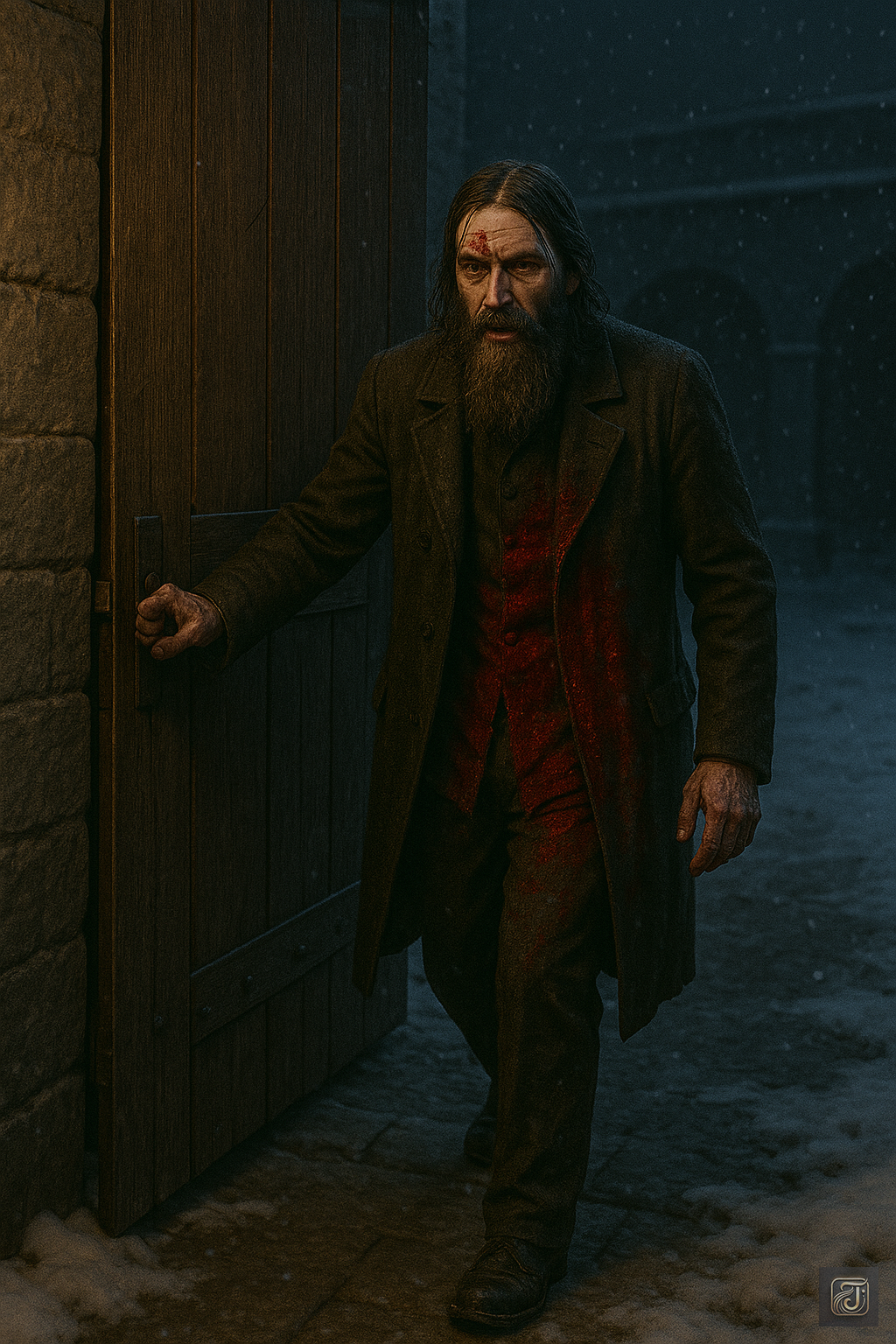
Grigori Rasputin:
“…You… I will… tell the Empress…”
Staggering, yet moving straight toward the door,
He heaved it open and disappeared into the snowy courtyard.

Yusupov froze.
The trembling in his body came not from the cold.
A nameless terror clung to his spine.
That—was no human.
No matter how many times he was shot, no matter how much blood he shed, he rose again.
He was—the demon who would not fall.
■ Bullets, Clubs, and Then Silence
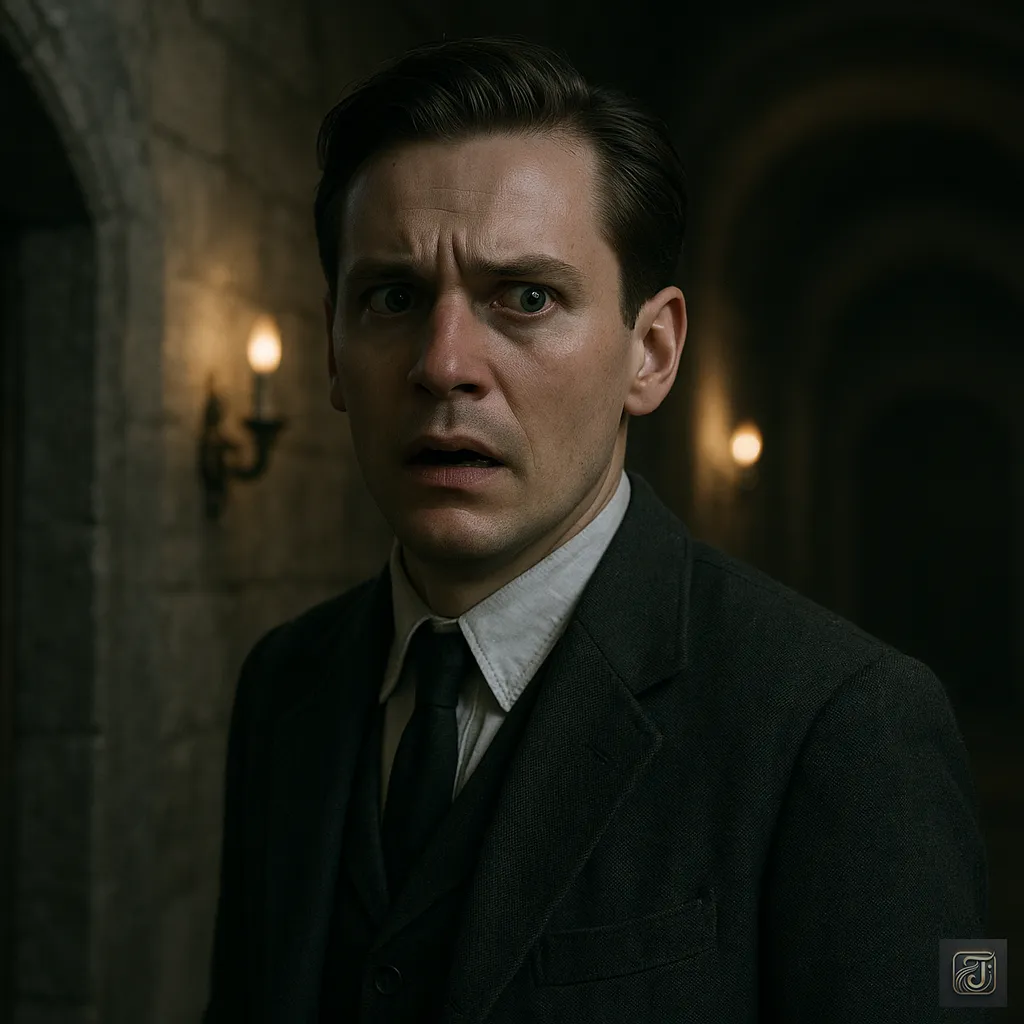
Felix Yusupov:
“Where is he!?”
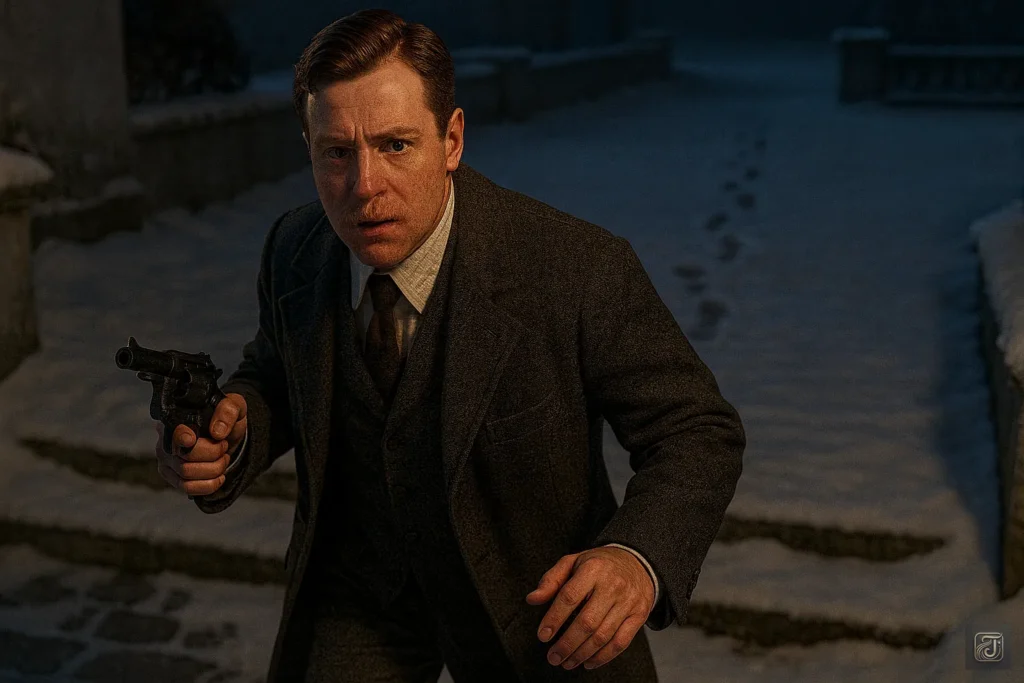
From the upper floor, Purishkevich came rushing down, revolver in hand.
In the snowy courtyard,
the moment Rasputin’s towering back came into view—
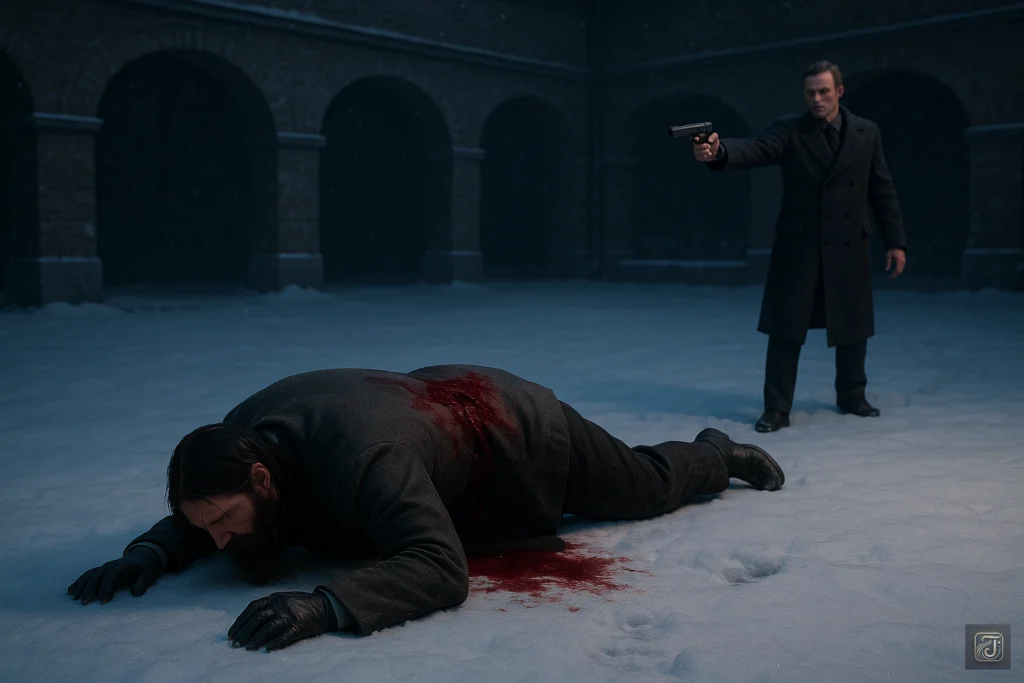
“Bang!!”
Another shot rang out.
He fell.
…And yet—he was still breathing.
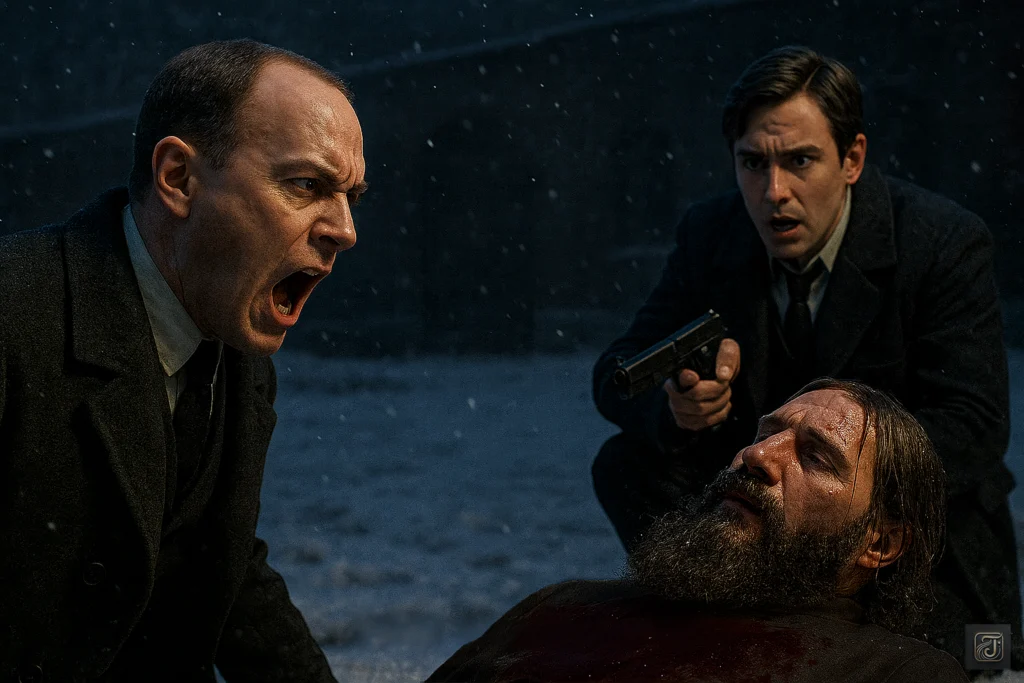
Felix Yusupov:
“Why!? Why won’t you die!?”
With Purishkevich’s furious shout, Yusupov rushed forward—
a club gripped tightly in his hand.
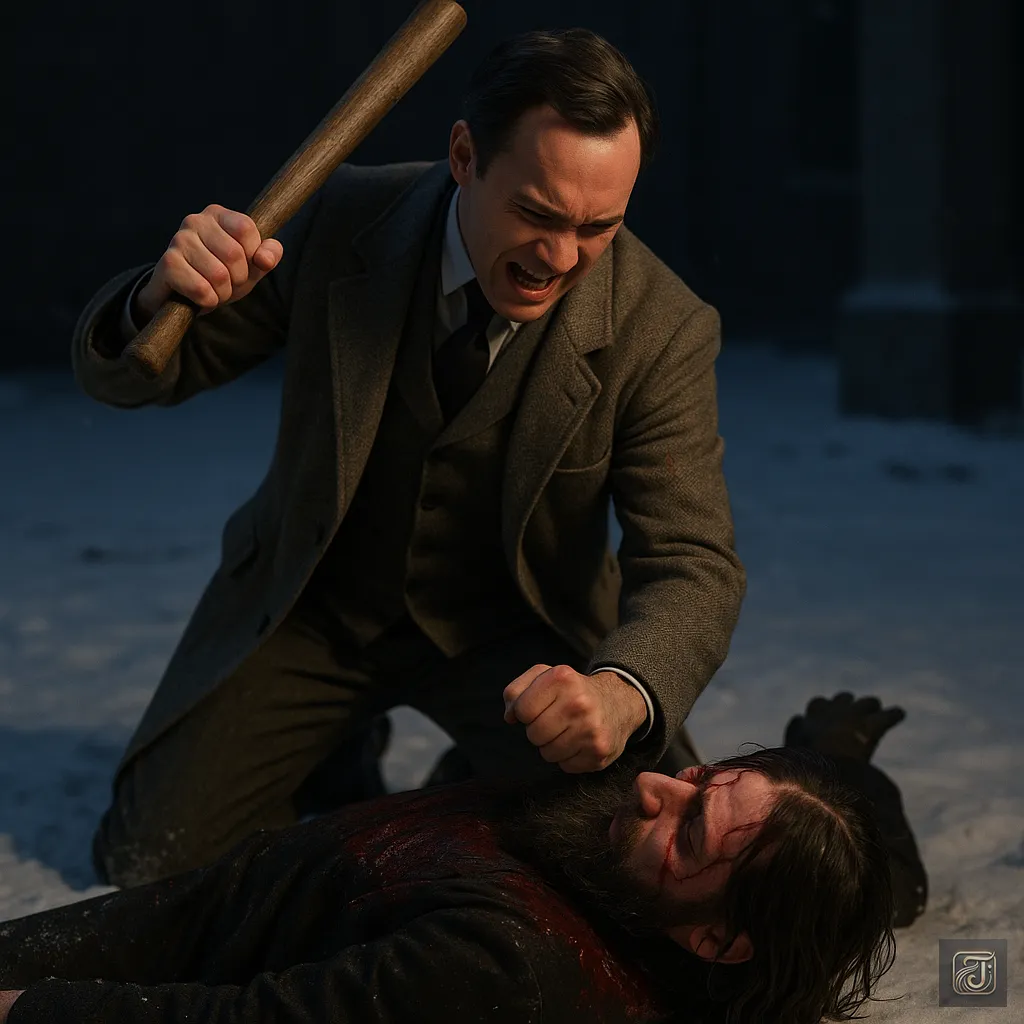
Felix Yusupov:
“Enough… end this…!”
Dull thuds split the stillness of the night again and again.
At last, the blood-soaked body ceased to move.

Several men together wrapped the corpse in a carpet
and carried it out to the waiting carriage.
Not a word was spoken.
And that silence—was the most terrifying thing of all.
■ Dmitri’s Night
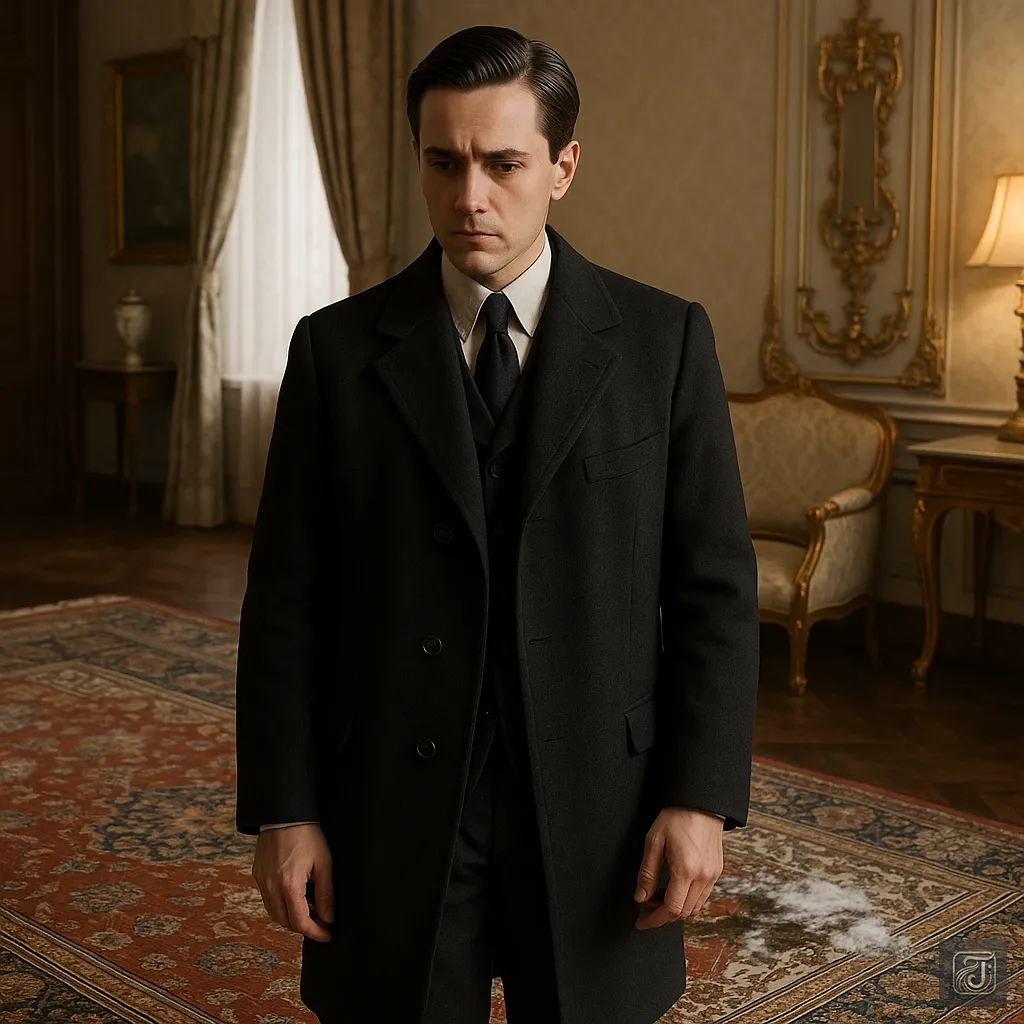
When told the deed was done,
Grand Duke Dmitri Pavlovich said nothing.
In the drawing room of Yusupov’s palace,
snow-stained mud seeped into the expensive carpet.
Seated in a chair, he gazed silently into the fire.

Felix Yusupov:
“Is it… truly over?”
The room was silent.
The scent of blood still lingered in the air—
cloying, yet metallic.
He was a soldier, a man of the Emperor’s blood.
And yet he—
had struck down the Empress’s chosen believer with his own hand.
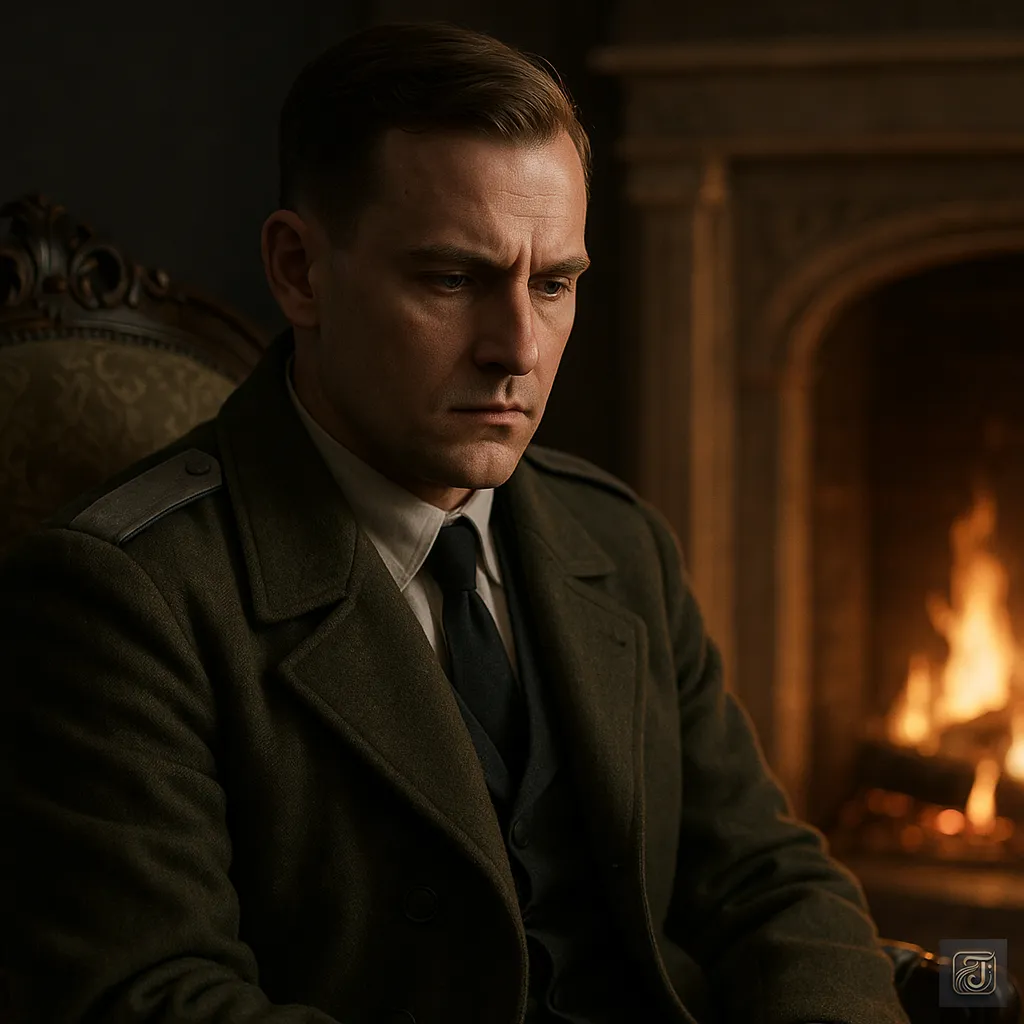
Felix Yusupov:
“It was to protect the Empire.”
“Rasputin was the poison corroding the Romanovs.”
—Spoken aloud, the words sounded like justice.
But deep within his heart, something groaned and strained.

Felix Yusupov:
“Was this truly the right thing to do?”
Dmitri rose to his feet and walked to the window.
The surface of the Moika River lay frozen, a black mirror.
…By now, that man’s body rested at the river’s bottom.
And yet, Dmitri could not shake the feeling—
That from the depths, Rasputin’s eyes were still upon him.
■ Purishkevich’s Night
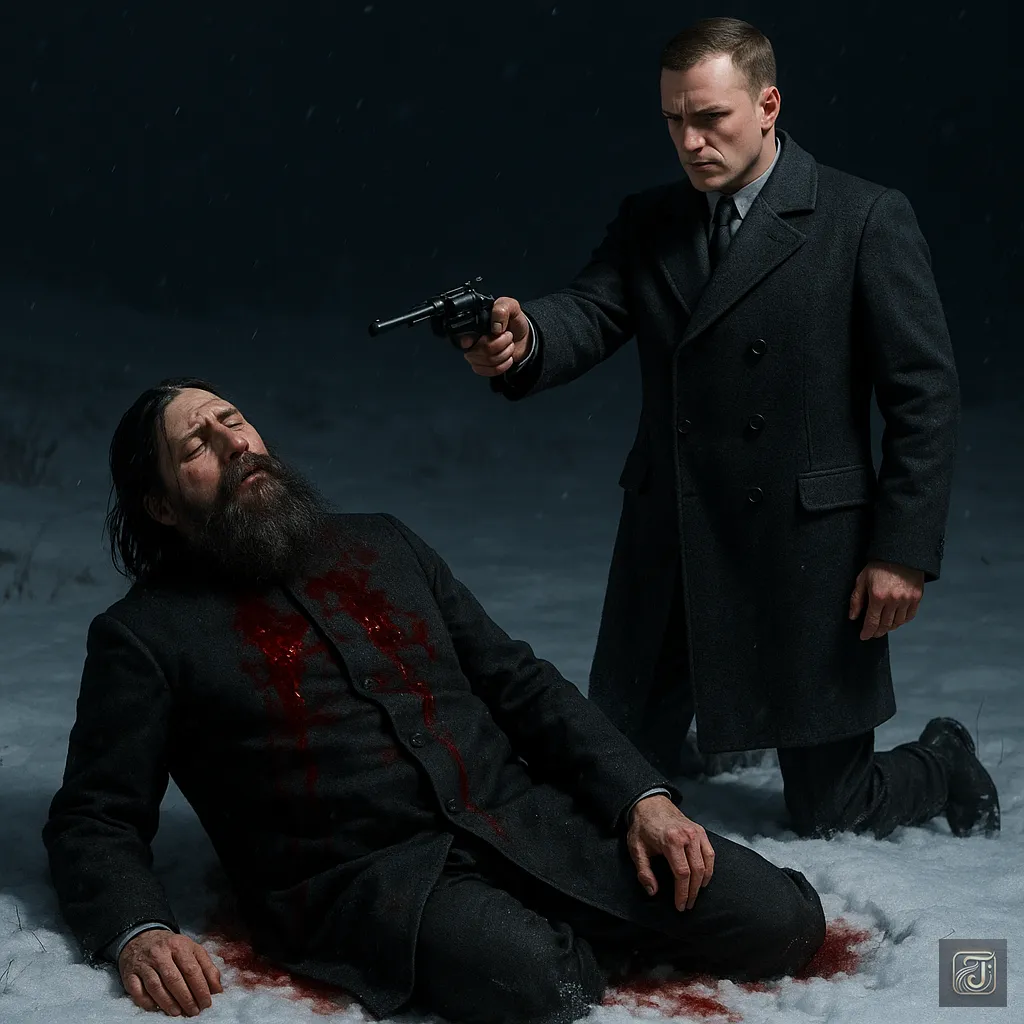
Purishkevich delivered the final blows.
Two shots.
The gunfire split the snow, and Grigori Rasputin collapsed into the blood-stained ground.
In the frozen darkness, his breathing at last ceased.
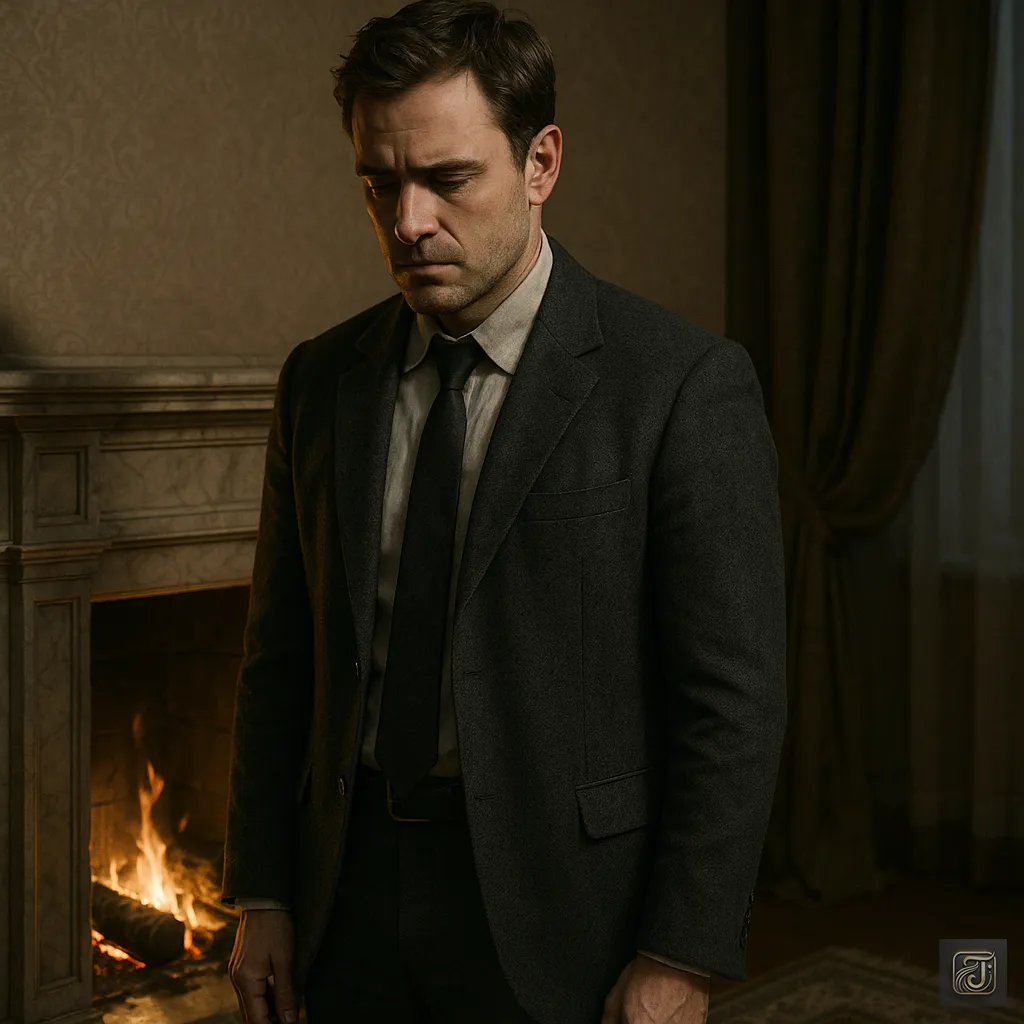
Felix Yusupov:
“With this… with this, Russia should be saved…”
That belief had driven him to take part in the plot.
Yet strangely, what filled his chest was not triumph—
but emptiness.
A hollow void, like the ashes of a fire long burned out, spread within him.
Even as he stood before the blazing hearth, he trembled as though exposed to an icy wind.
As if Rasputin’s shadow still lingered there—looming over him.
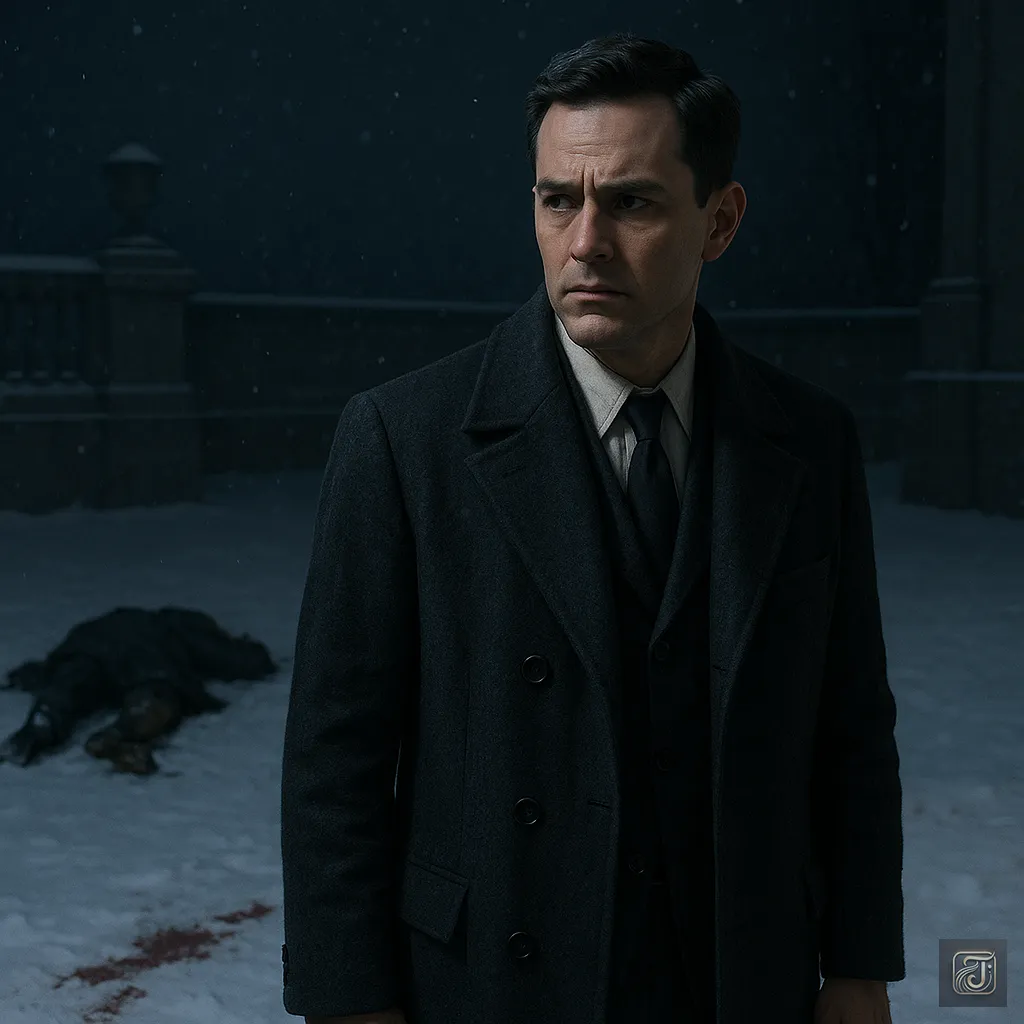
Before he realized it, Yusupov had already vanished.
After all his grand speeches, after poisoning, after firing the gun, after playing the role of hero so fervently—
He had not even laid a hand upon the corpse.
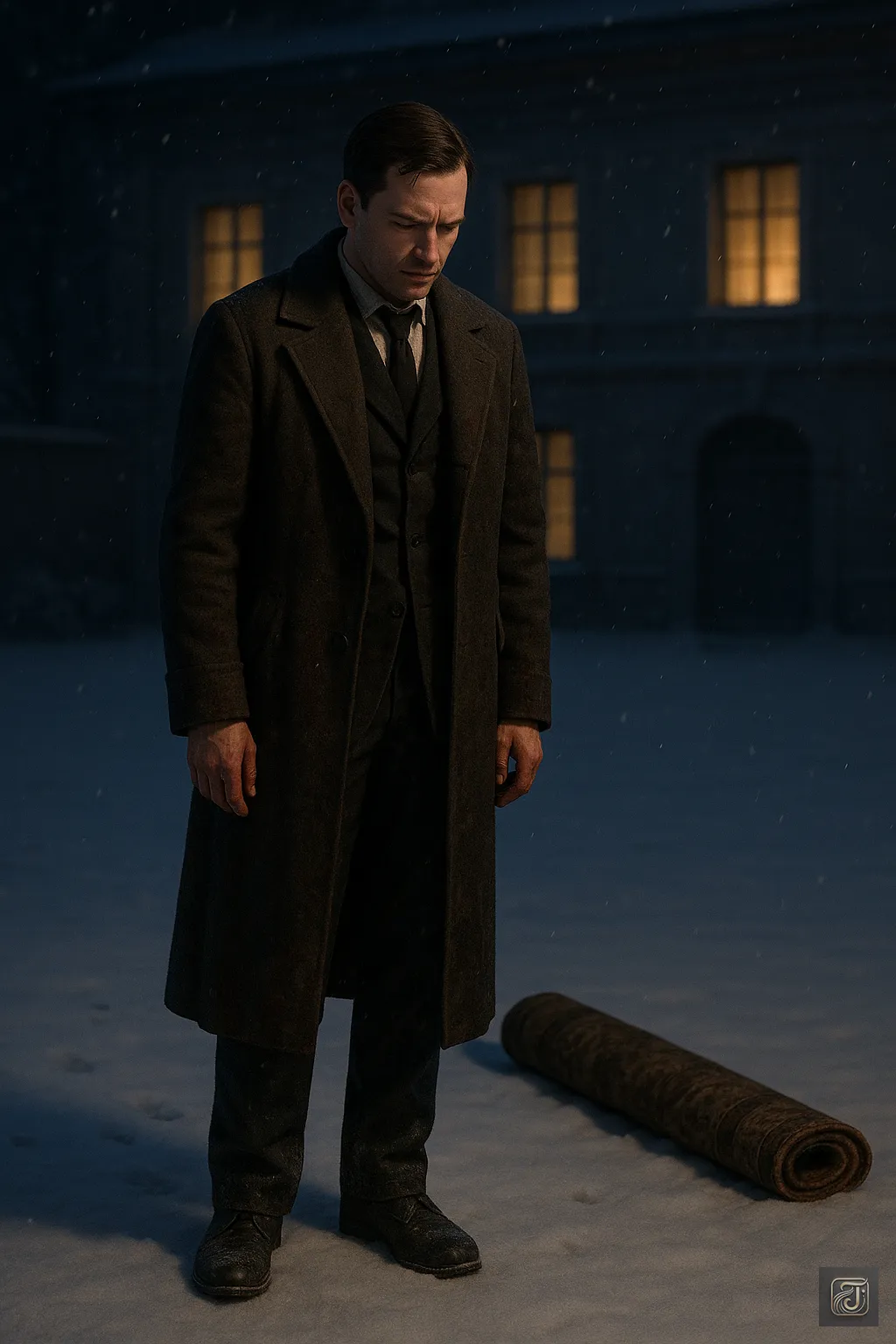
Felix Yusupov:
“…So that was it. From the very beginning, he was only after the role of the ‘protagonist.’”
“It would be Yusupov whose name was etched into history—
the prince who saved Russia,
the noble hero who slew the mad monk.”
“But what of myself?”
“Was I nothing more… than an actor following his script?”
“His hands were soaked in blood, his coat spattered with mud.”
And yet Yusupov’s white hands remained spotless, untarnished.

Felix Yusupov:
“I believed it was for the future of Russia.
But now… for whom have I truly shed this blood?”
No one answered his question.
The future in which he was to be praised as “the man who slew a god” suddenly felt unbearably heavy, shrouded in darkness.
Felix Yusupov:
“We did the right thing. …We did.”
Repeating the words to himself, Purishkevich quietly stepped into the carriage.
■ Irina’s Night

The Moika River lay silent that night.
The snow had ceased, and the city had sunk into a frozen slumber.
In the depths of the palace, within her study,
Irina Alexandrovna sat gazing into the fire.
A wine glass rested in her hand—yet she had not taken a single sip.
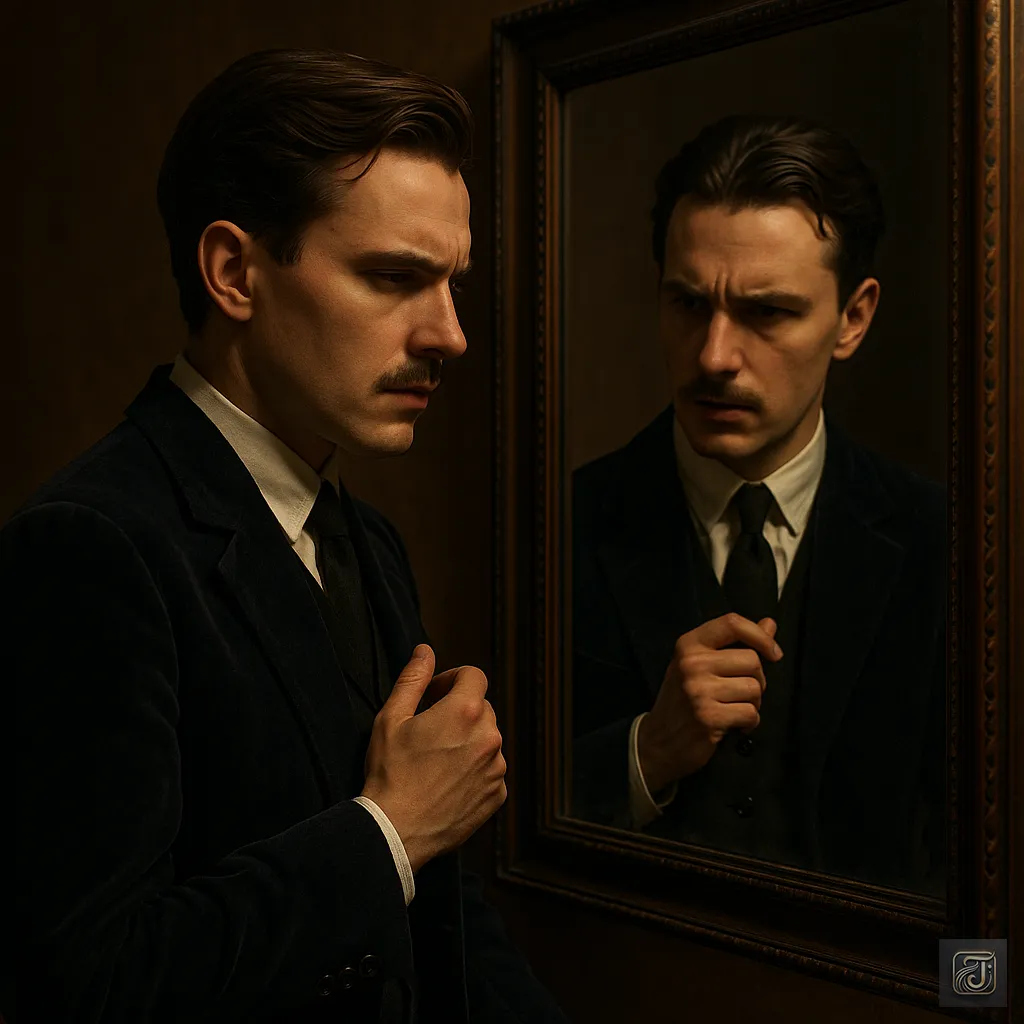
Felix had been in the cellar for hours.
The reason… she had not been told.
Yet for days, there had been an unnatural fire in his eyes.
He had grown quiet, muttering to himself each night before the mirror.
And today—

Felix Yusupov:
“Irina, let me use your name.
It will make the invitation seem most natural.”
She nodded.
She asked no questions.
For even if she had—by then, there was no turning back.
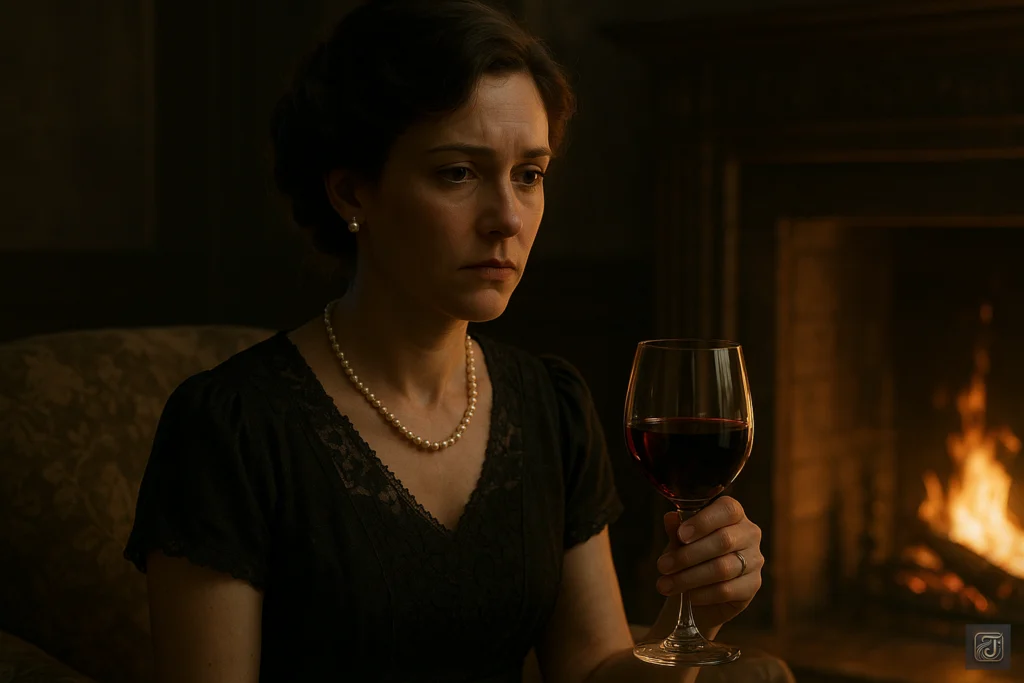
Irina:
“My name… has become the key to taking a life.”
The realization crept coldly up from within her.
He had not married her for love.
It was for the title—to claim the status of being the Tsar’s niece.
She had known it from the beginning.
And tonight—
That title had been wielded as a weapon to take a life.
The fire in the hearth crackled faintly.
Shadows swayed within the wine.
Irina whispered softly:

Irina:
“A hero who saved Russia…?
Then why did you hide behind my name, Felix?”
The red within the wine glass rippled.
It was as dark and heavy as blood,
and with every flicker of firelight, it cast shadows across her eyes.
Shadows colder than the hearth’s flames—
shadows that seemed to foreshadow the future of Russia itself.
■ The Shock of the Following Morning

That morning, the ice of the Moika River was broken open.
The body pulled from its depths was sheathed in frozen water,
its skin pale and discolored.
And yet—
Both hands were outstretched, as if to break through the ice.
His lungs were filled with water.
The cause of death: drowning.
Which meant—
he had been poisoned, shot, beaten with a club…
and still, he had lived.
Until the very end, he struggled.
He had no intention of dying.
No—perhaps he could not die.
■ The Empress’s Tears, the Empire’s Collapse

At the moment she heard the news,
Empress Alexandra rose to her feet—
and then collapsed to the floor.
She made no sound, only shook with sobs,
kneeling upon the ground, weeping without end.
It was the very same tears she had shed when she once saw Alexei bleeding.
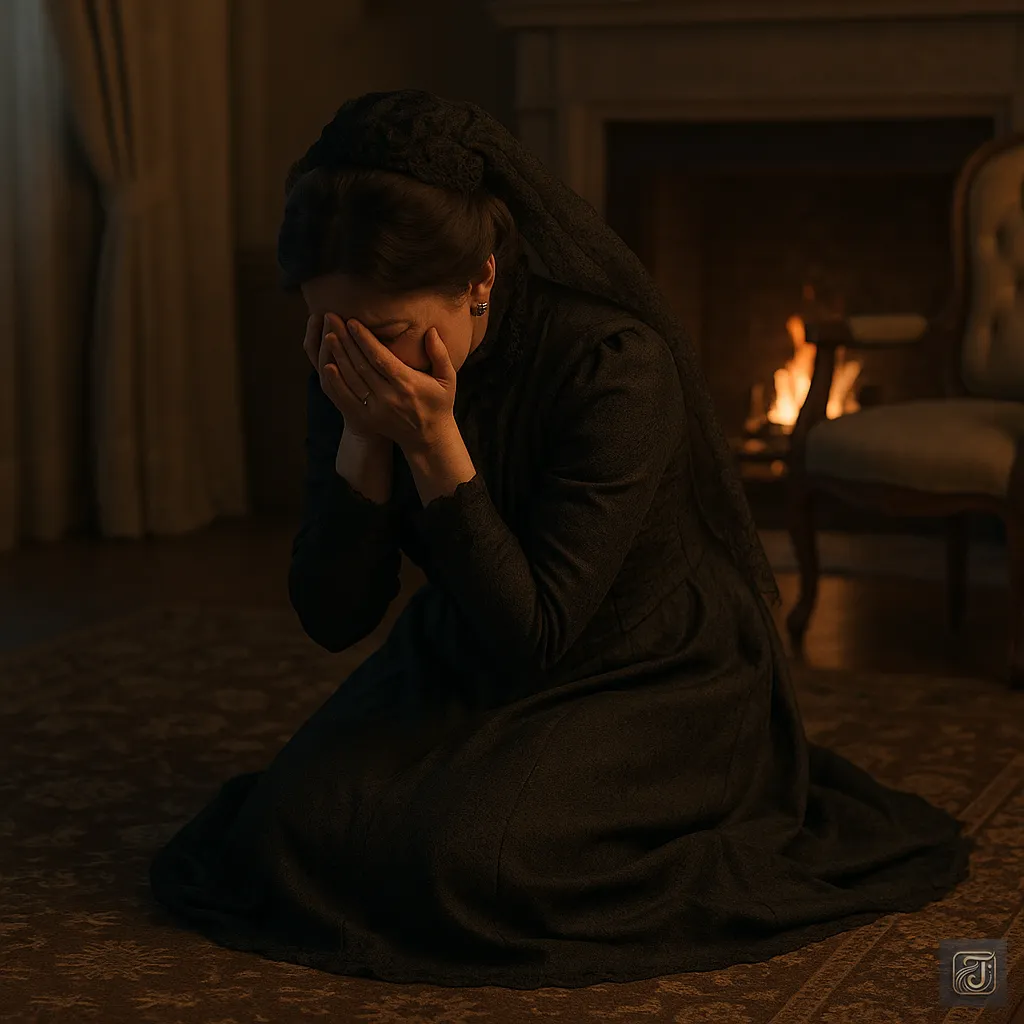
Empress Alexandra:
“…He was the only one… who understood my suffering…”
When someone tried to approach her gently,
she struck their hand away with sudden sharpness.
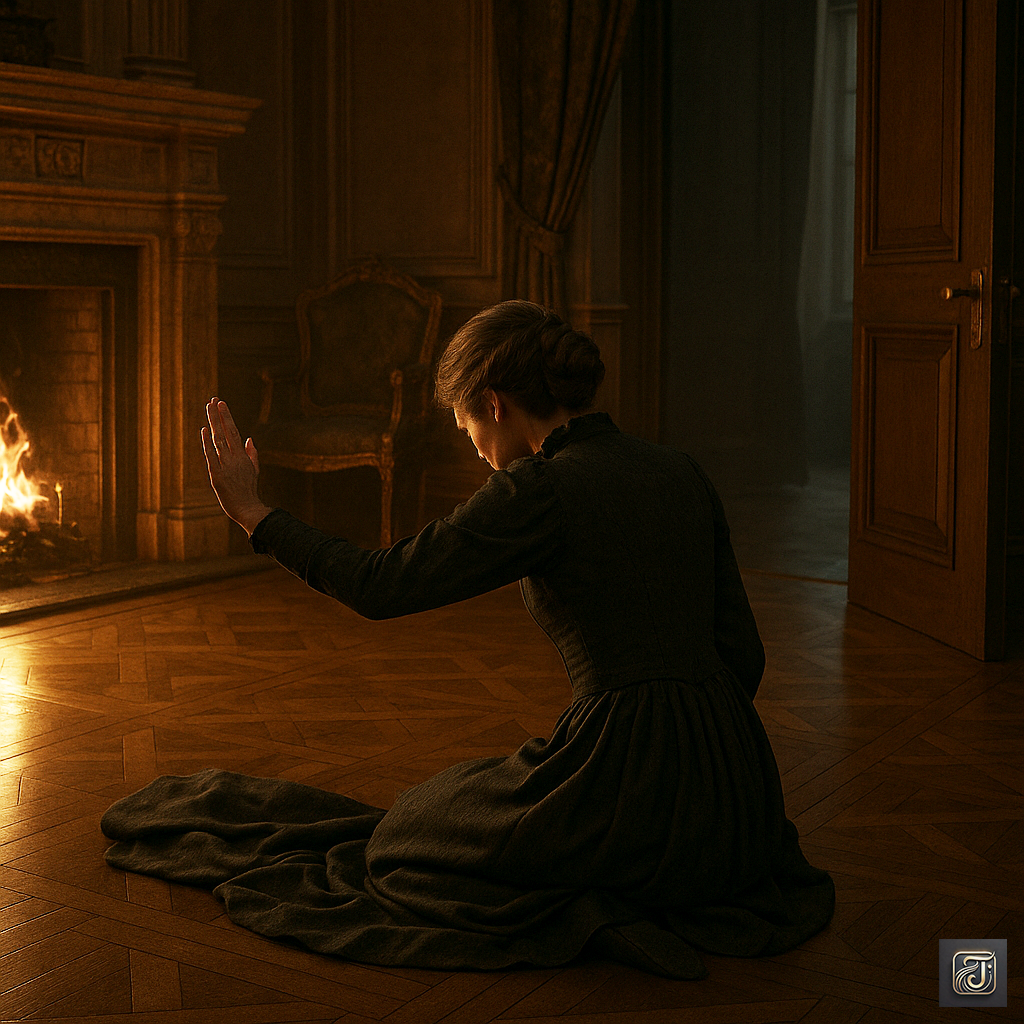
Empress Alexandra:
“Stay away.
You… you have never heard his voice, have you?”
The door to the chamber was shut.
Inside, she sat alone upon the floor,
pressing her cheek to the photograph she held to her chest,
whispering the same words over and over.
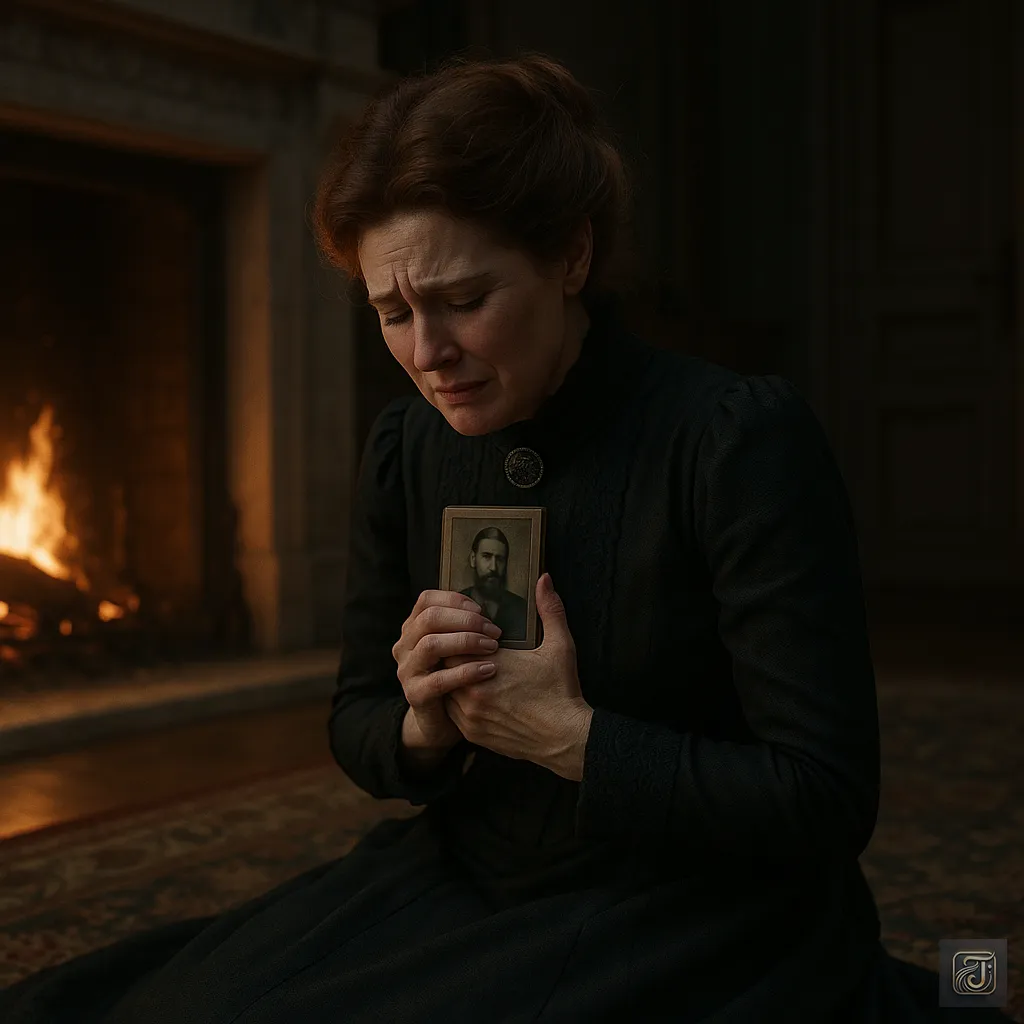
Empress Alexandra:
“Those who killed him… have killed us all.
Nicholas, Russia, and me as well…”
It was a curse spoken like a muttered soliloquy, unheard by any ear.
And yet, those words echoed quietly in the depths of the Empire.
■ Rasputin’s Prophecy
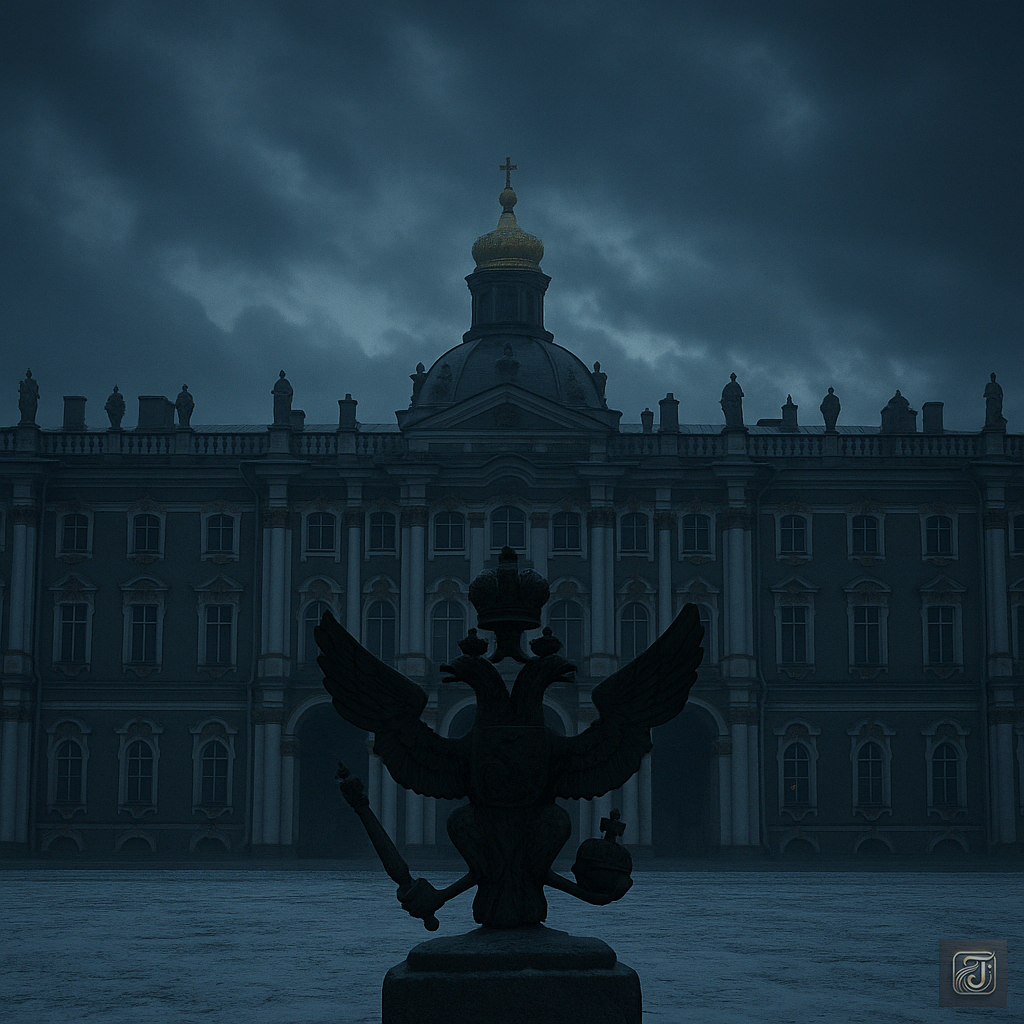
And then, those words came back to memory.
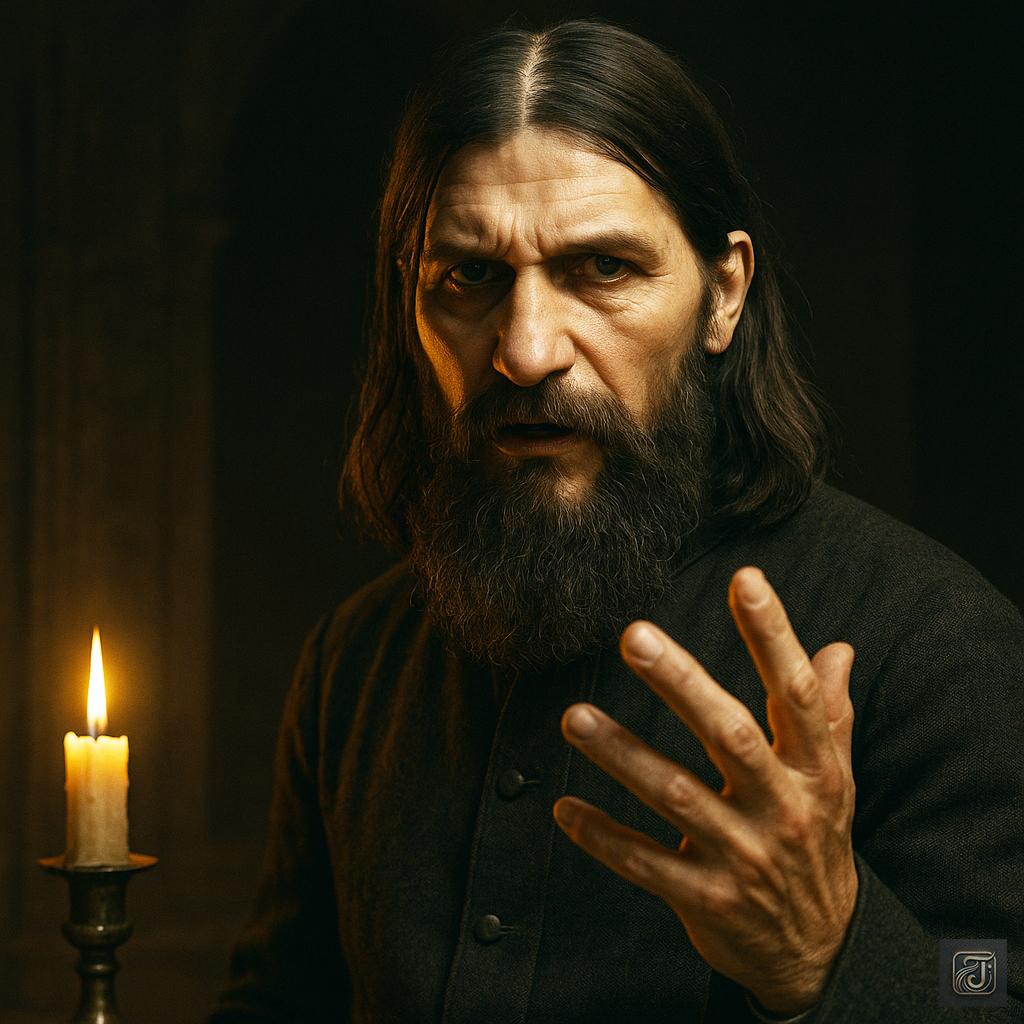
Grigori Rasputin:
“If I die, the Tsar and the Empire will fall within three months.”
It had not been a lie, nor an idle threat.
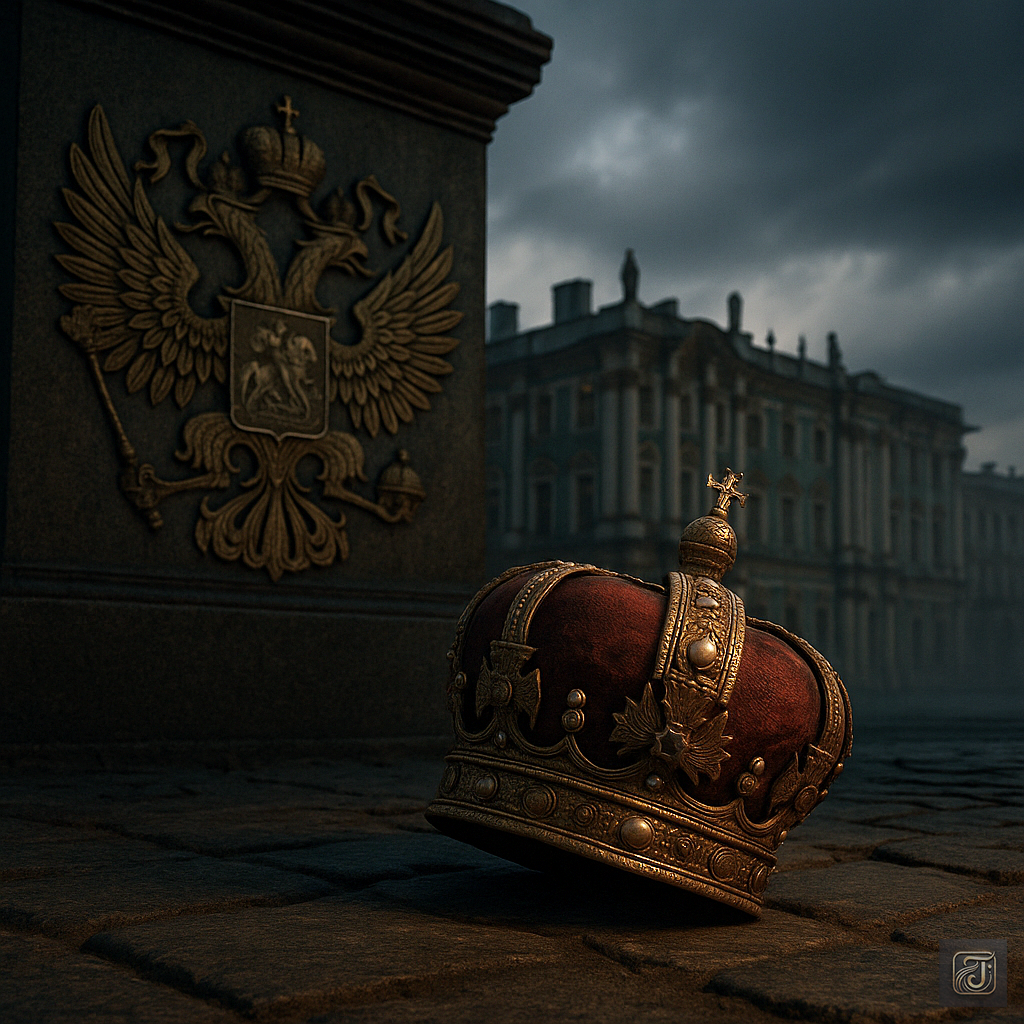
March 1917.
The end of the Russian Empire.
Nicholas II abdicated.
The Romanov dynasty, after 300 years, collapsed.
The man who had been slain “to save the royal family”—
dragged that very family down with him.
The shadow of the mad monk, sunk beneath the frozen river,
would in time pull the Empire itself into the depths.
Chapter 7: The End of a Godless Empire (1916–1918)
■ The Silence After “Death”
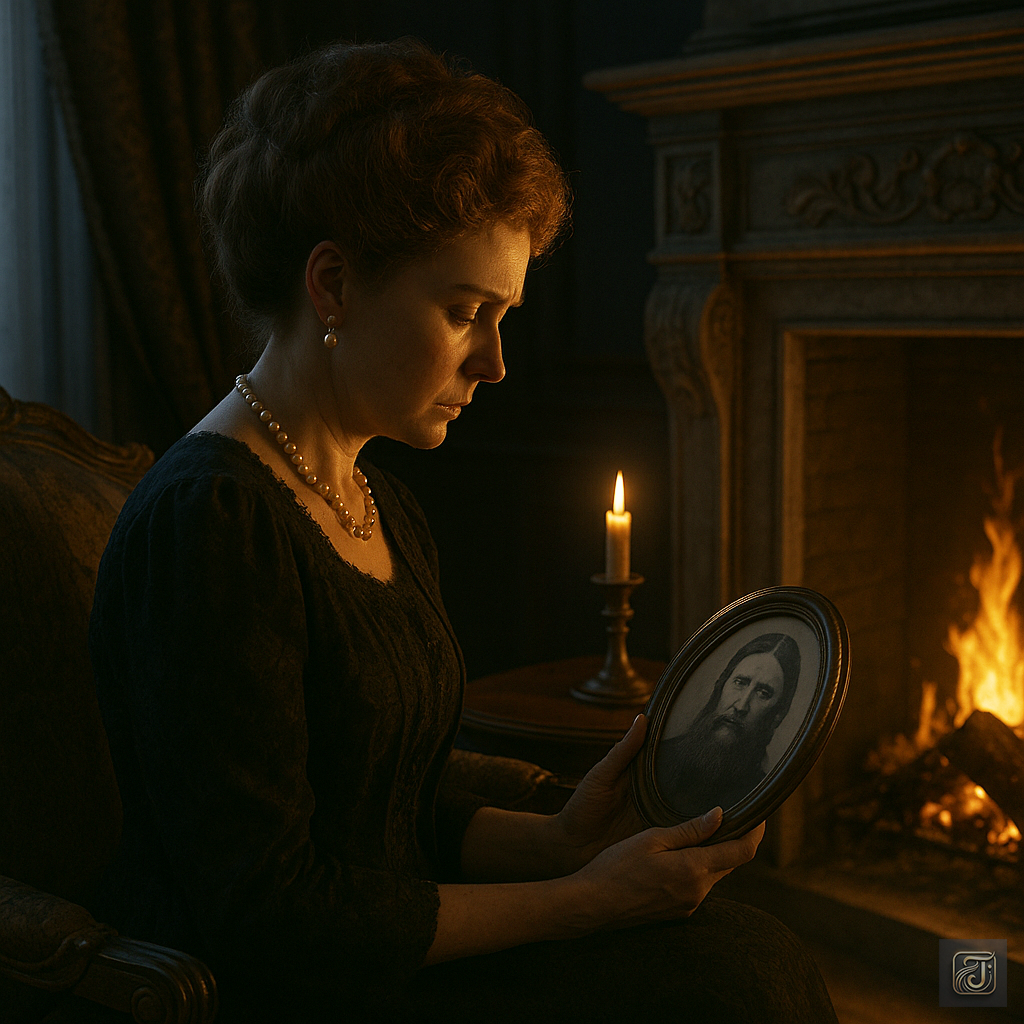
Rasputin was dead.
But it was not the end.
Rather—it was the beginning of the collapse of all things.
Empress Alexandra never again spoke his name after his burial.
And yet, not a single day passed in which she forgot him.
■ The Crumbling Empress
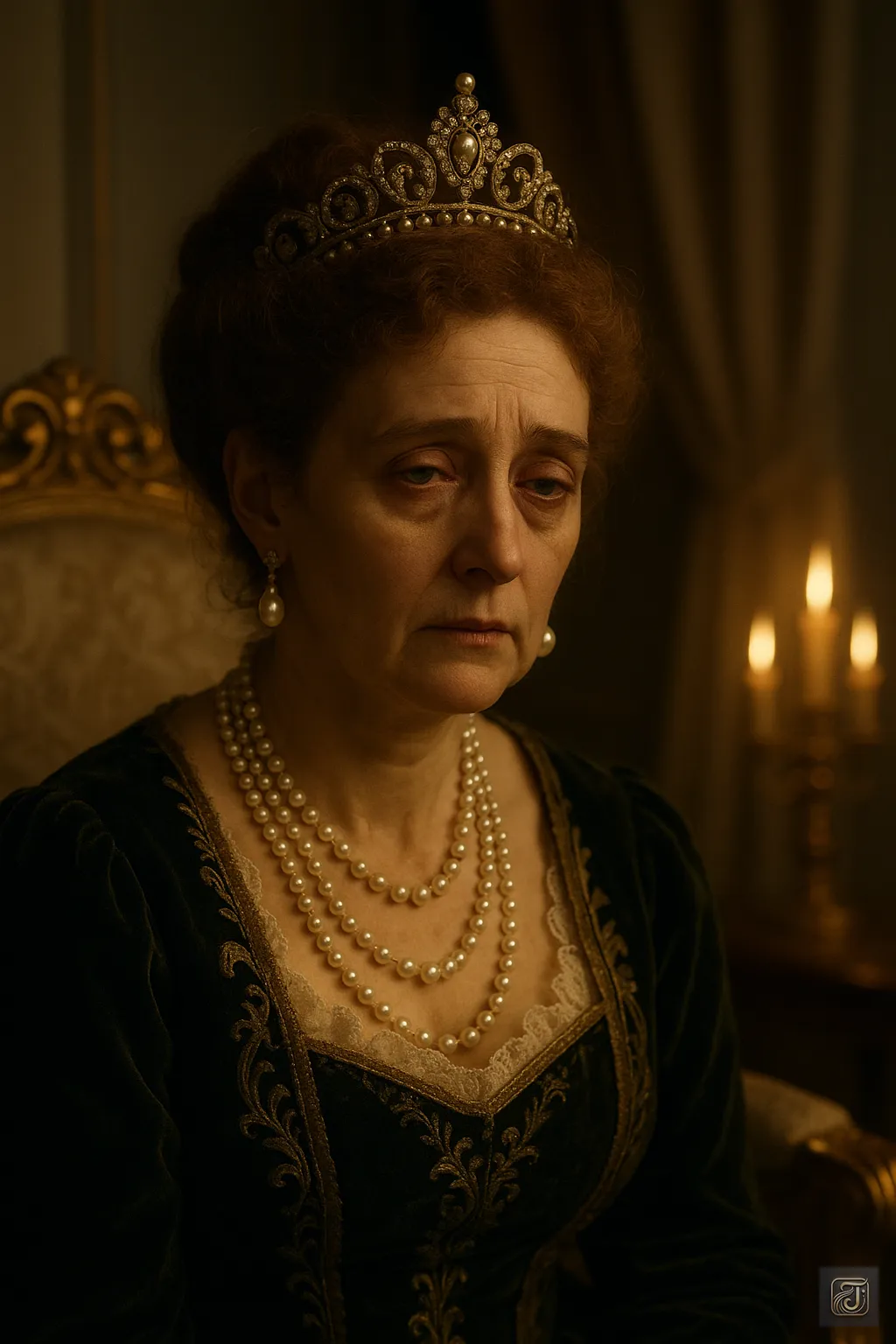
With each passing day, she grew more haggard,
the light fading from the depths of her eyes.
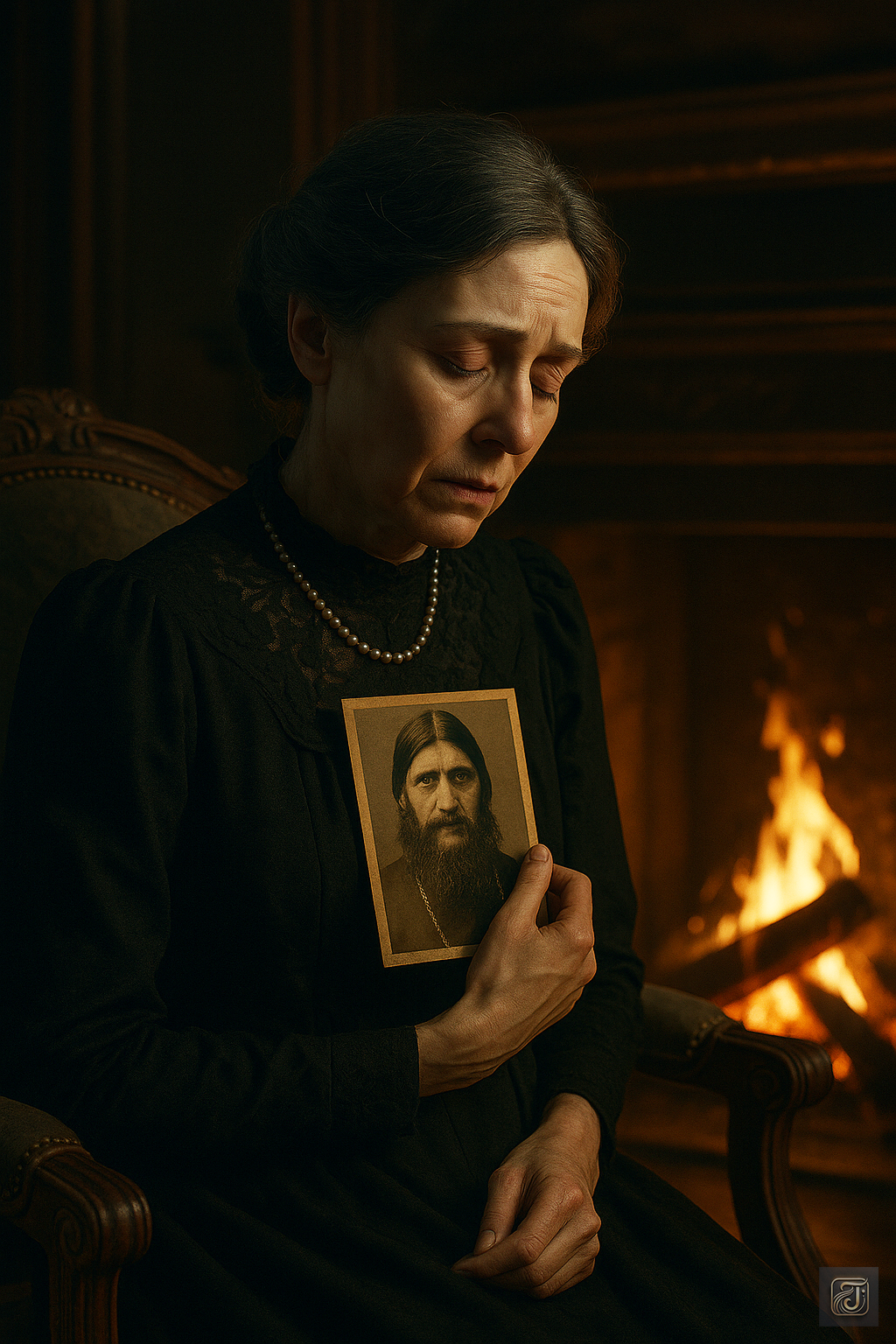
Empress Alexandra:
“He is still alive… I met him in a dream…”
“I saw the future of Russia… it was a sea of blood and fire…”
Every lady-in-waiting could see it.
The Empress would never return to reality.
At her breast, she kept his photograph.
When she closed her eyes, she seemed to hear his voice.
“…Grigori said…
‘If I die, the Empire will perish.’”
■ The Aftermath of the “Heroes”
The men who had supposedly slain the mad monk—
found no glory awaiting them.

◇ Felix Yusupov
He had expected voices of praise.
But the reaction of the people was cold.
“It was conspiracy.”
“Murder is not justice.”
“Rasputin was no demon.”
The Tsar exiled him.
A man of noble blood, immortalized not as a savior—
But as the sinner who killed a god.
Even he had not foreseen such an end.
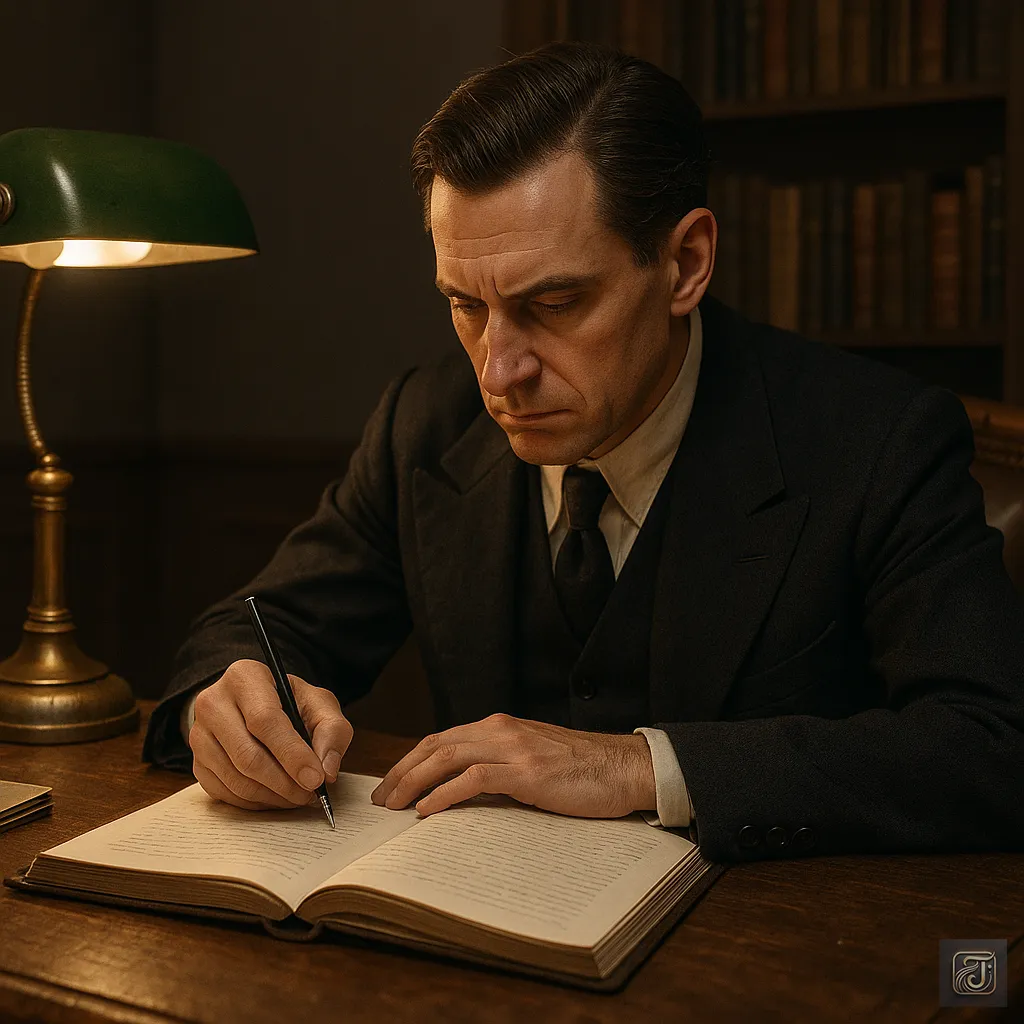
In later years, Yusupov filled his memoirs with words of justification.
“It was to save Russia.”
“To strike down the mad monk was justice.”
But—were those words truly born of pride?
Or were they the stains of an unshakable regret that haunted him each night?
Even the ink left upon the page could offer no answer to the man who wrote it.
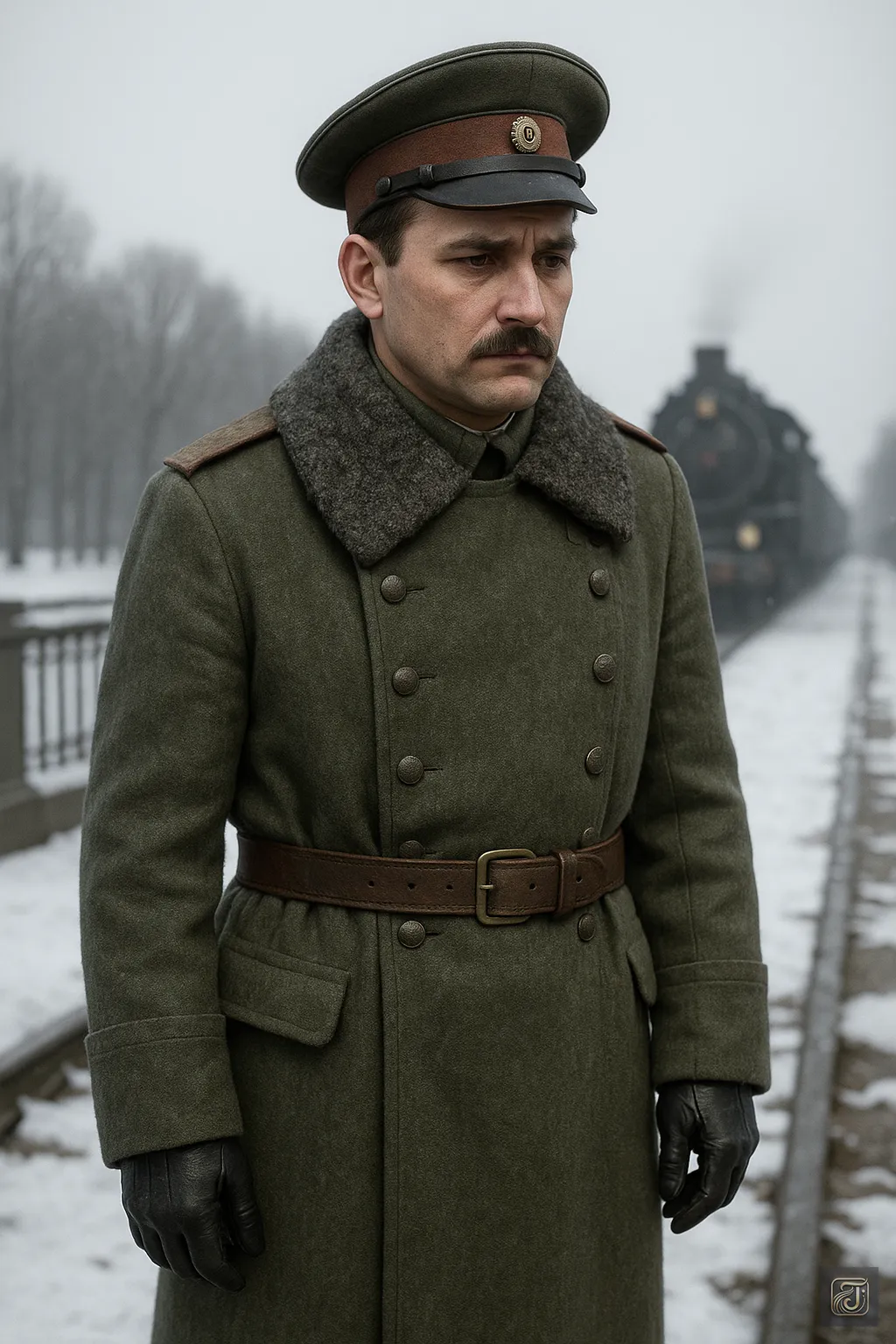
◇ Grand Duke Dmitri
He too was punished.
Though of the Emperor’s blood,
he had struck down the one the Emperor trusted most.
The Tsar exiled him, banishing him from the court.
He was sent to the front lines—
and lost any place to which he could return.
The hands that were meant to save the motherland
instead found themselves without a home within it.
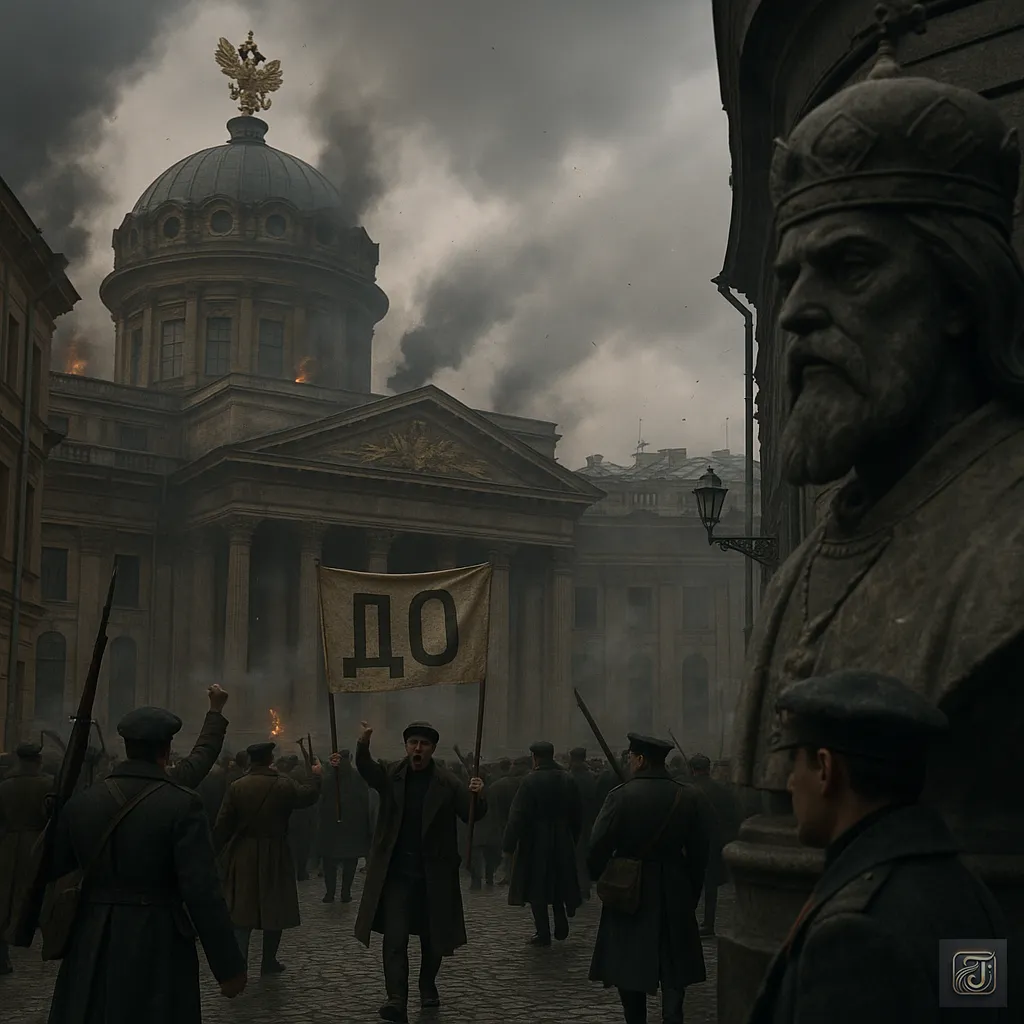
■ The Final Days of the Romanovs
March 1917.
The skies over Petrograd sank into leaden gray,
and what echoed through the city was not prayer, but furious shouts.
Food was gone, soldiers starved,
and no one obeyed the Tsar’s commands any longer.
Nicholas II was forced to abdicate.
What was meant to be a deed of honor bound the conspirators instead as “sinners who killed a god.”
The Romanov dynasty—
three hundred years of rule—fell into its grave.
And everyone felt the bitter irony.
Those who had slain Rasputin “to save the royal family”
witnessed that very family sink into ruin with him.
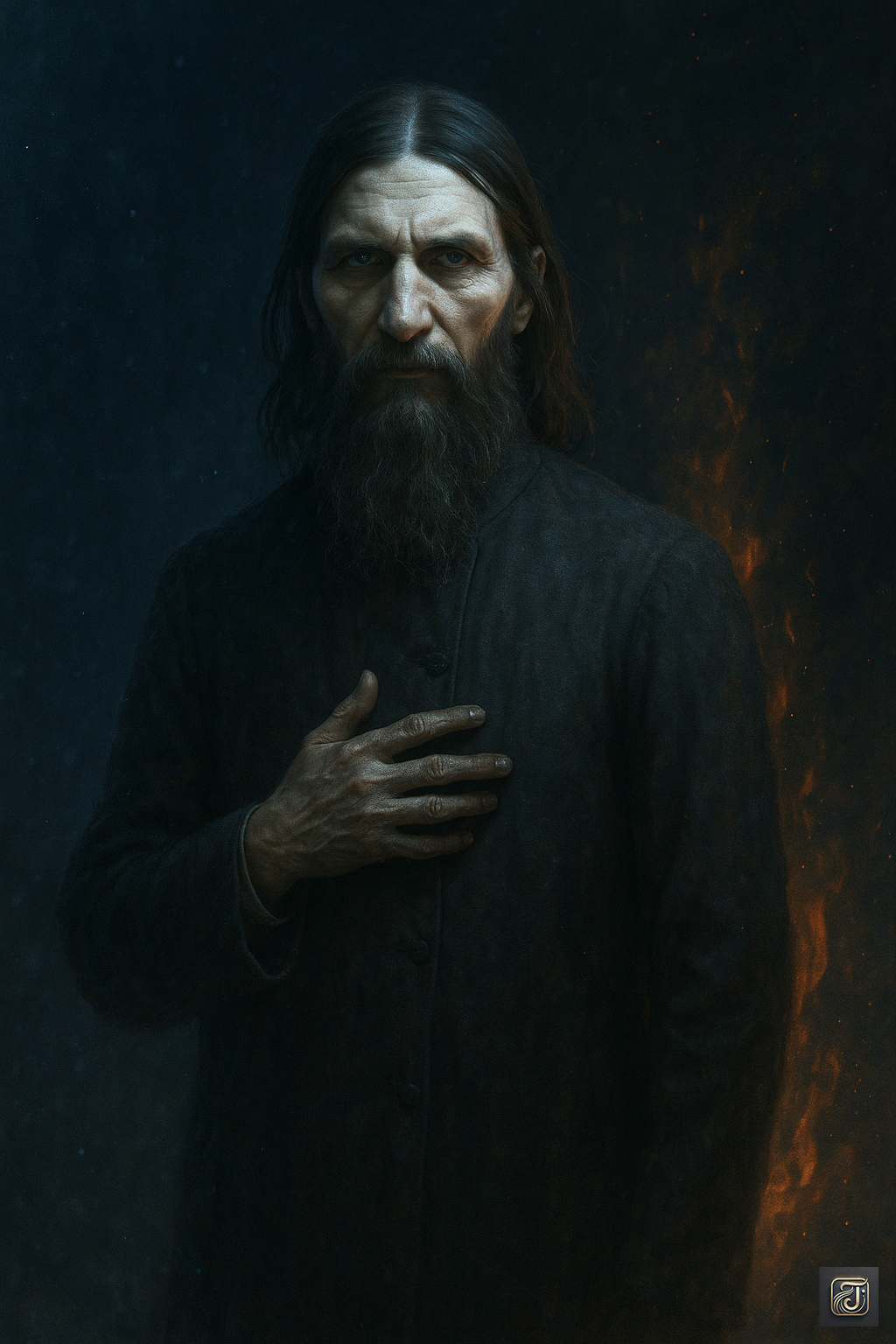
■ The Phantom Named Rasputin
Even a century after his death, his name has not faded.
In films, in music, in conspiracy theories—
His story is retold, reshaped, and never forgotten.
A man whom poison could not kill,
whom bullets, clubs, nor the frozen river could not bring down.
His existence now borders closer to myth than to history.
“He was a saint.”
“No, he was a demon.”
“The last mystic of Russia.”
No matter who speaks, no verdict holds.
And it is for that very reason—he remains a legend.

■ Rasputin’s Words
He is said to have once spoken these words:
“I am Russia’s mirror.
If you turn away from me,
you turn away from everything that lies within Russia itself.”
He was Russia incarnate.
Faith and madness.
Love and ruin.
Salvation and violence.
Hope and despair.
A man who bore within himself all those contradictions and chaos—
and still stood unyielding.
His name—Grigori Efimovich Rasputin.
🖋 Afterword
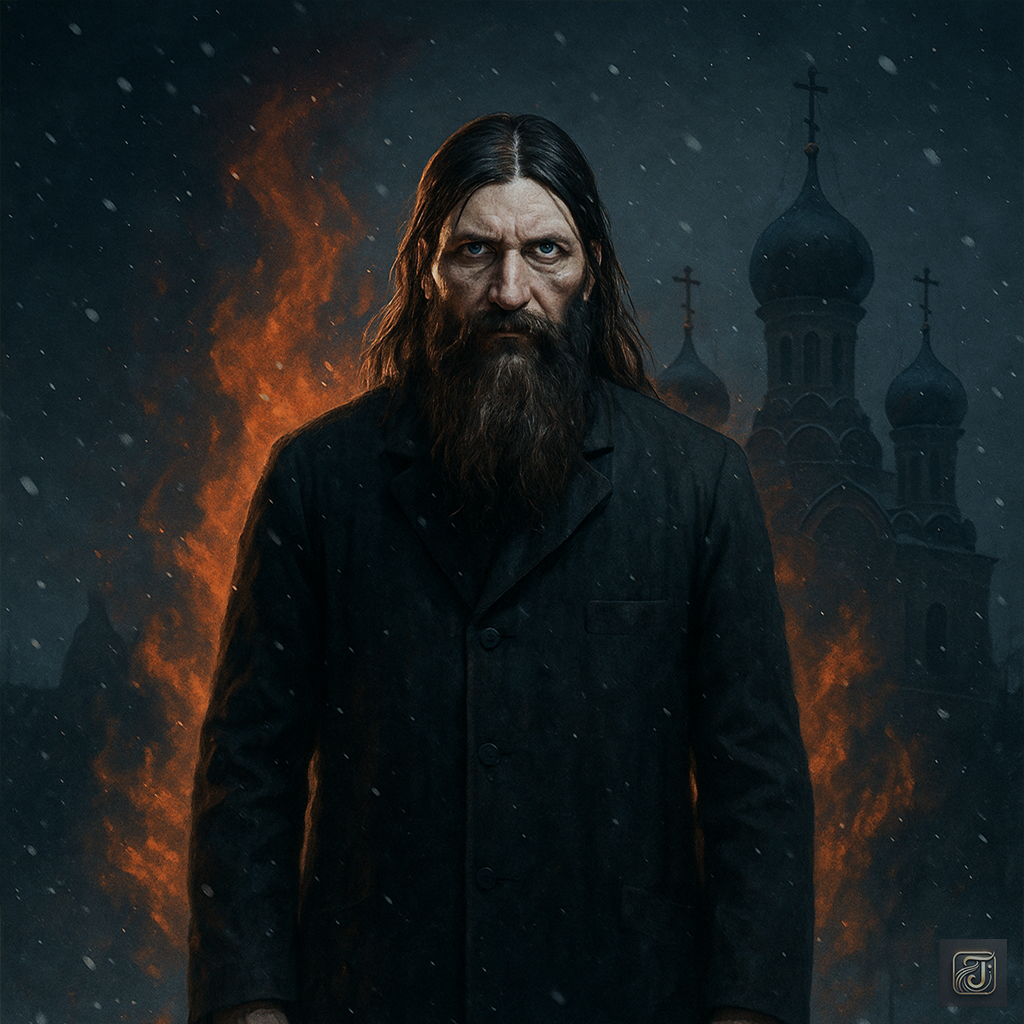
― The Monster Was Indeed There ―
Grigori Efimovich Rasputin.
A man who was poisoned, shot, beaten with clubs,
and still kept moving—
only to be cast into the river, where at last he drowned.
This story has traced his uncanny life,
wandering the border between legend and history.
But I do not wish my readers to understand him.
Still less do I wish them to sympathize with him.
He was a monster.
And it was precisely that monstrousness which drew people to him,
made them kneel, corroded the Empire,
and in the end, helped drag the Empire itself into ruin.
What matters is not that the monster appeared—
but that there were people who believed in him.
Faith, loneliness, desire, ambition, fear—
all these human impulses gathered into the vessel named Rasputin.
And by then, it was too late.
Through this tale, I do not intend to teach.
Nor do I intend to pose questions.
I only wished to record that, in the margins of history,
there once truly existed something inhuman.
It is impossible to fully understand the man called Rasputin.
Yet it cannot be denied that his presence
exposed both the shadows of his era
and the void within the human heart.
His story is no longer just a legend.
It is, undeniably, a cold, damp reality left behind in history.
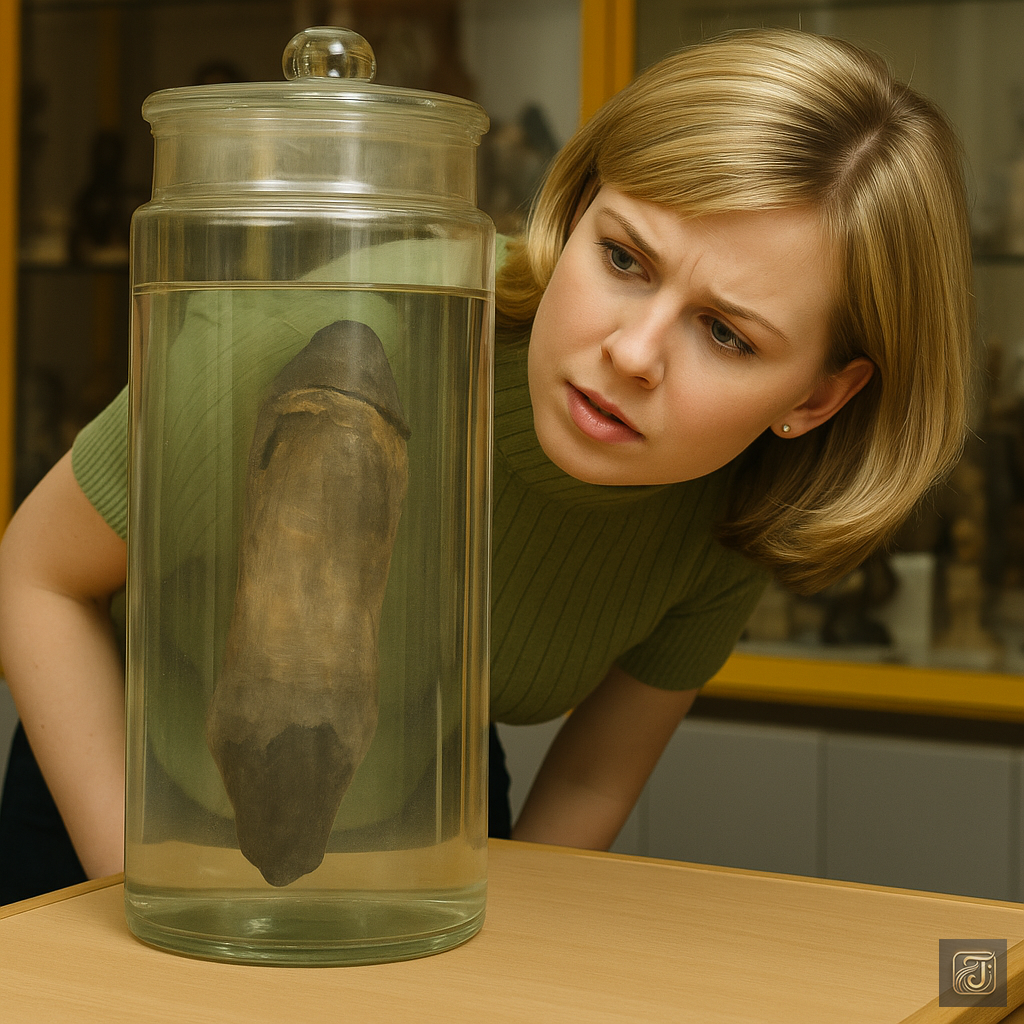
And, in a bitter twist of irony—
The “legend of the monster” did not end with his death.
In a museum in St. Petersburg, there is still displayed what is claimed to be Rasputin’s preserved member.
Whether it is genuine or not remains a matter of debate,
but its very presence as an exhibit is proof enough:
The figure of Rasputin continues to command the imagination of people even now.
Thank you for reading to the very end.

Author Fuji

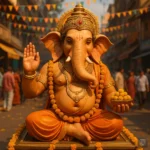
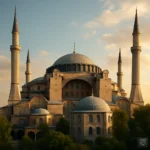
Comment